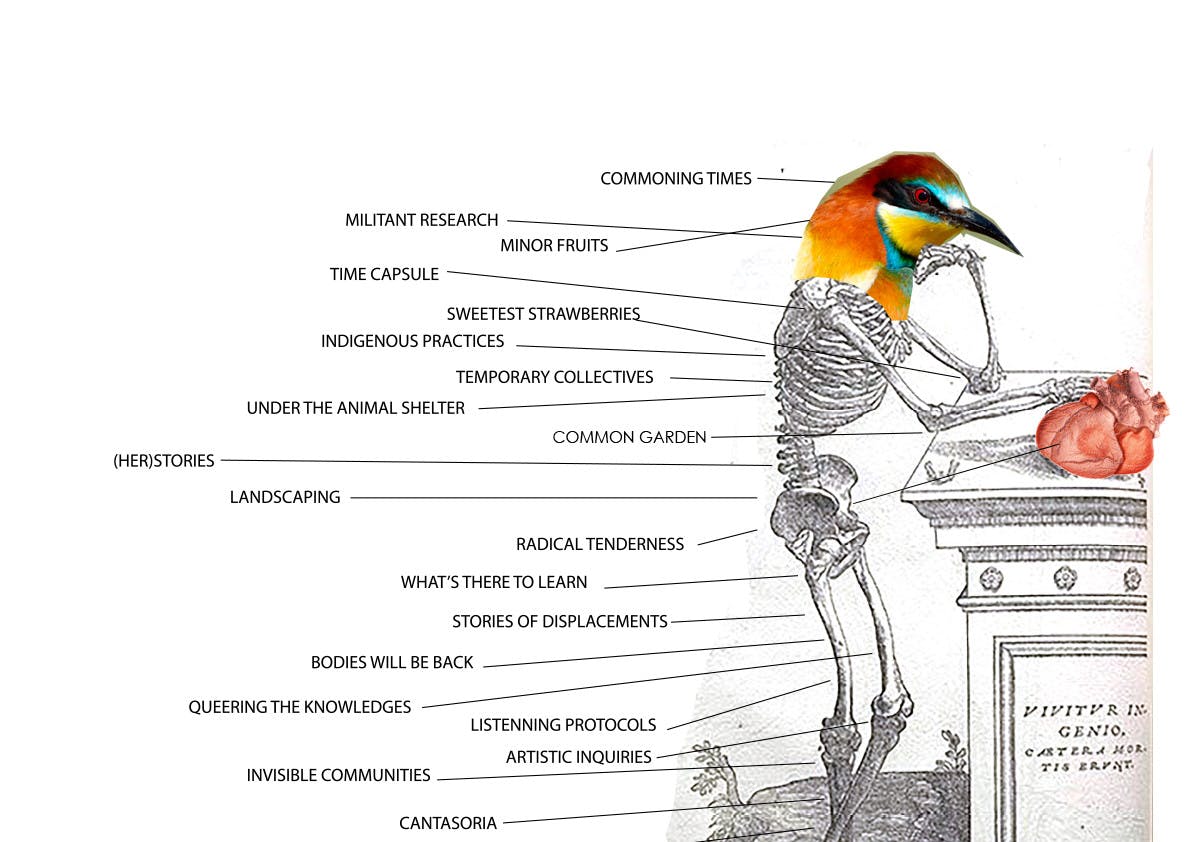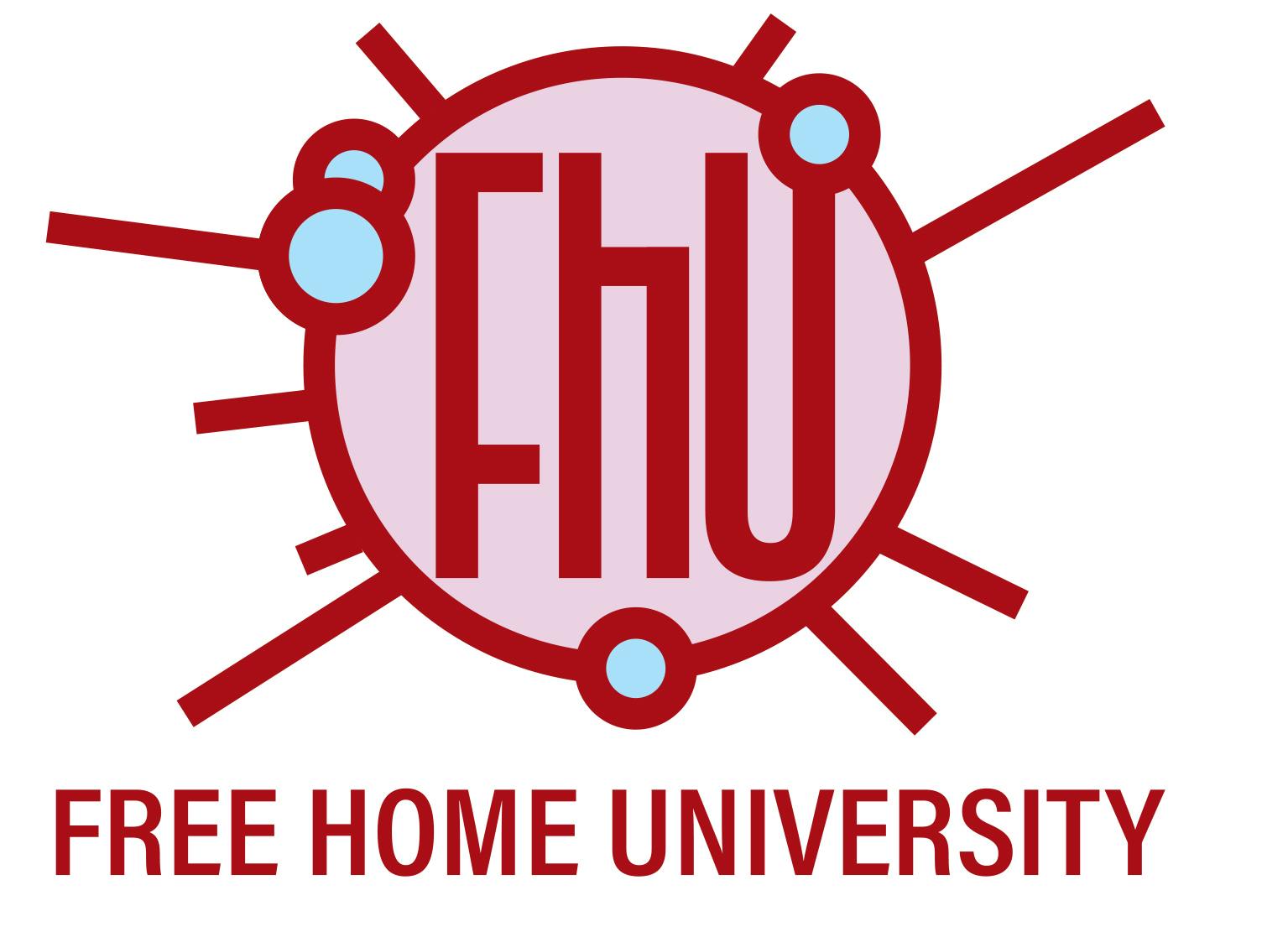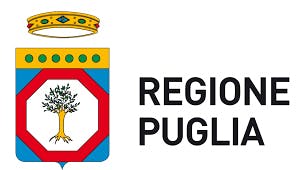EL MÚCARO A LO LEJOS program for MATERIA ABIERTA, MEXICO
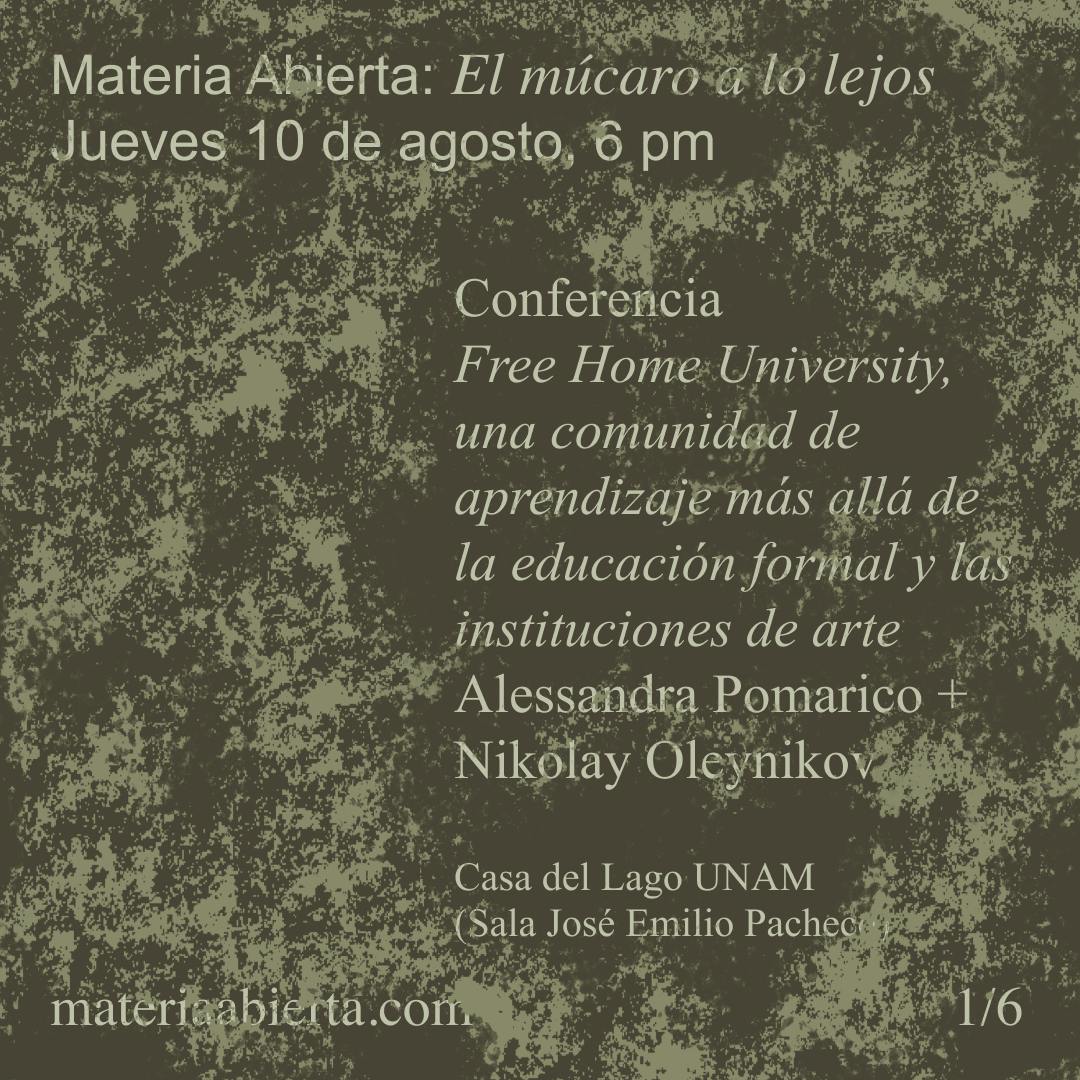
Alessandra along with Elliot Perkins of Ultra-red will part in the learning program EL MÚCARO A LO LEJOS curated by Jorge González Santos that includes also Ochy Curiel, Akire Huauhtli, Engel Leonardo, Escuela de Oficios, Suely Rolnik, Awilda Sterling-Duprey, Ber Zabalaga.
Alessandra and Elliot came up with the proposal of four sessions of listening protocols under the title
What Is the Sound of Contested Space? A Sound Investigation in Four Parts
On August 10, Alessandra will give a public talk on the experiences of Free Home University.
EL MÚCARO A LO LEJOS
Under the title El múcaro a lo lejos, the 2023 edition of Materia Abierta is curated by artist Jorge González Santos, and it will take place in Mexico City from July 31 to August 26. The program is developed with the support of Universidad Nacional Autónoma de México (UNAM) in coordination with Cultura UNAM, Casa del Lago UNAM, Cátedra Extraordinaria Max Aub, Transdisciplina en Arte y Tecnología, and Museo Tamayo.
This year’s program seeks to interweave ritual practices, memory construction, and material cultures, assembling knowledge from different locations in the Caribbean considered essential to resignifying the political potential of aesthetic instruments and ancestral knowledge. Calling upon the ancient chant of the múcaro, a small bird endemic to Borikén, the program will be a gathering to interiorize and collectivize the act of listening between shared resonance and murmurs.
COUNTER PEDAGOGIES
Materia Abierta provides a space for autonomous learning that aims to foster the socialization of knowledge from action, the mobilization of political will, and the ritualization of critical thinking based on collective principles. It is a sustained exercise that acknowledges all the summoned forces to make sharing and learning possible.
The program is reshaped each year, generating a gathering around common motivations. For the first time, some of this summer’s activities will take place in our own space, which will be modified by the participants to enable the dynamics of day-to-day cooperation. Our intention is to adapt working models to sustain contexts of solidarity and accountability.
This year's edition has been planned with the objective to build critical intimacy and inquiring affectivity. Participants will work on an artistic or research project in its early stages of development, which will be a point of departure to amplify personal explorations, instigate collaborations, and generate dialogue within the group. Presentations will be coordinated to socialize these processes with the extended community of Materia Abierta, composed of peers, friends, and neighbors.
PROGRAM
El múcaro a lo lejos refers to an ancestral chant from Borikén that survives deep in the mountains, in a constant murmur of sunrise and sunset. Its whistle is confused with a sustained vibration in the deep density of the forest. Invoking the mysteries of this chant, we will affirm the force that sound and its vibrations have on the web of life. The 2023 Materia Abierta program will be a space for learning and collective care, determining the will to internalize as a first act of listening. It will be a fabric of relationships formed from the principles of generosity, affectivity, vindication, and self-sufficiency.
Following principles proposed by Escuela de Oficios, a project for learning developed by artist Jorge González Santos in collaboration with various communities, this edition of Materia Abierta will focus on work based on ancestral and collective techniques. Through different theoretical and practical activities, a diverse group of artists, thinkers, healers, and artisans will exchange knowledge related to material trades understood as the intersection of multiple knowledge systems that go beyond the techniques themselves. From there, we will approach the daily politics of materialities as expressions of complicity, by mutually learning different trades and establishing community regeneration processes.
Alessandra is on her research visit in Mexico supported by Italian Council (2022), the Directorate-General for Contemporary Creativity and the Italian
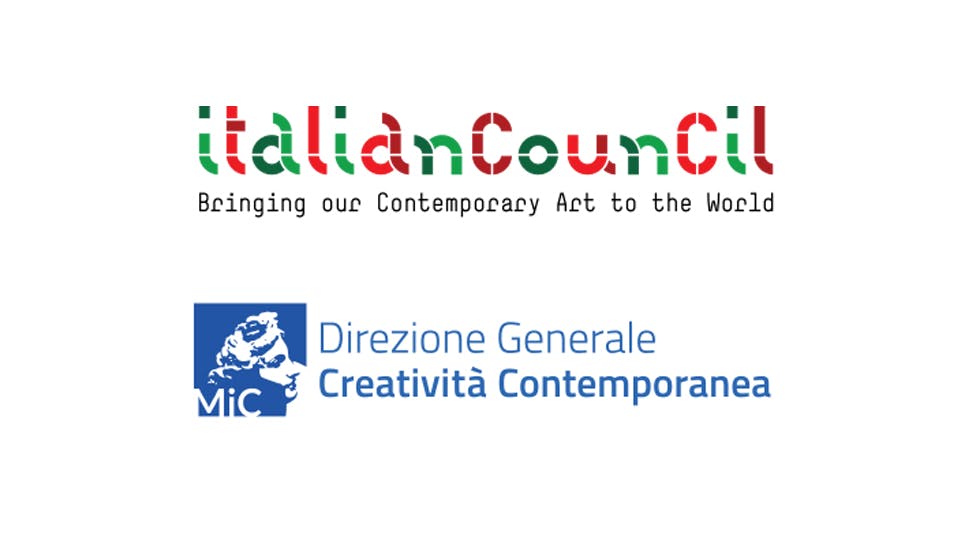
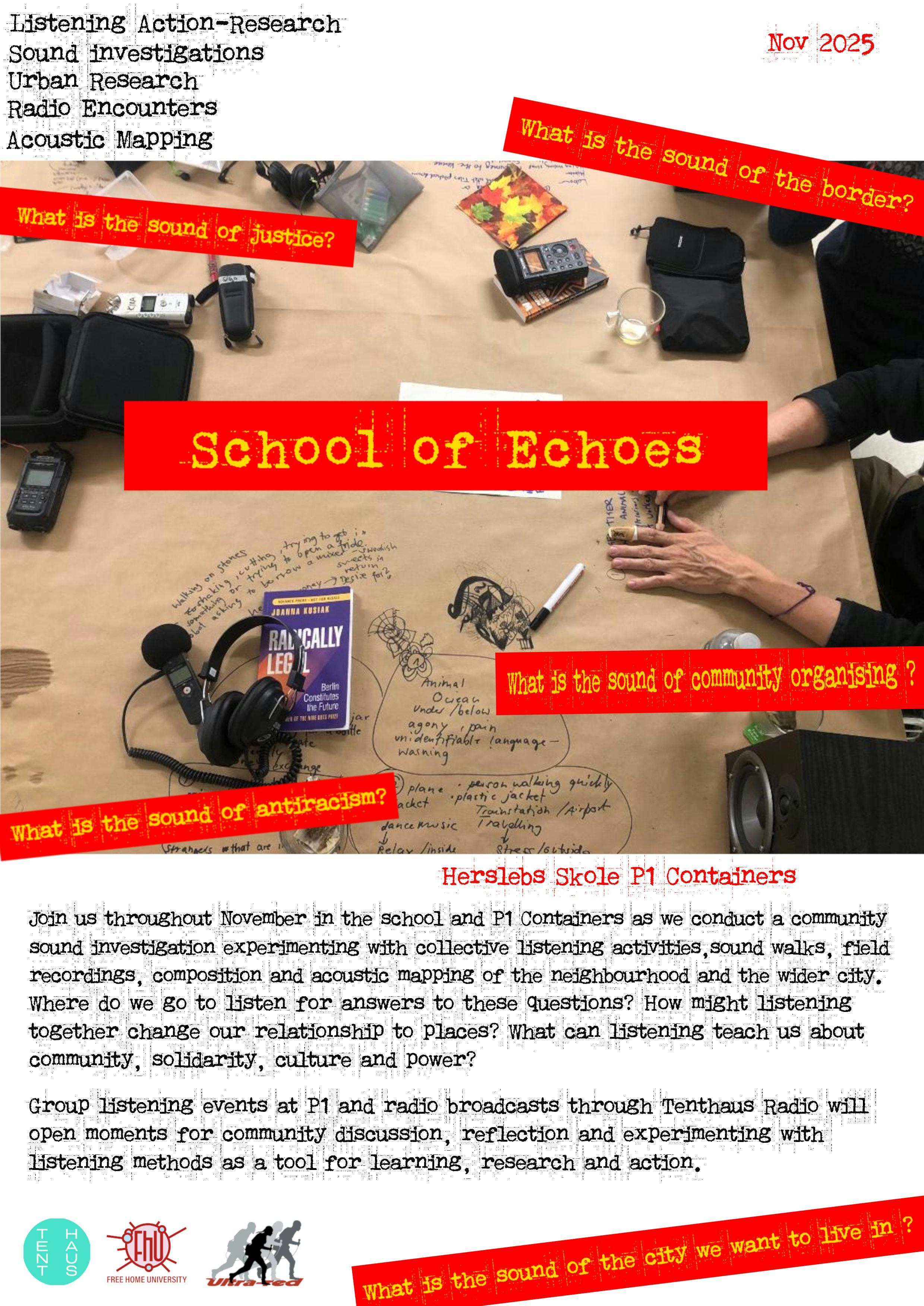
School of Echoes @ TentHouse, Oslo
FHU in residency in Norway
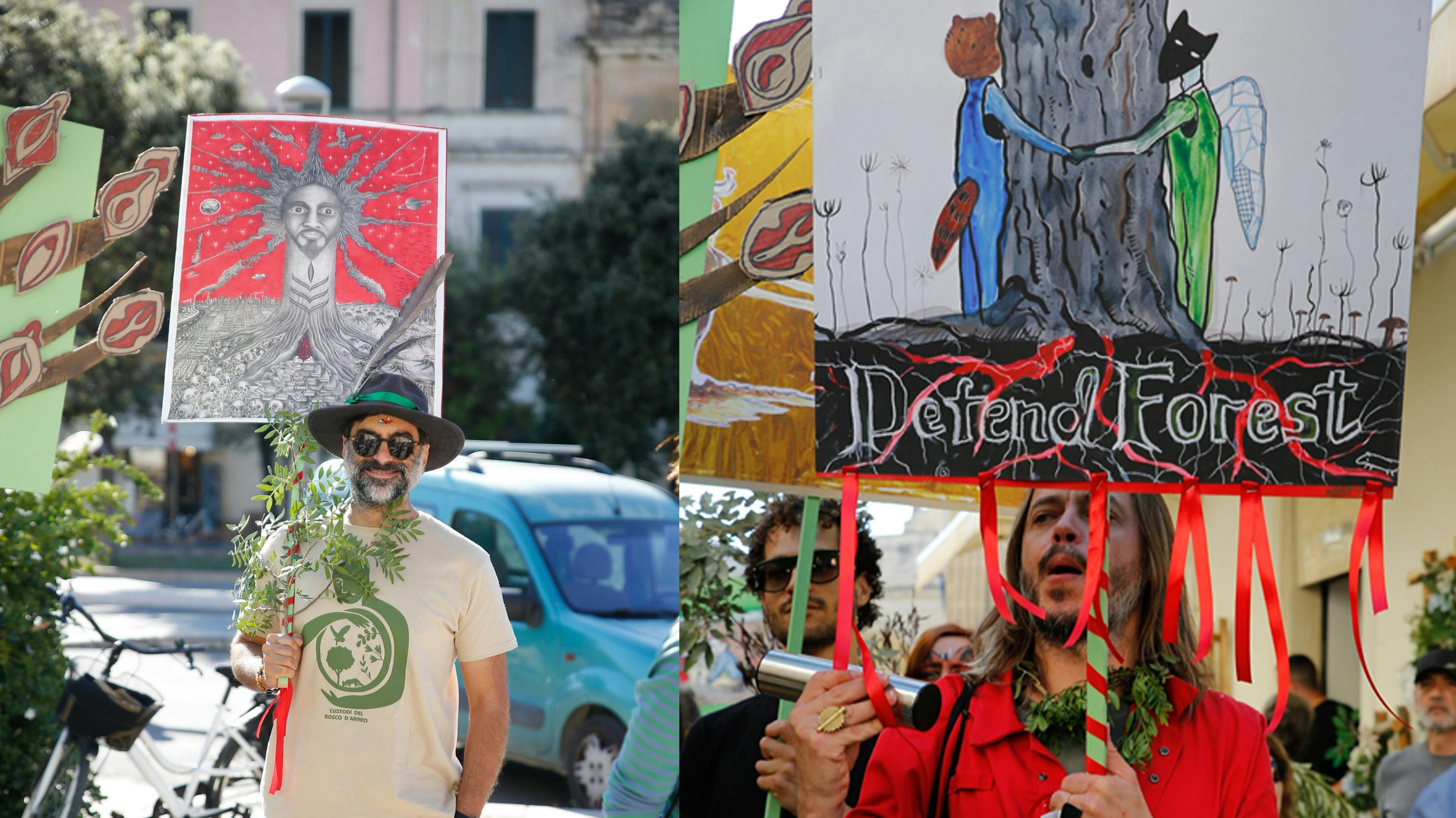
What role can art play in political activism? @ Museum Tinguely, Basel
Thursday, 4 December 2025, 7:30 pm
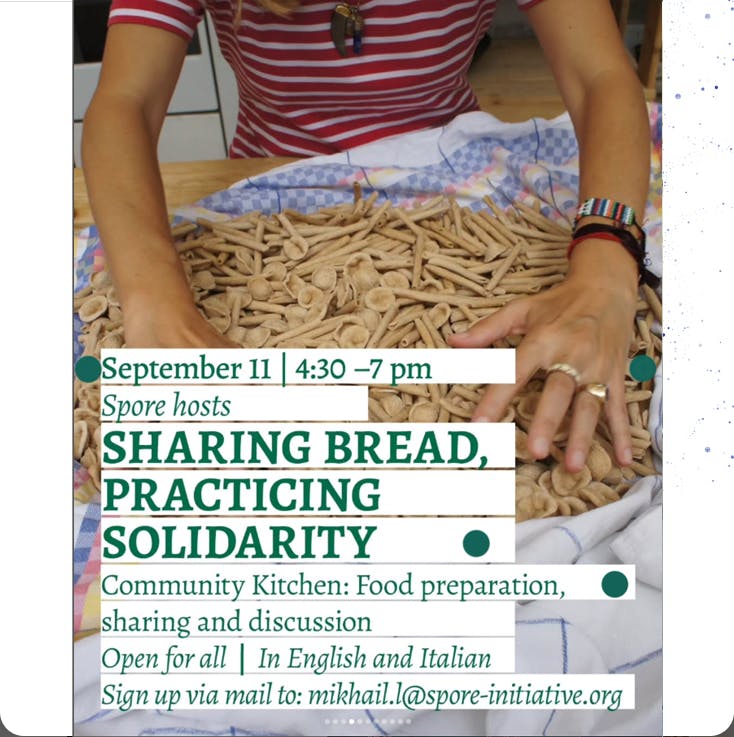
SHARING BRED, PRACTCING SOLIDARITY @ Spore initiative, Berlin
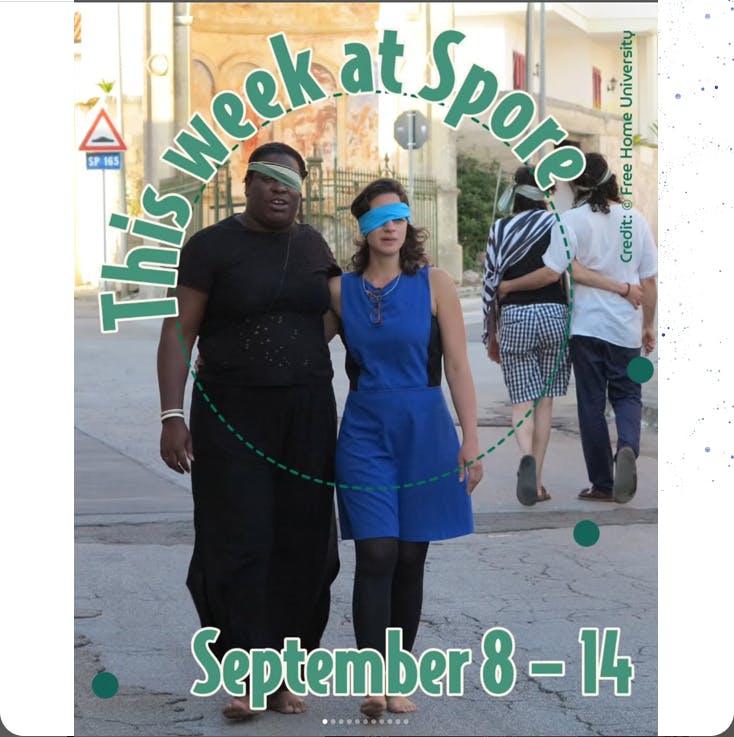
IN THE CRACKS of LEARNINGS @ Spore Initiative, Berlin
announcement
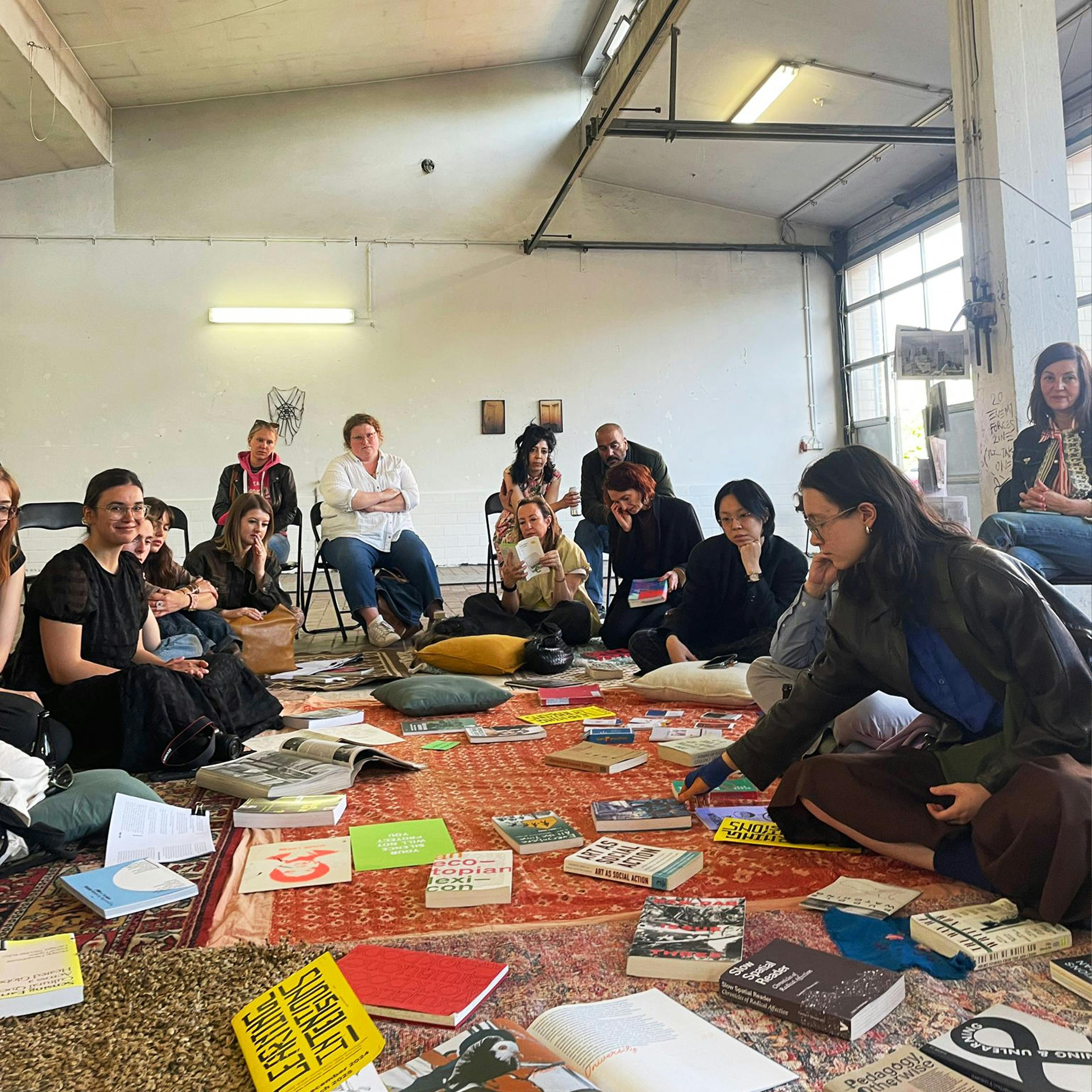
(Dis)Organizing Otherwise@Bard College Berlin
Free Home's Drifting Library at Bard College Berlin convened and carefully curated by Elisa R. Linn took place on May 9.
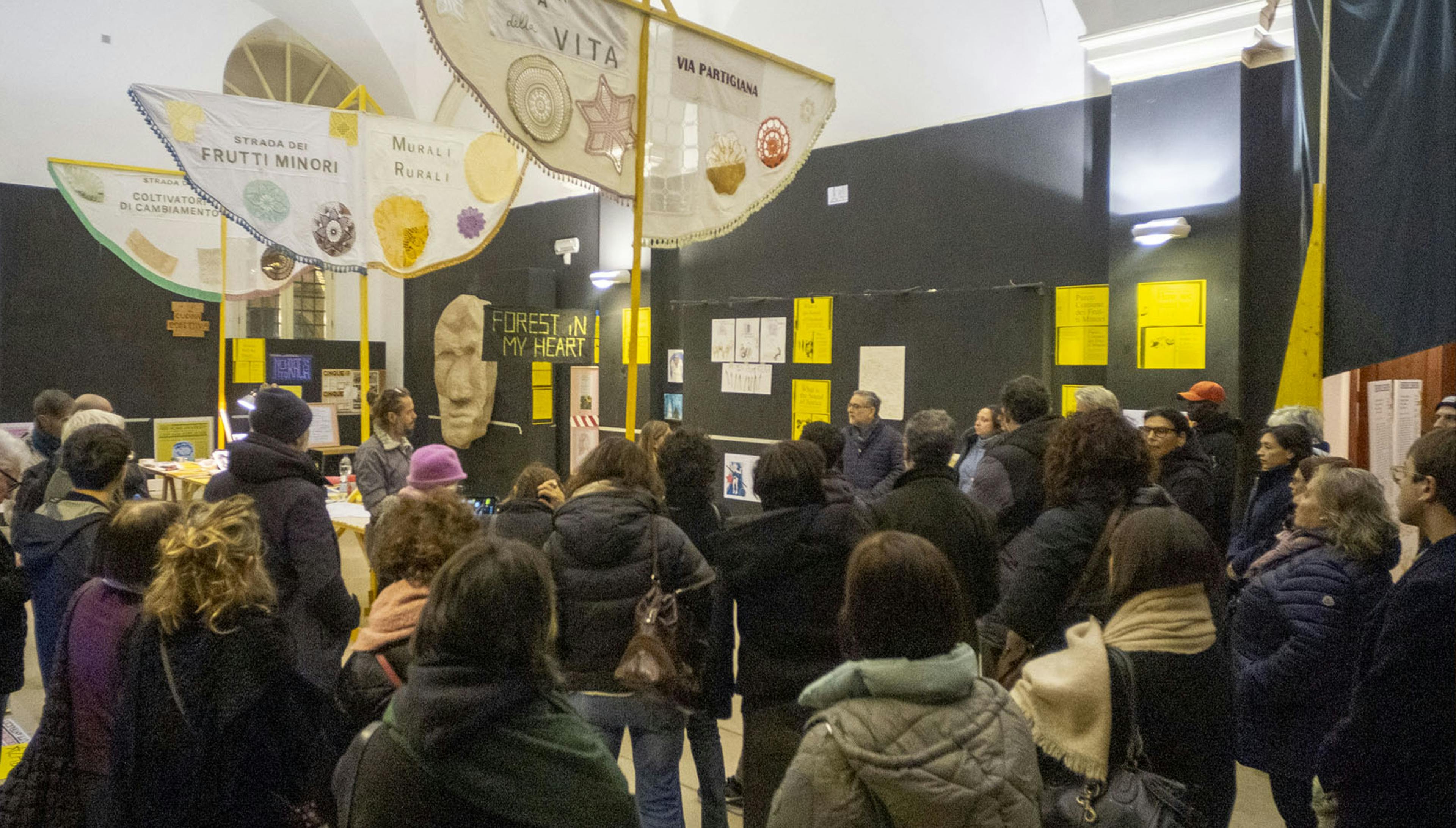
LEARNING INTENTIONS / LEARNING IN TENSIONS an exhibition @ San Francesco della Scarpa, Lecce
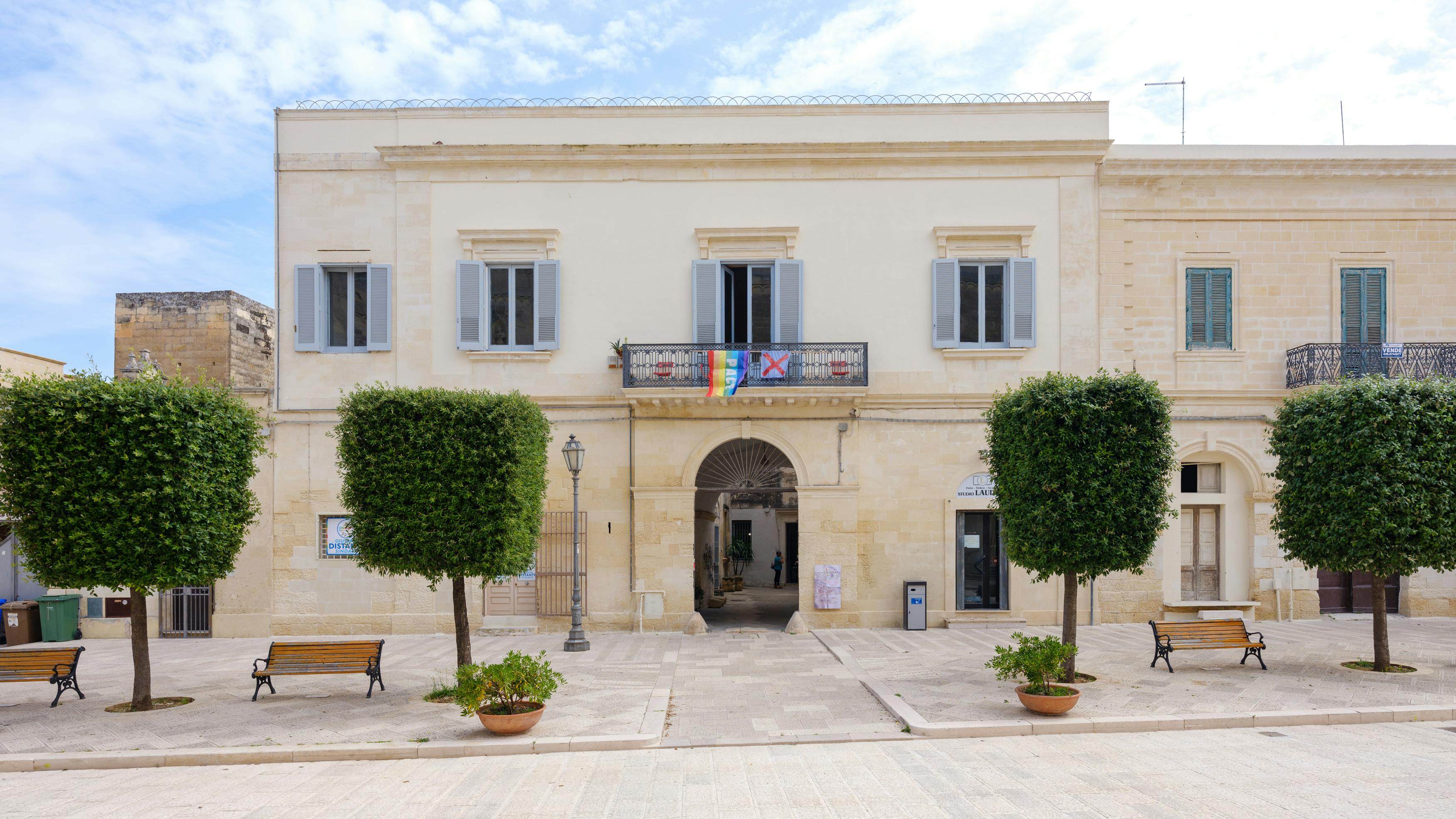
Simultaneous Arrivals in Residence at LoopHouse
Art Residency in San Cesario for a group of sound- and visual artists, scientists, and architects
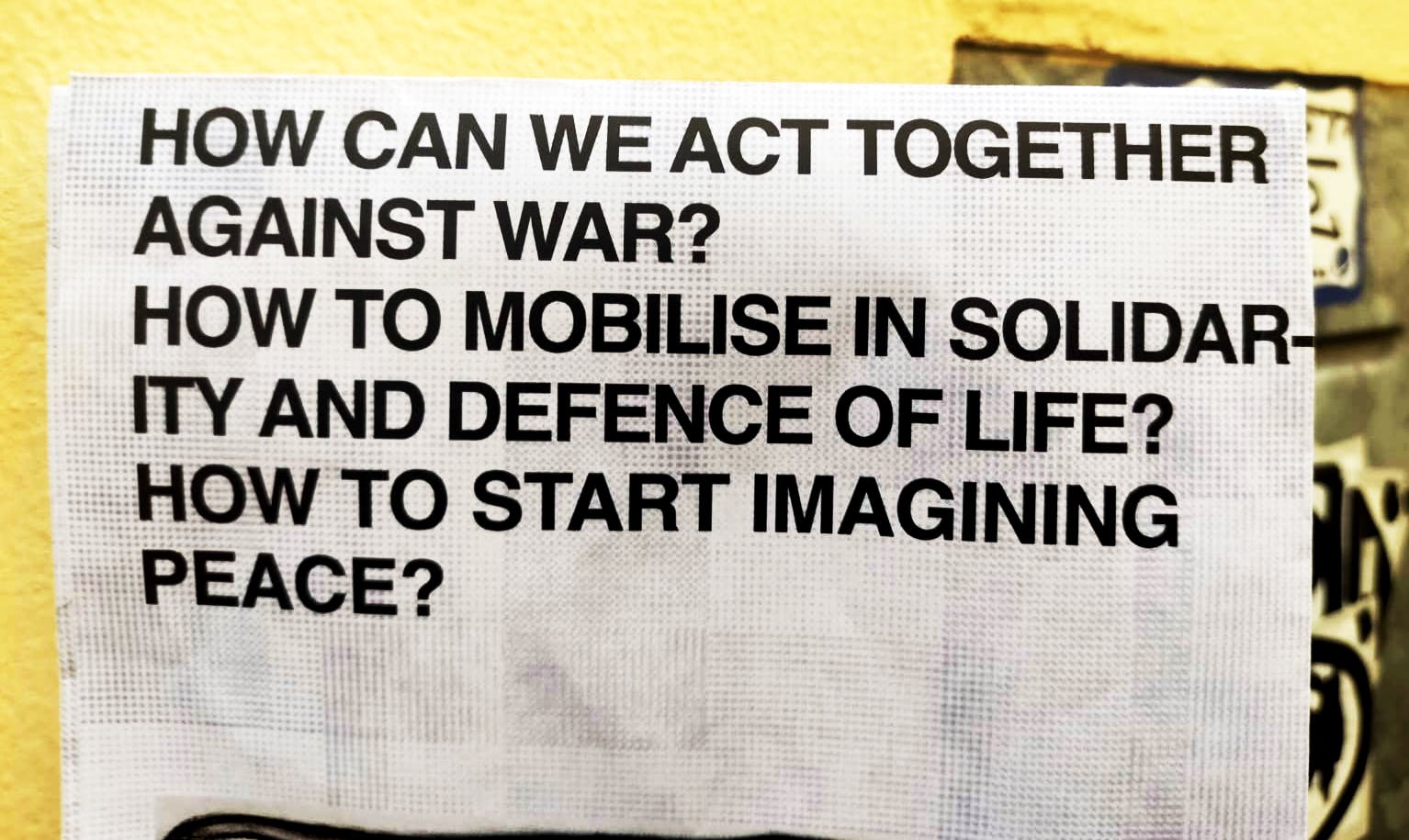
ASSEMBLY Against War in the Midst @ArsElectronica, Linz
World Artists' Agency Against War | KunstUni
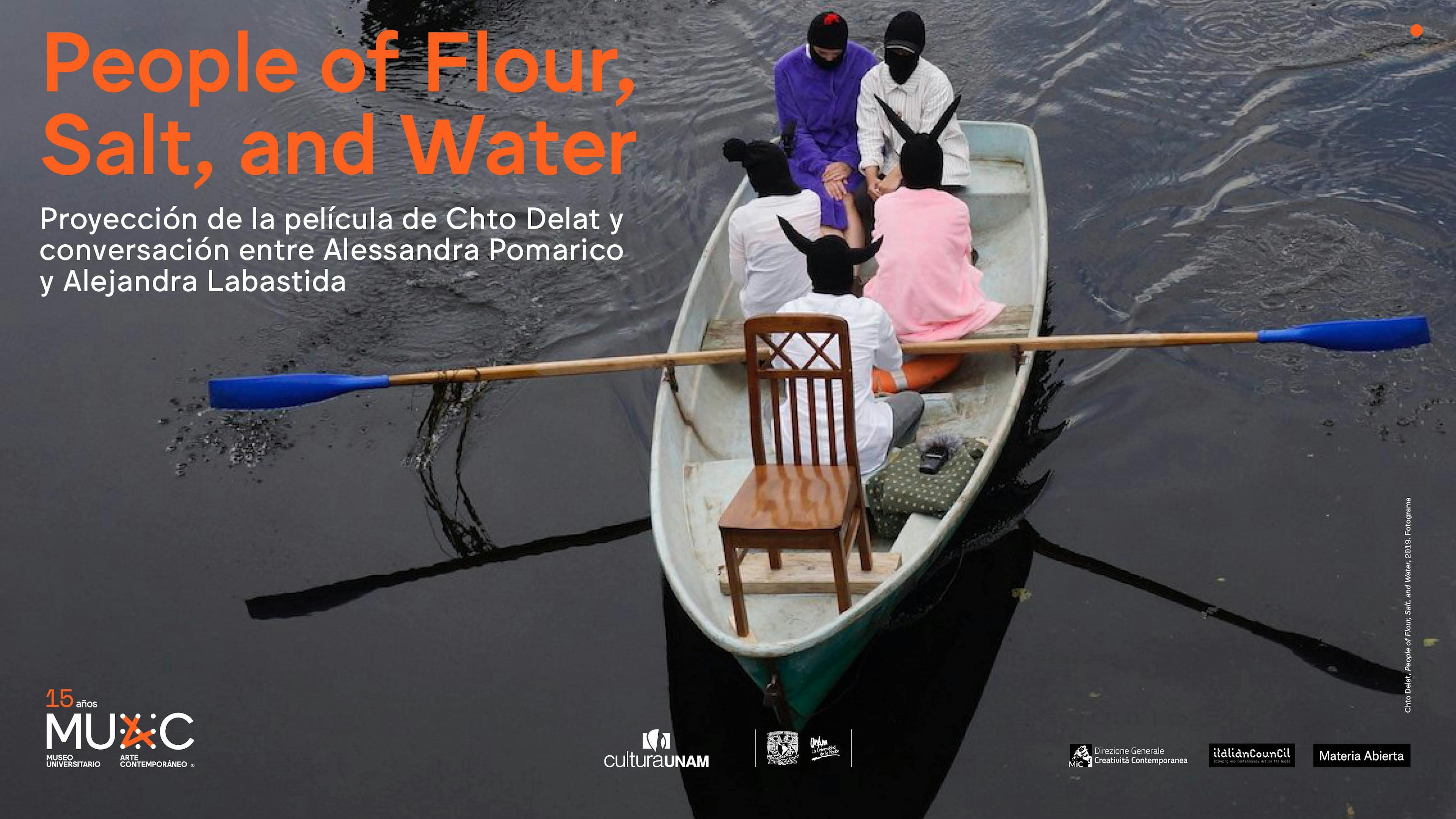
People of Flour, Salt, and Water @MUAC, MEXICO
Film Screening + Public Talk \w Alejandra Labastida & Alessandra Pomarico

EL MÚCARO A LO LEJOS program for MATERIA ABIERTA, MEXICO
What Is the Sound of Contested Space?
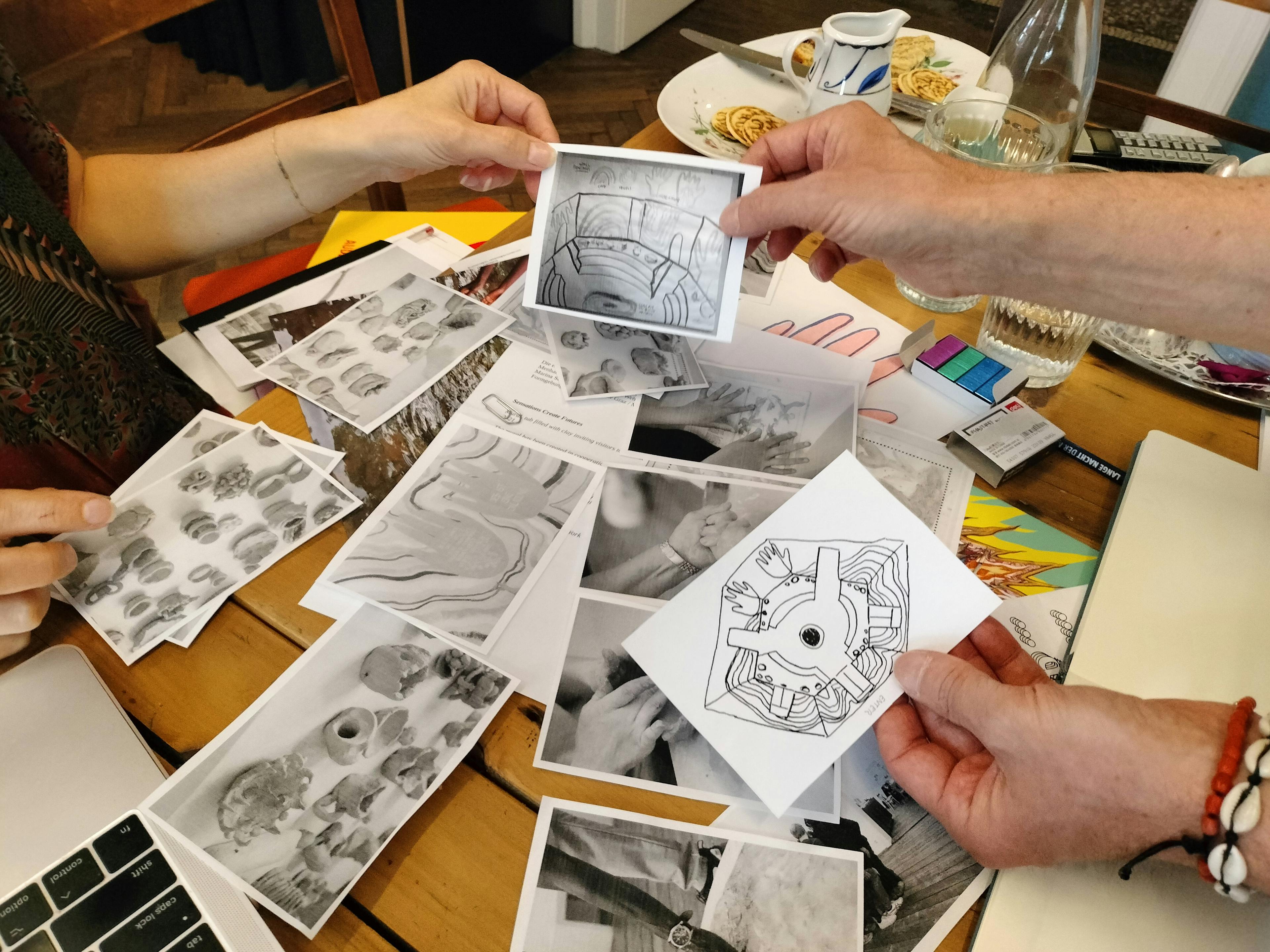
School of the WE | Editorial Meeting @ <rotor>, Graz
June 23-25
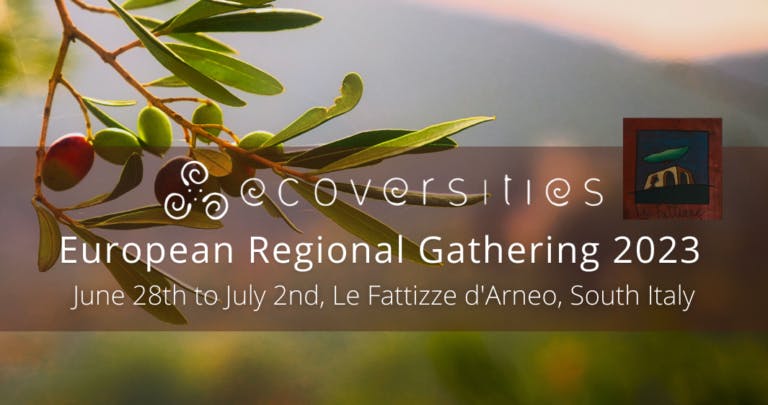
Ecoversities Gathering | Regione Europae | chapter 2
Le Fattize d'Arneo, Salento
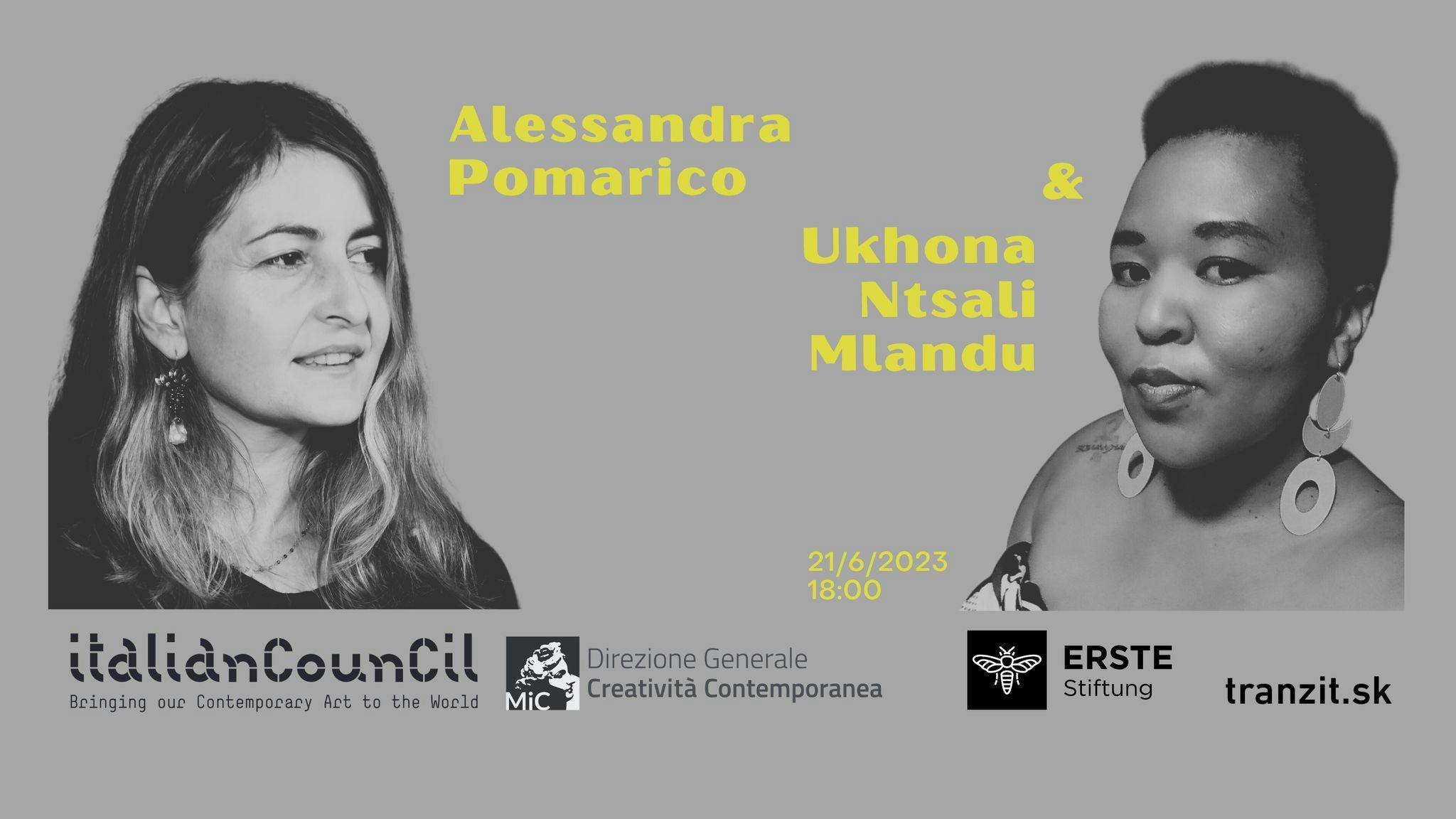
CURATORIAL PRACTICES at the INTERSECTION of COMMUNITY BUILDING, LEARNING PROCESSES, and POLITICS of EVERYDAY LIFE @tranzit.sk
a conversation between curators Ukhona Ntsali Mlandu and Alessandra Pomarico
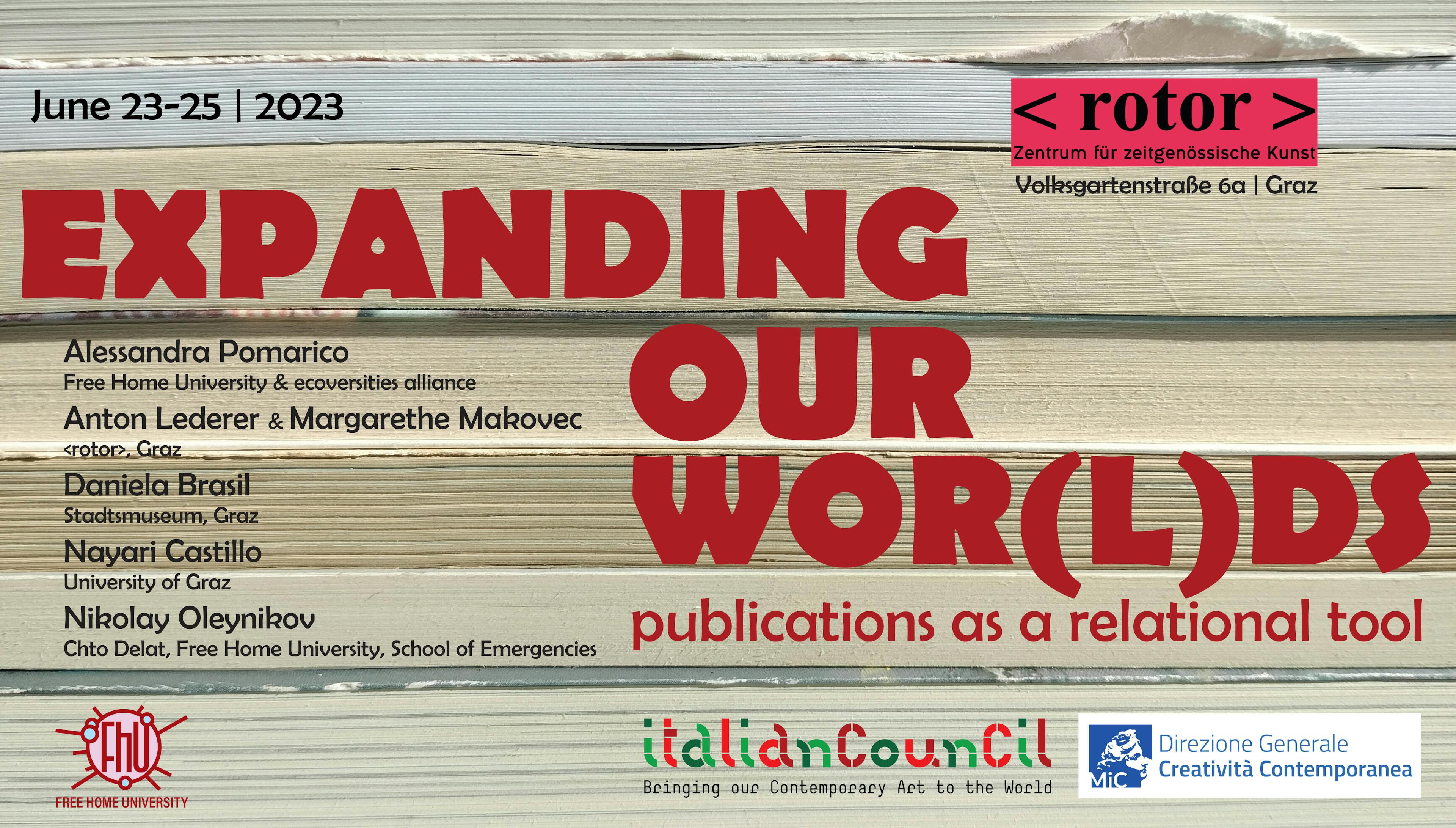
Expanding Our Wor(L)ds @ <rotor>, Graz
series of events with Alessandra Pomarico
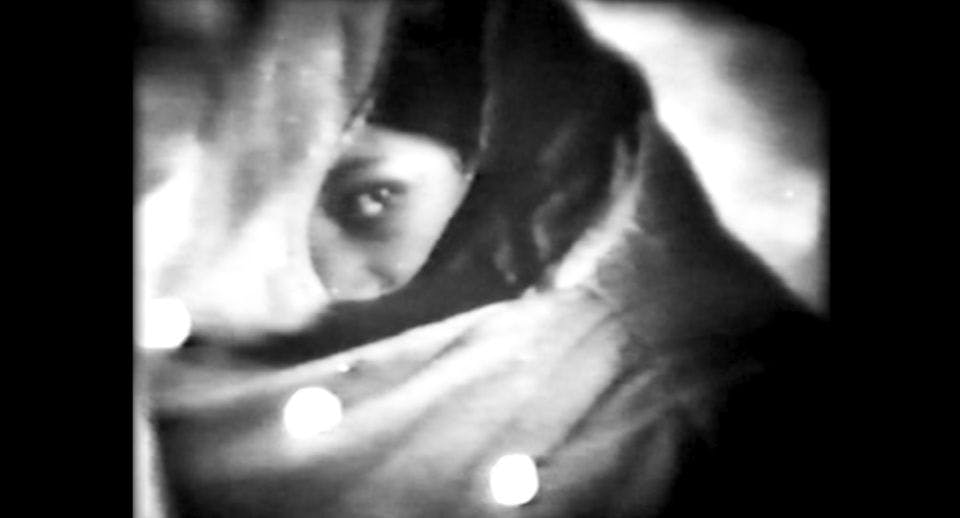
MAKING the INVISIBLE VISIBLE | Saodat Ismailova & Alessandra Pomarico @tranzit.sk
online discussion
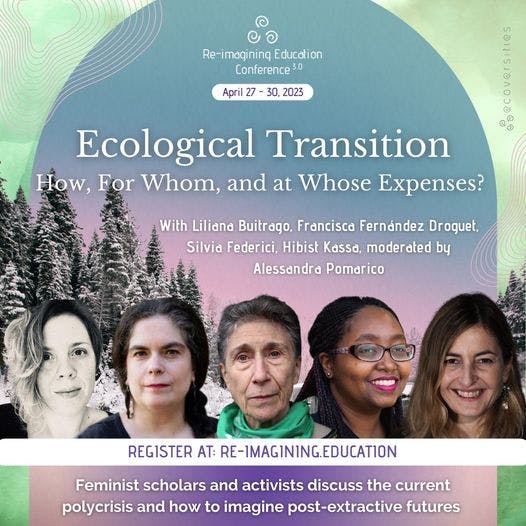
ECOLOGICAL TRANSITION: How, for Whom, and Whose Expenses? @Re-Imagining Education Ecoversities Festival
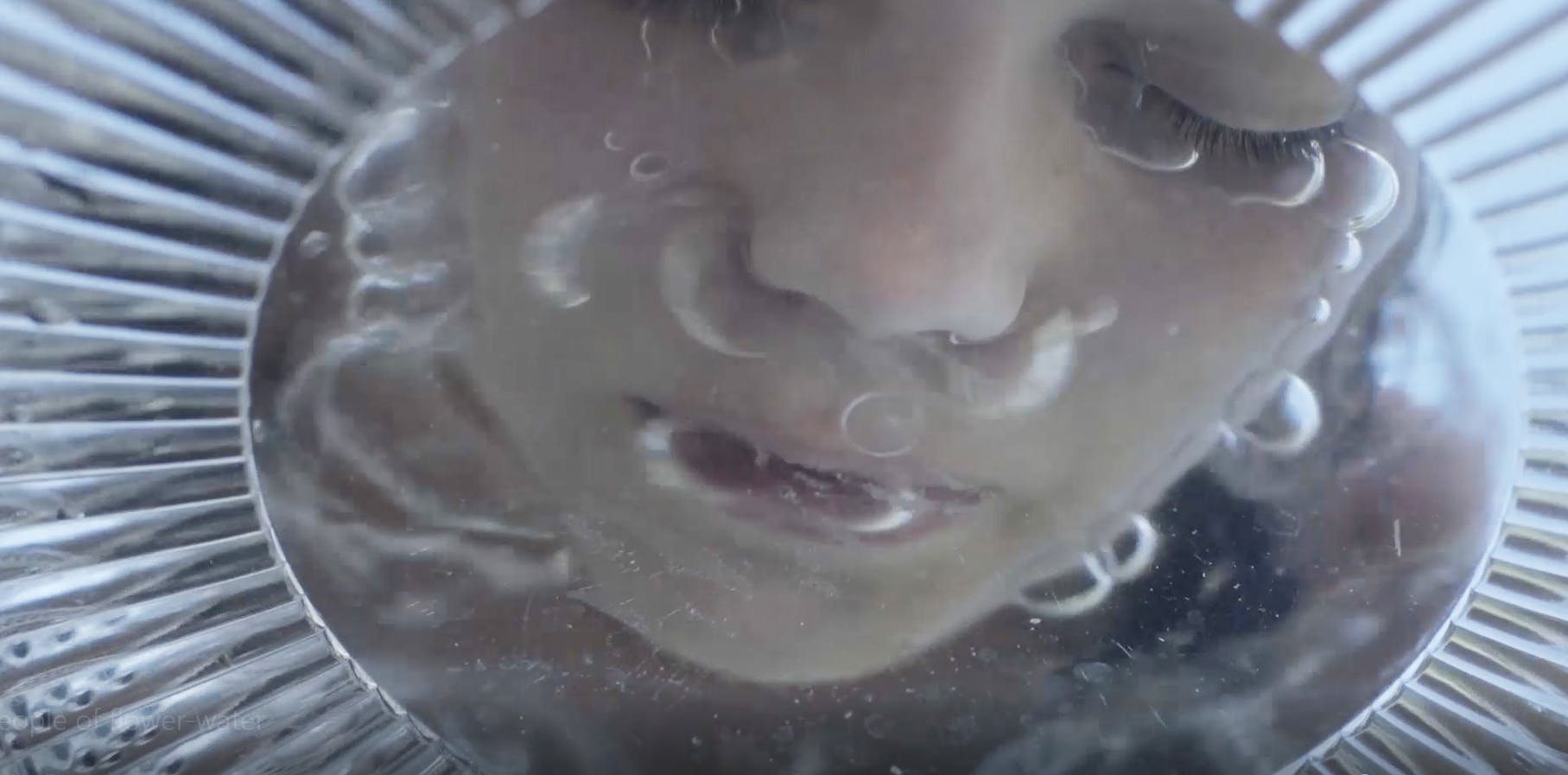
READING as a SUBVERSIVE PRACTICE: a series of exercises with Free Home University and Dreaming in Women* @ halle-fuer-kunst, Lueneburg, Germany
01:04 @ halle-fuer-kunst, Lueneburg, Germany
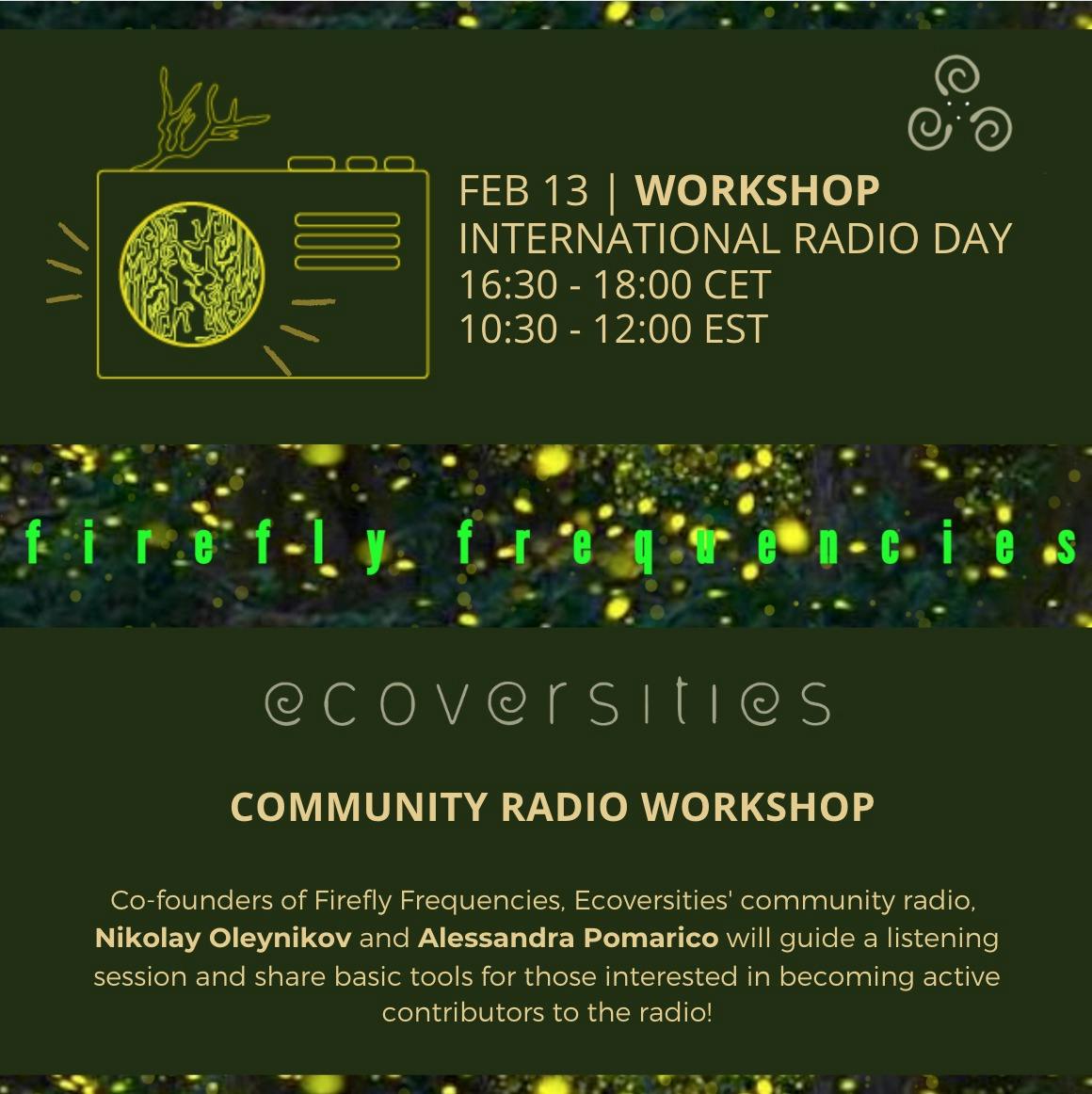
RADIO DAY | firefly frequencies @ ecoversities
listening | learning | resonating
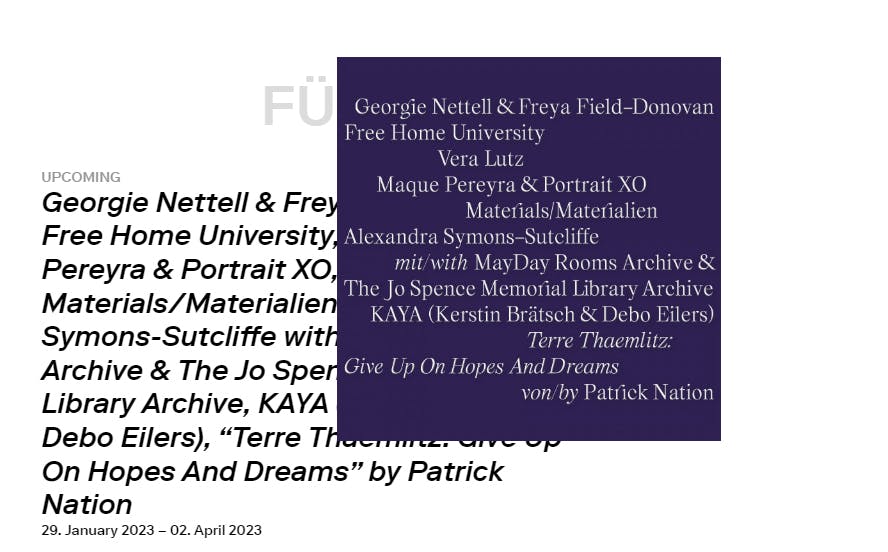
FHU w/FFF in HALLE FÜR KUNST LÜNEBURG
29. January 2023 – 02. April 2023
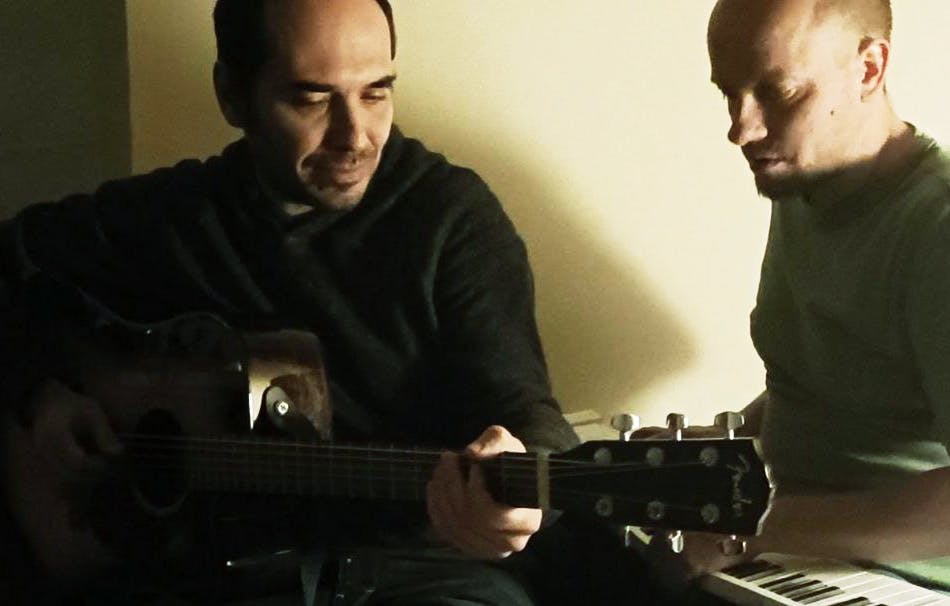
Loop-House Rewind | Arkadiy Kots Band and Anna Moiseenko in residency
protest present time
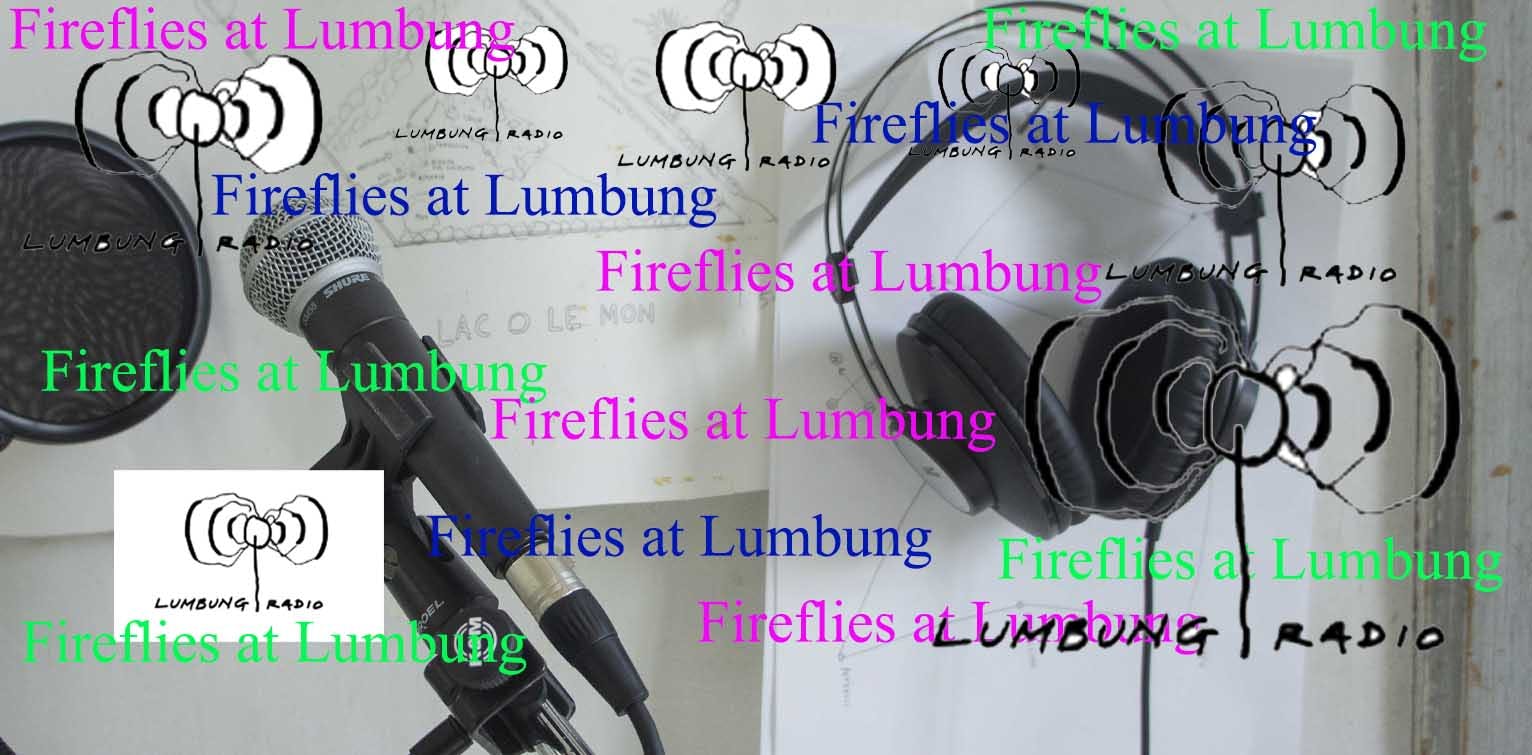
Becoming Fireflies | documenta fifteen encounter
Sept 21 | 3-5pm
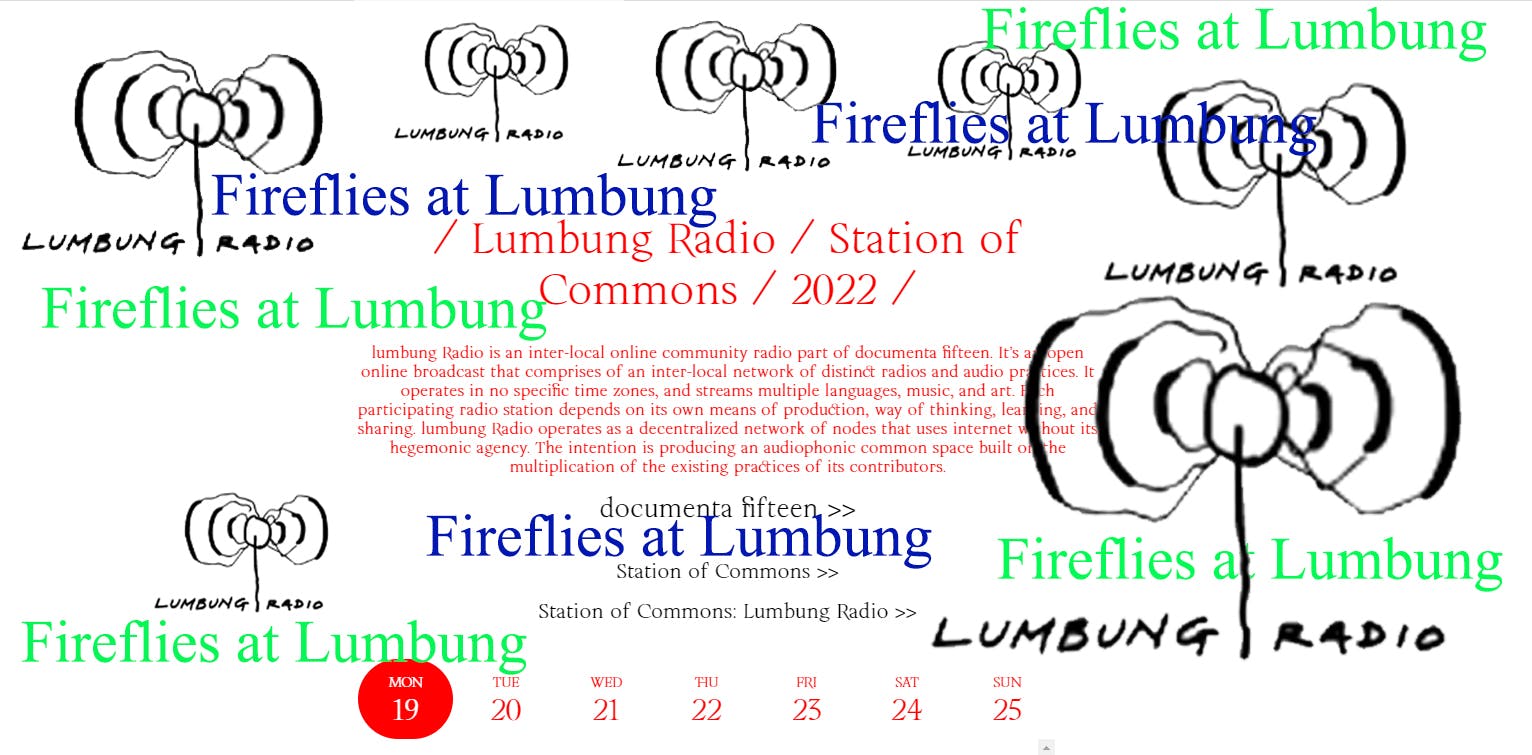
Becoming Fireflies with the Lumbung
documenta fifteen fff transmissions
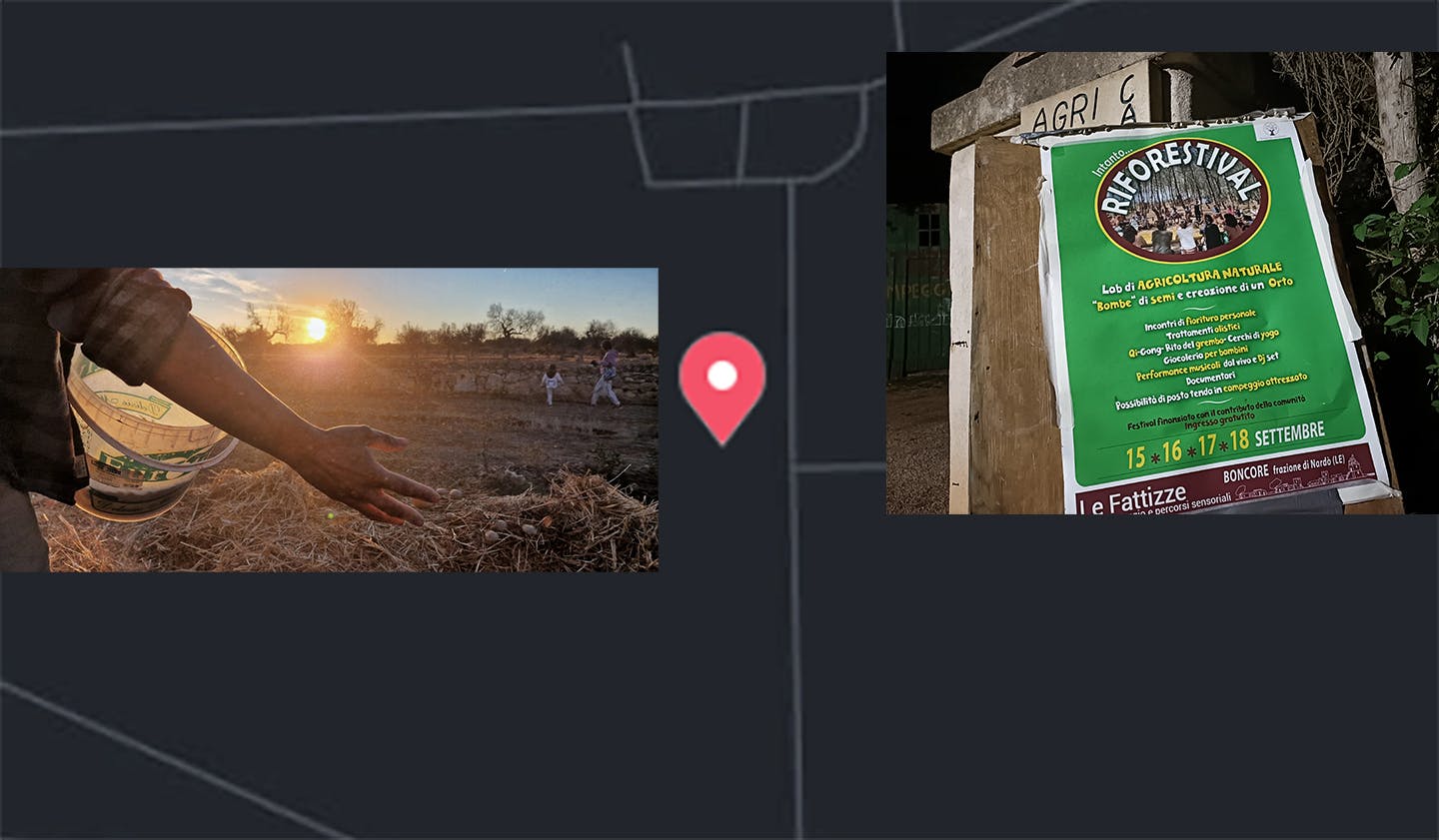
RiForestival | Le Fattizze
Sep. 15~18 | 2022
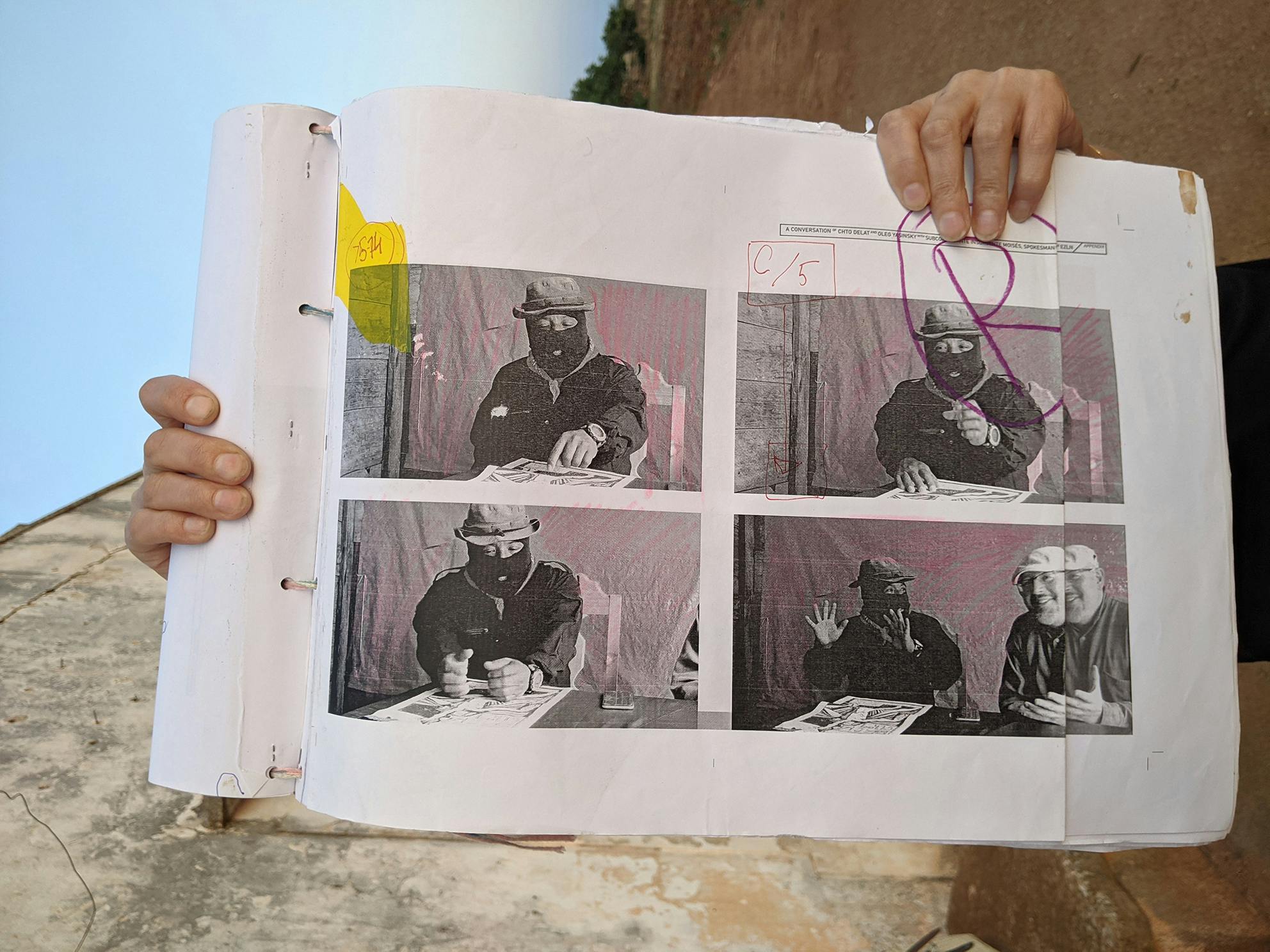
COMMONINGS w Chto Delat at HKW
NEW ALPHABET SCHOOL
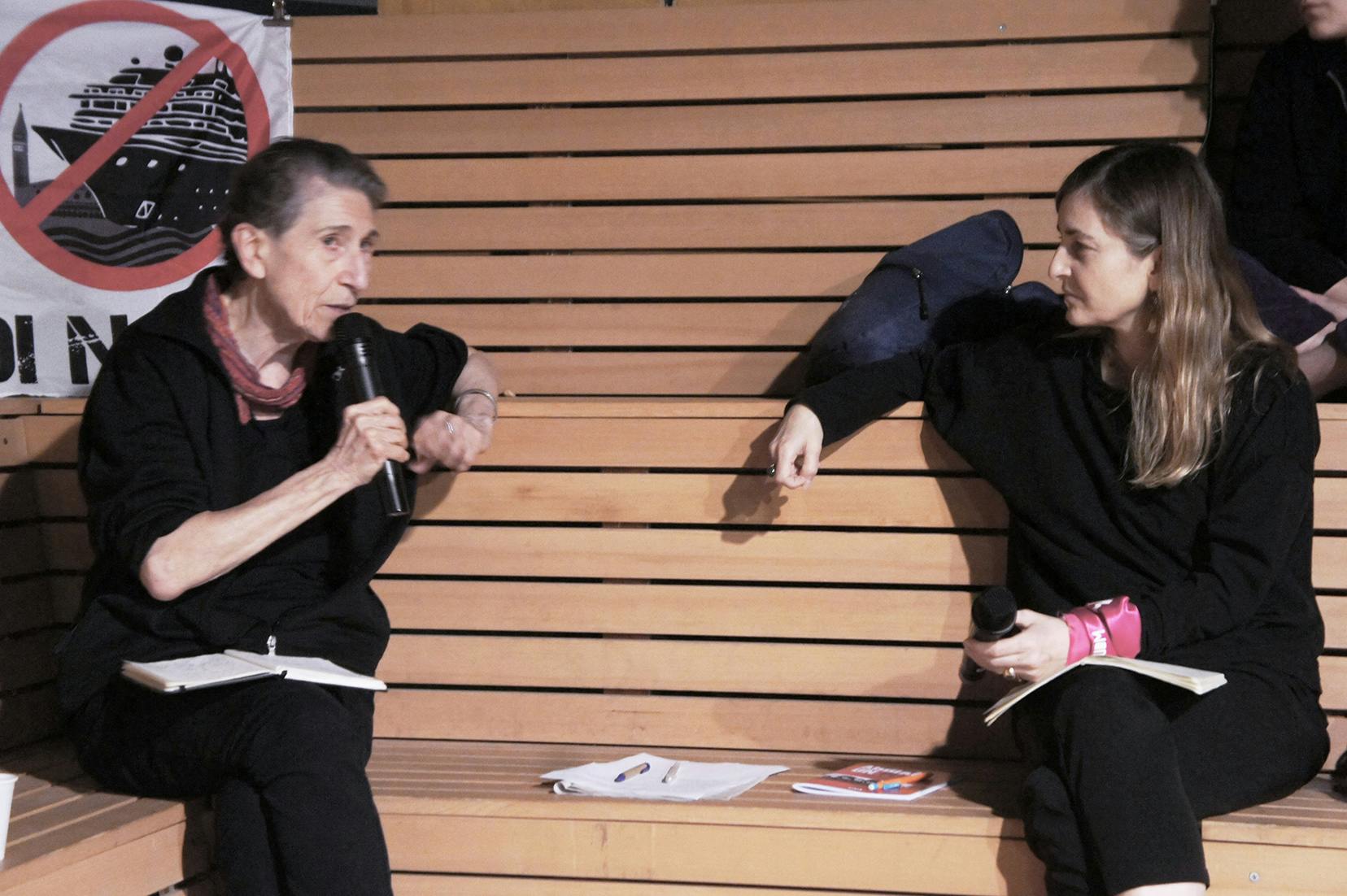
COMMONINGS w Silvia Federici, Peter Linebaugh moderated by Alessanra Pomarico
The NEW ALPHABET SCHOOL
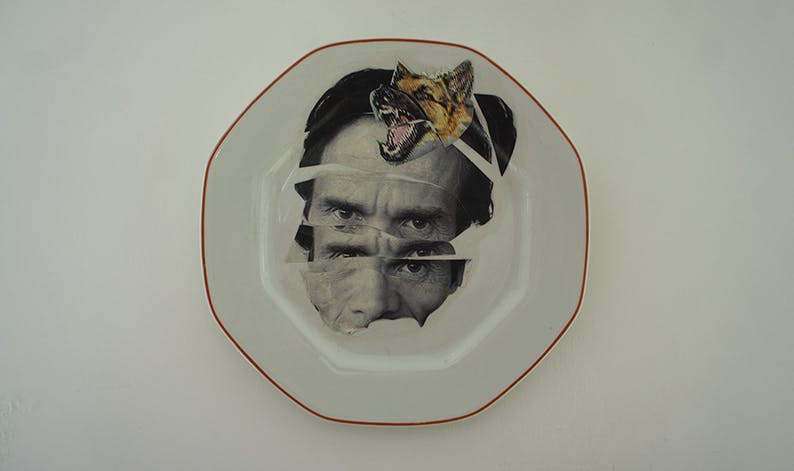
Pasolini @ Notte Verde | 2022
Aug 29-31 | 2022
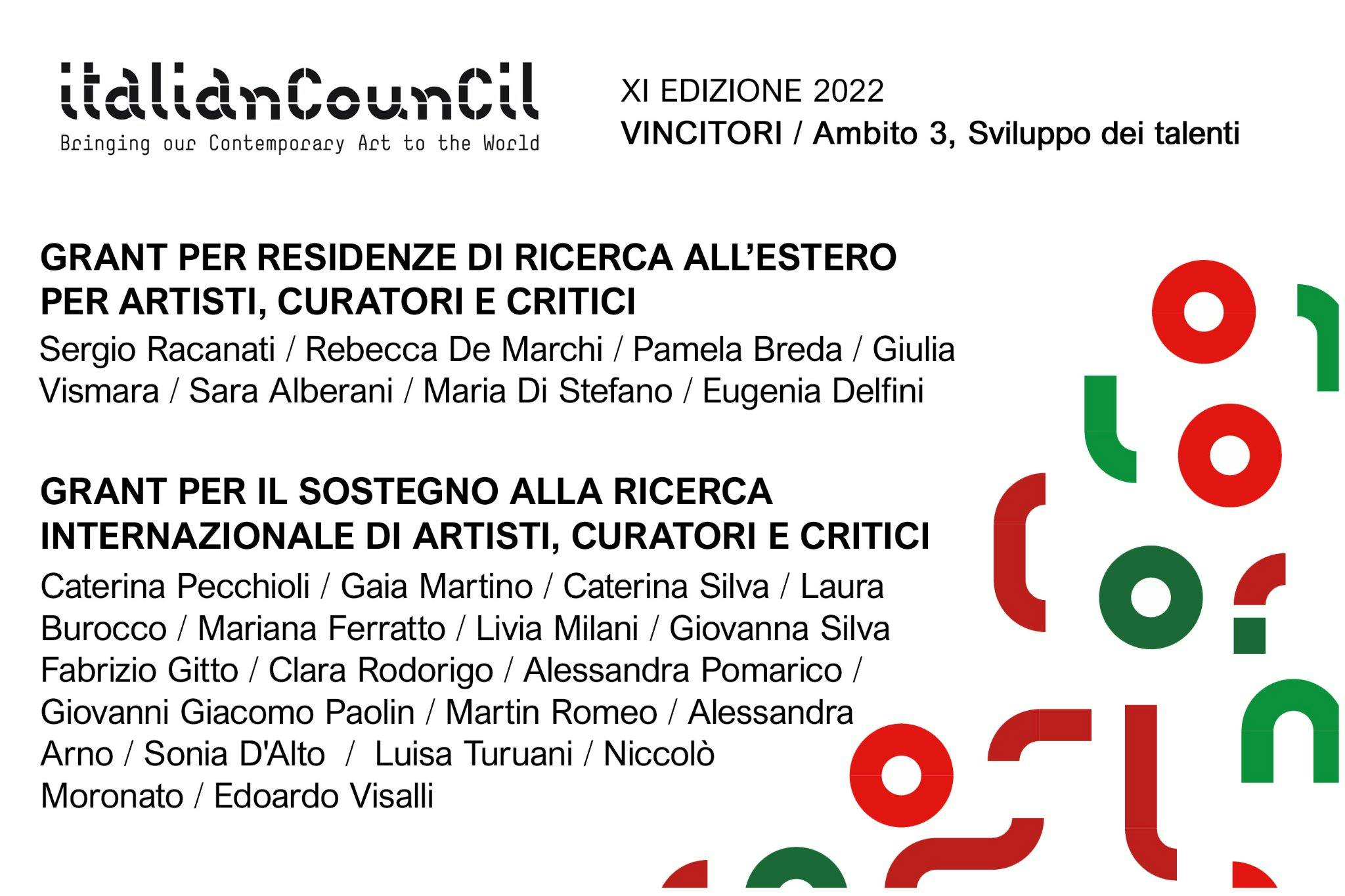
Alessandra won an Italian Council award
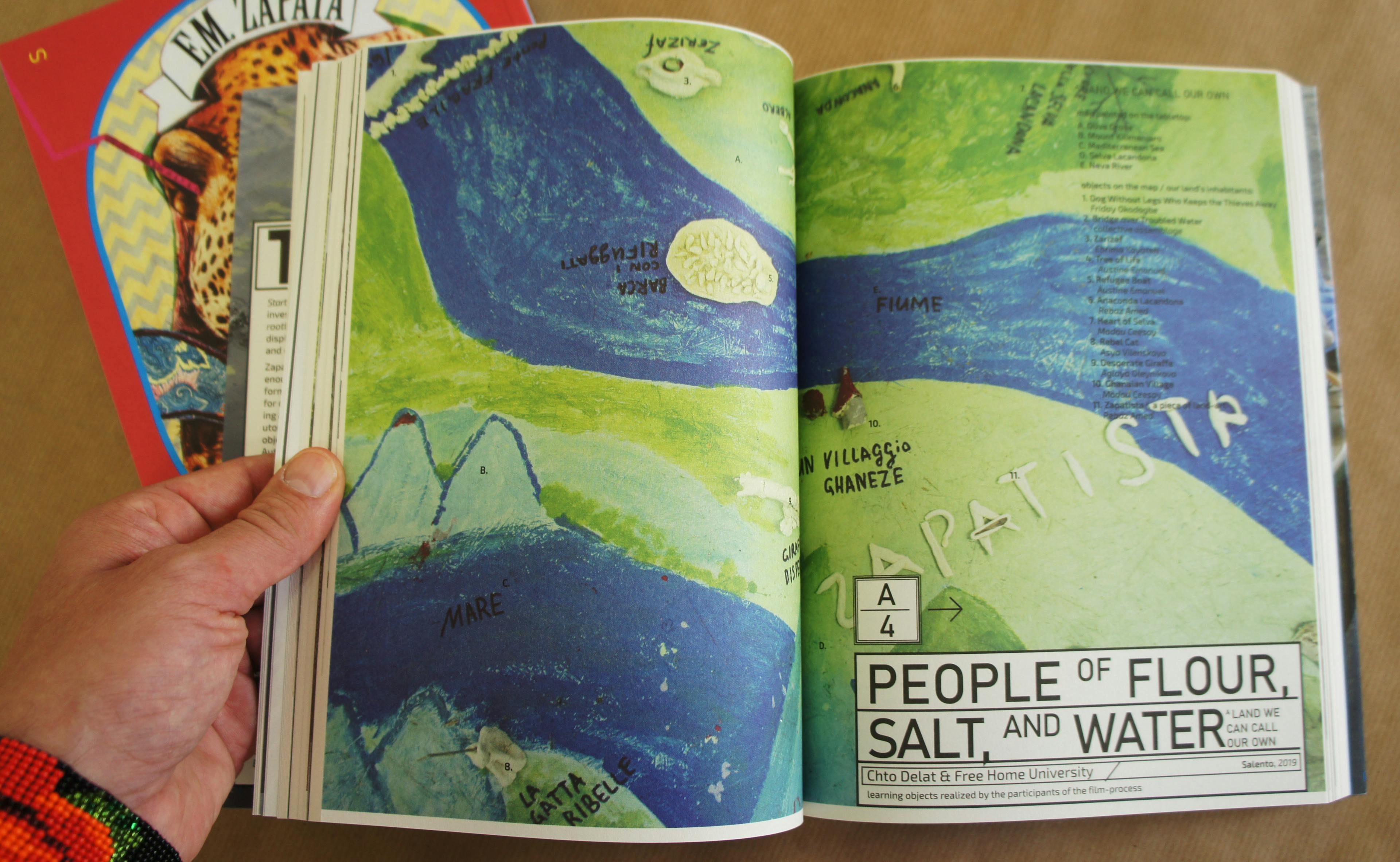
People of Flour @ FATTIZZE DOC FESTIVAL
Aug-6 | book'n'film presentation
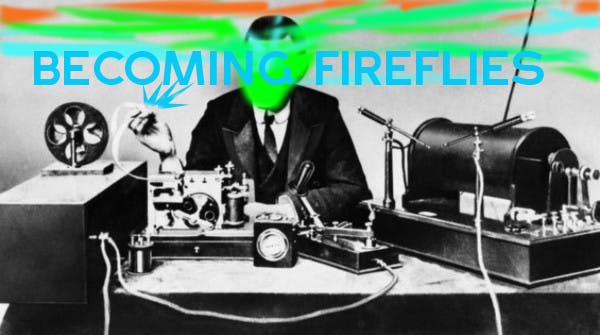
Becoming Fireflies @ lac o le mon
practices of radio > affective listening > transversal transmission
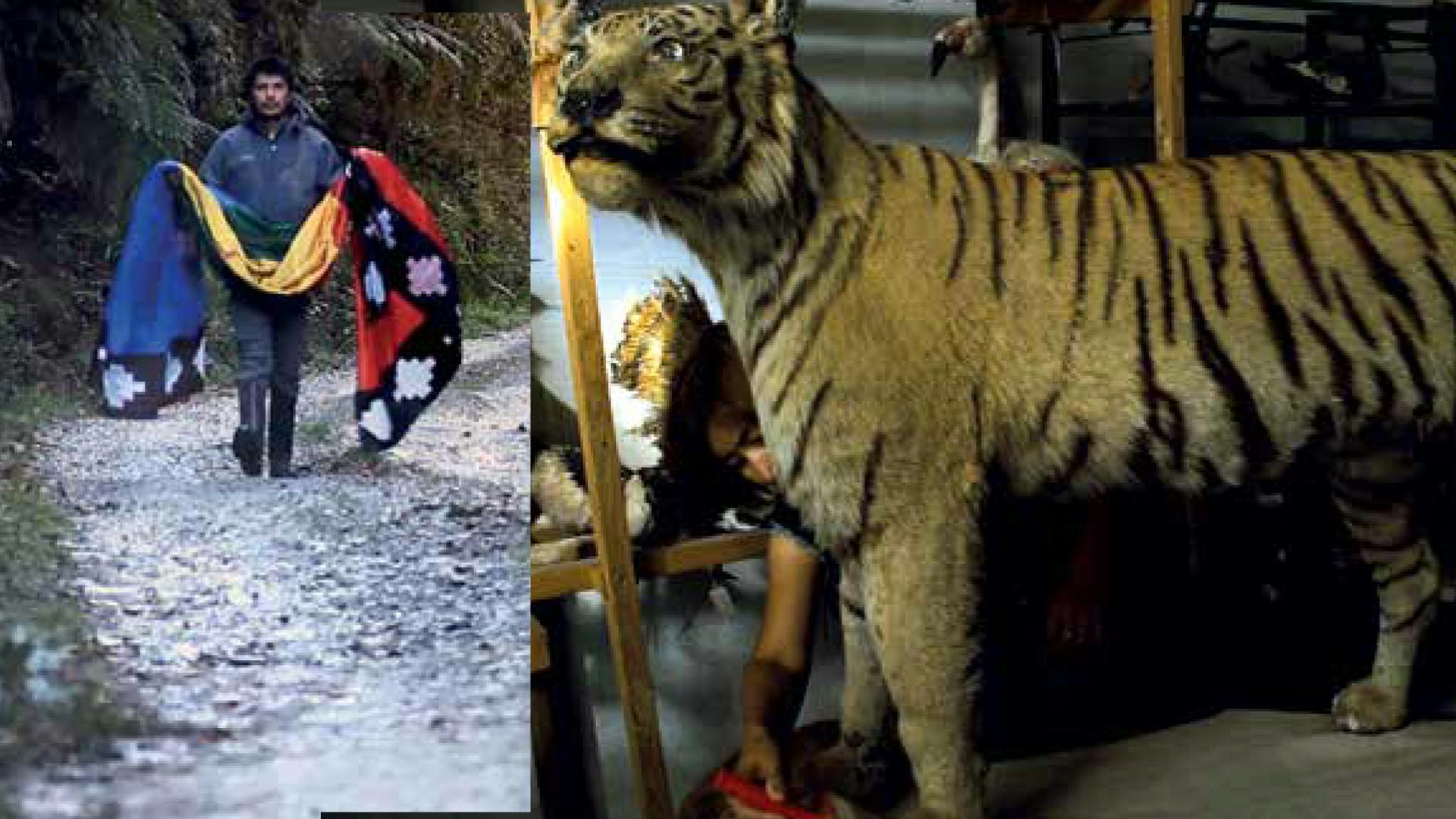
Reclaiming Wider Ecologies of Knowledge @ tranzit.sk
July 7-8-9
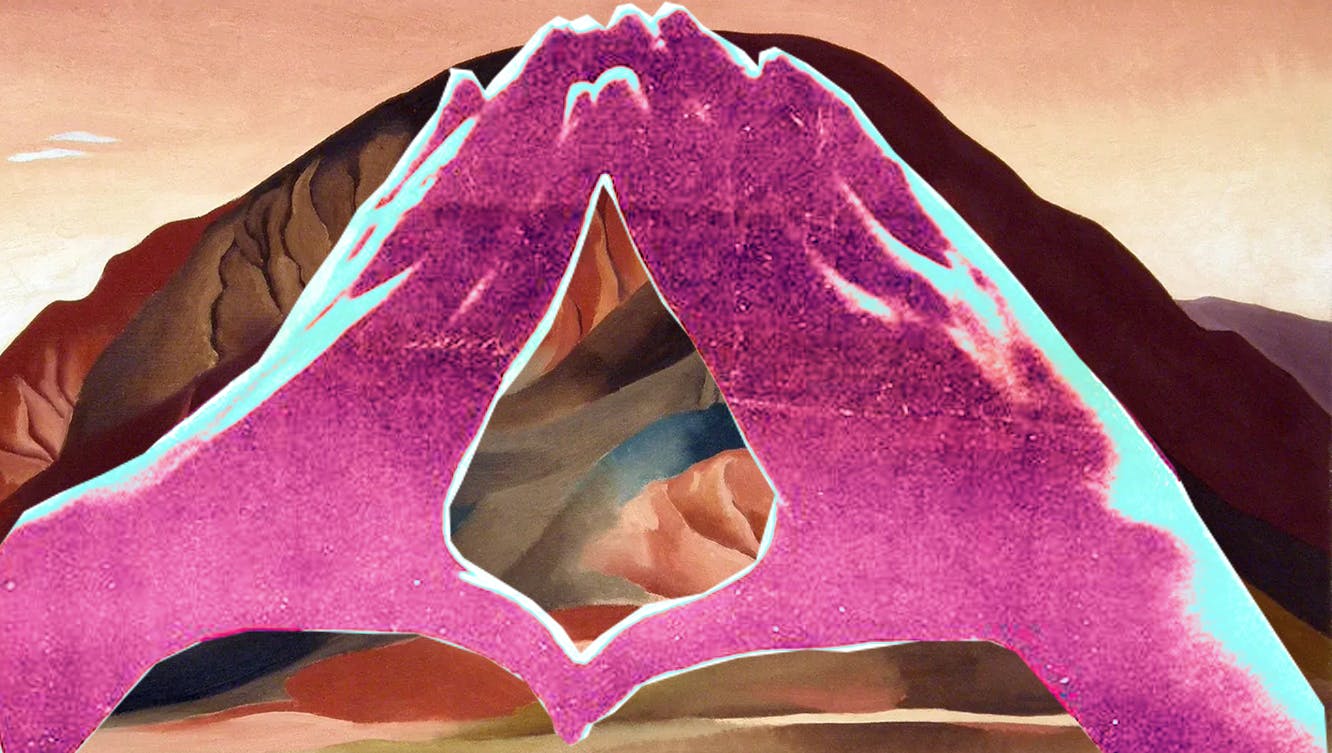
ECOLOGIES of CARE | Ljublijana
23 –25. 6. 2022
screening & talk || Chto Delat @ Grounding~Seeding
film screening and artist talk || 26 May 2022, 7pm
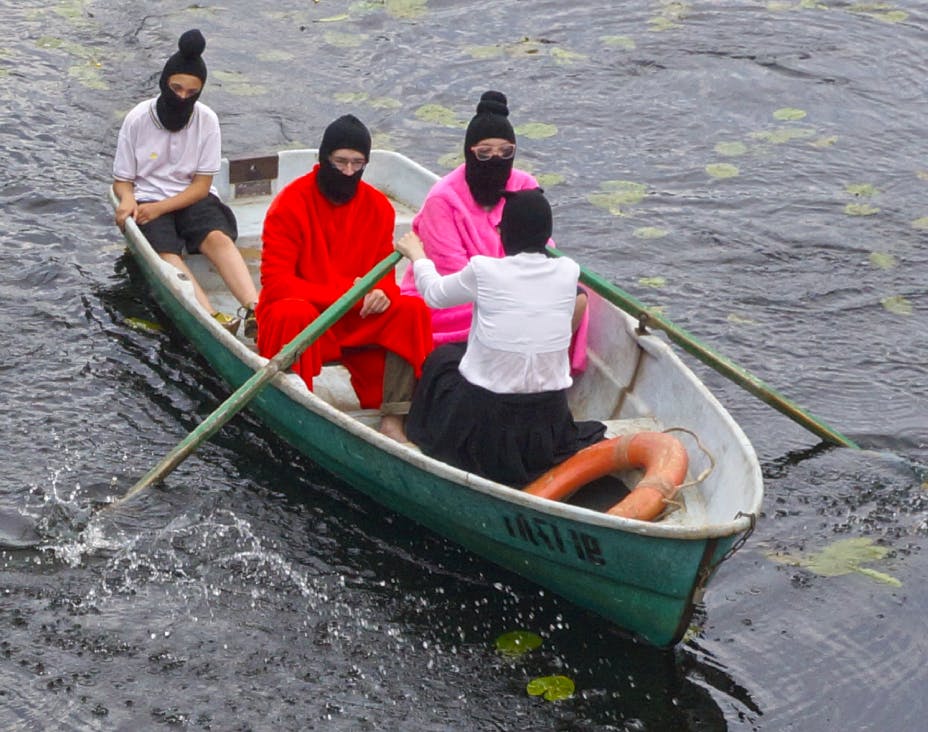
Guelph Book Launch @ Musagetes
When the Roots Start Moving: Film Screening & Conversation with Alessandra Pomarico and Nikolay Oleynikov Sunday, May 29, 2022 /// 2pm Heritage Hall /// 83 Essex Street, Guelph, ON
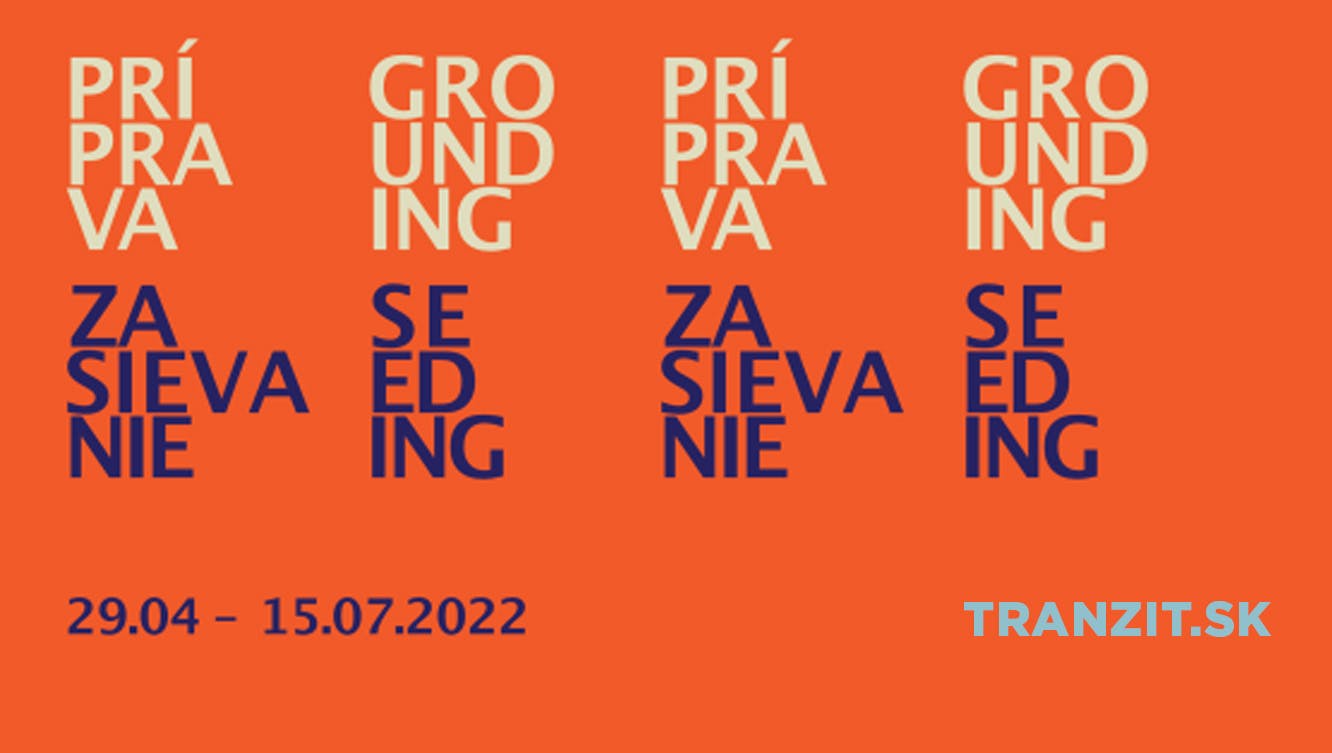
Grounding~Seeding @ tranzit.sk
exhibition project in Bratislava
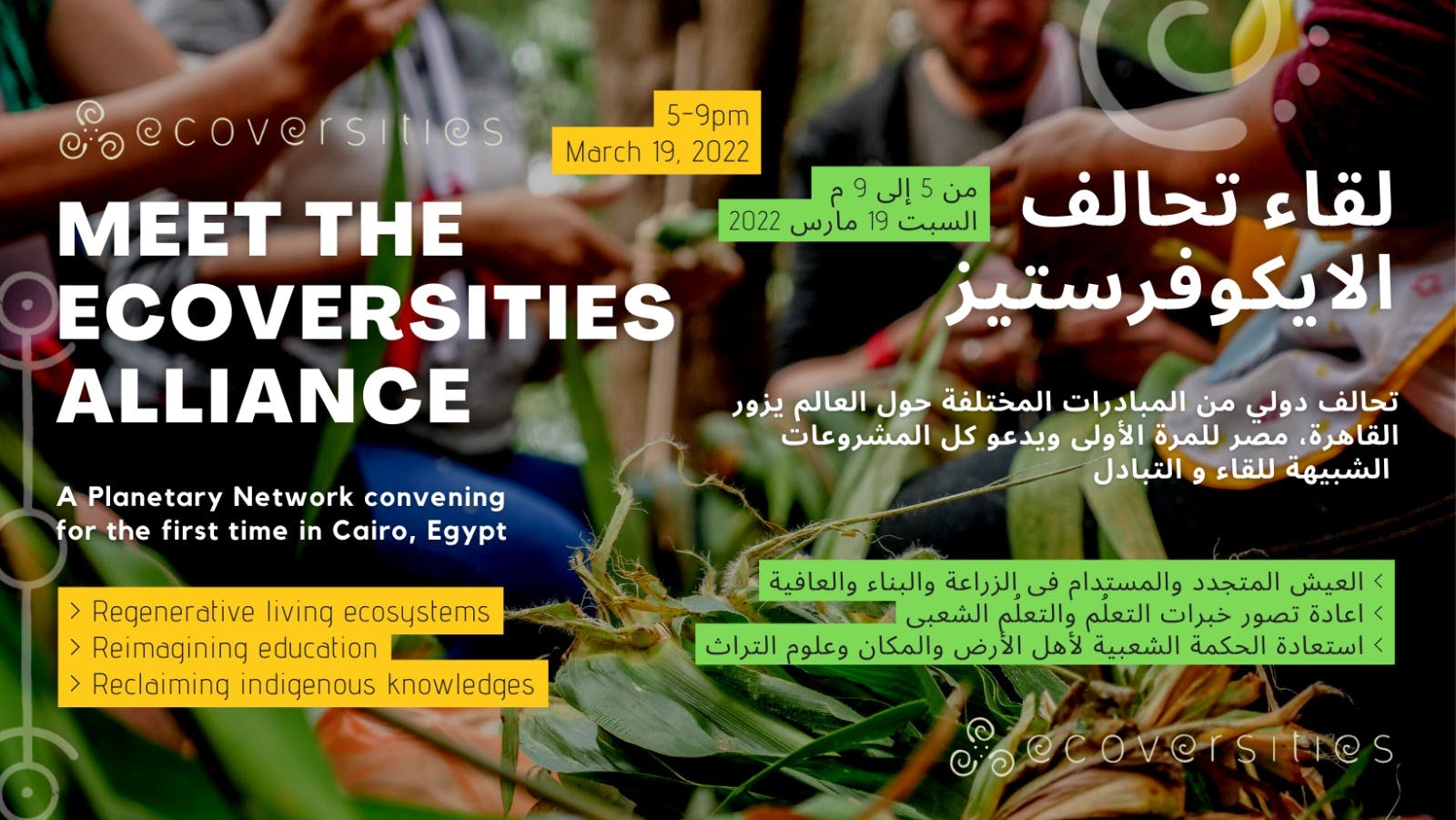
Ecoversities Sixth Planetary Gathering in Egypt
19-26.03.2022
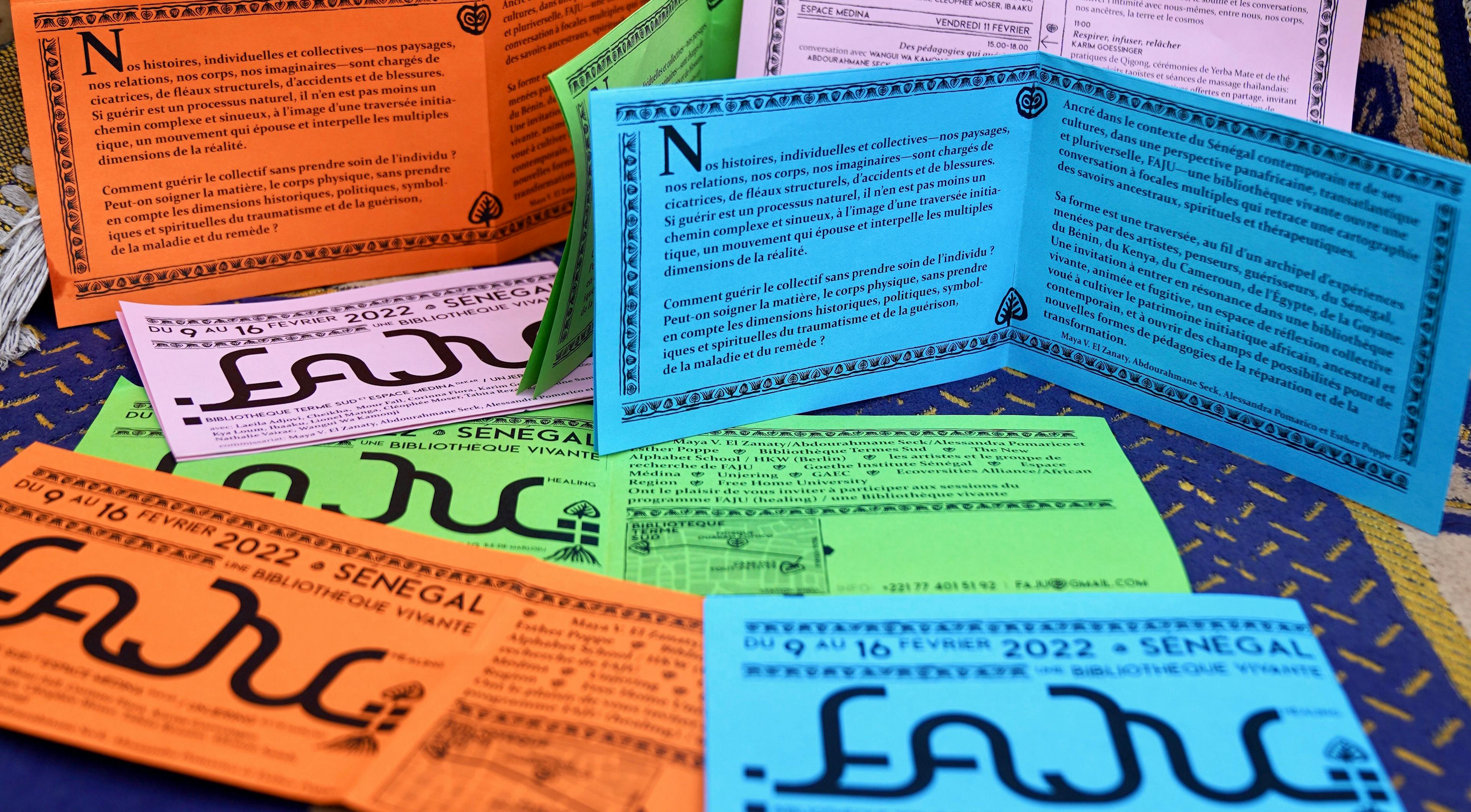
FAJU in Dakar || Feb, 9 to 16
second edition gathering
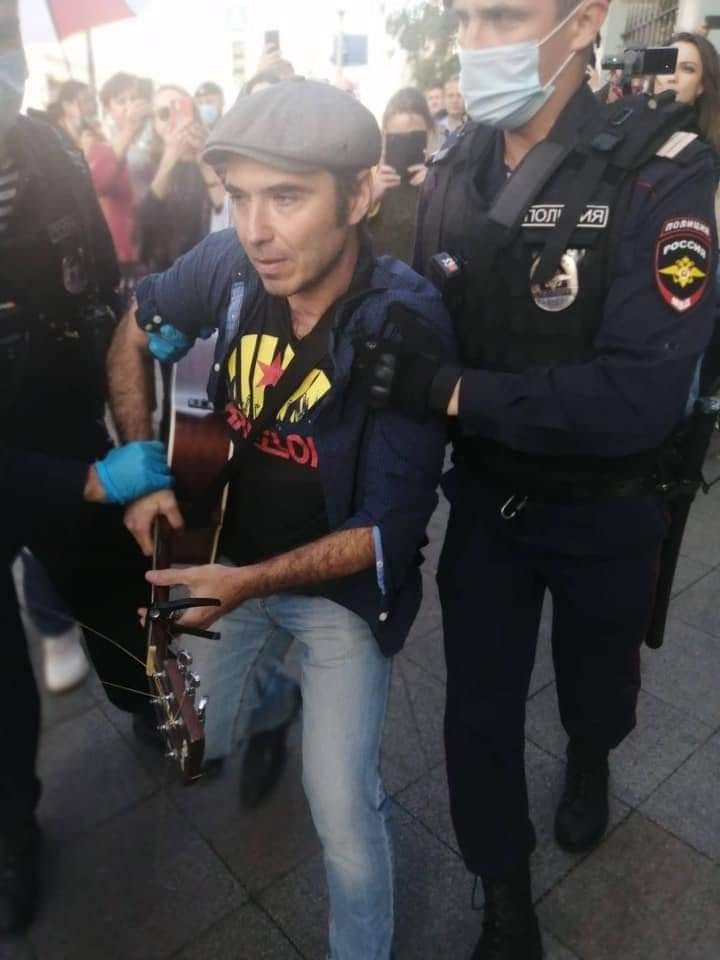
Kirill Medvedev is imprisoned
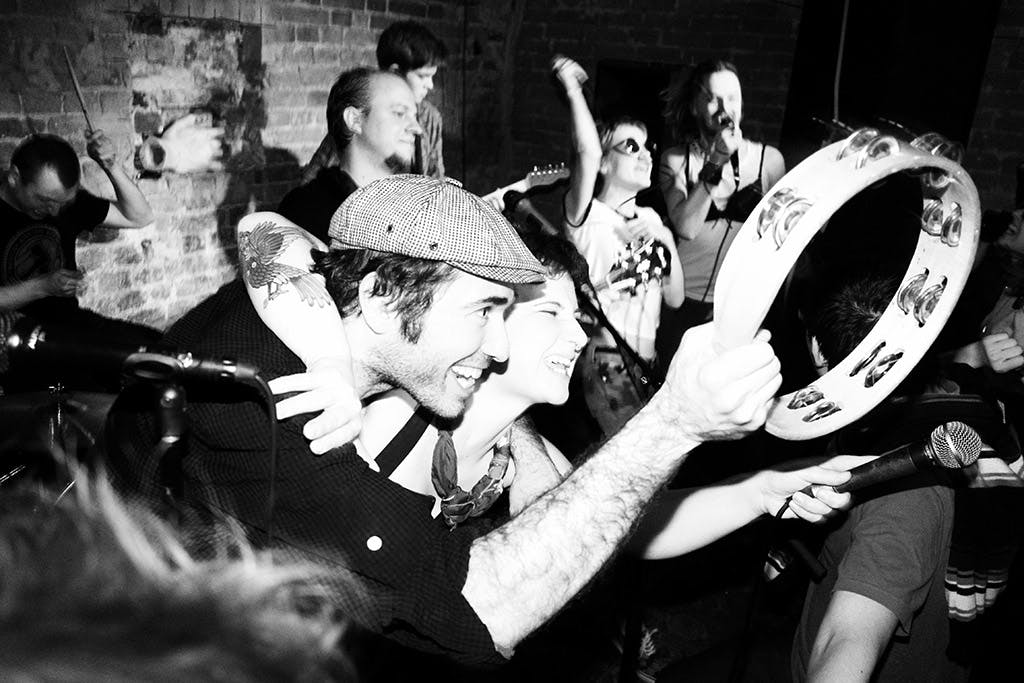
Partizan Jam at Partisan Cultures
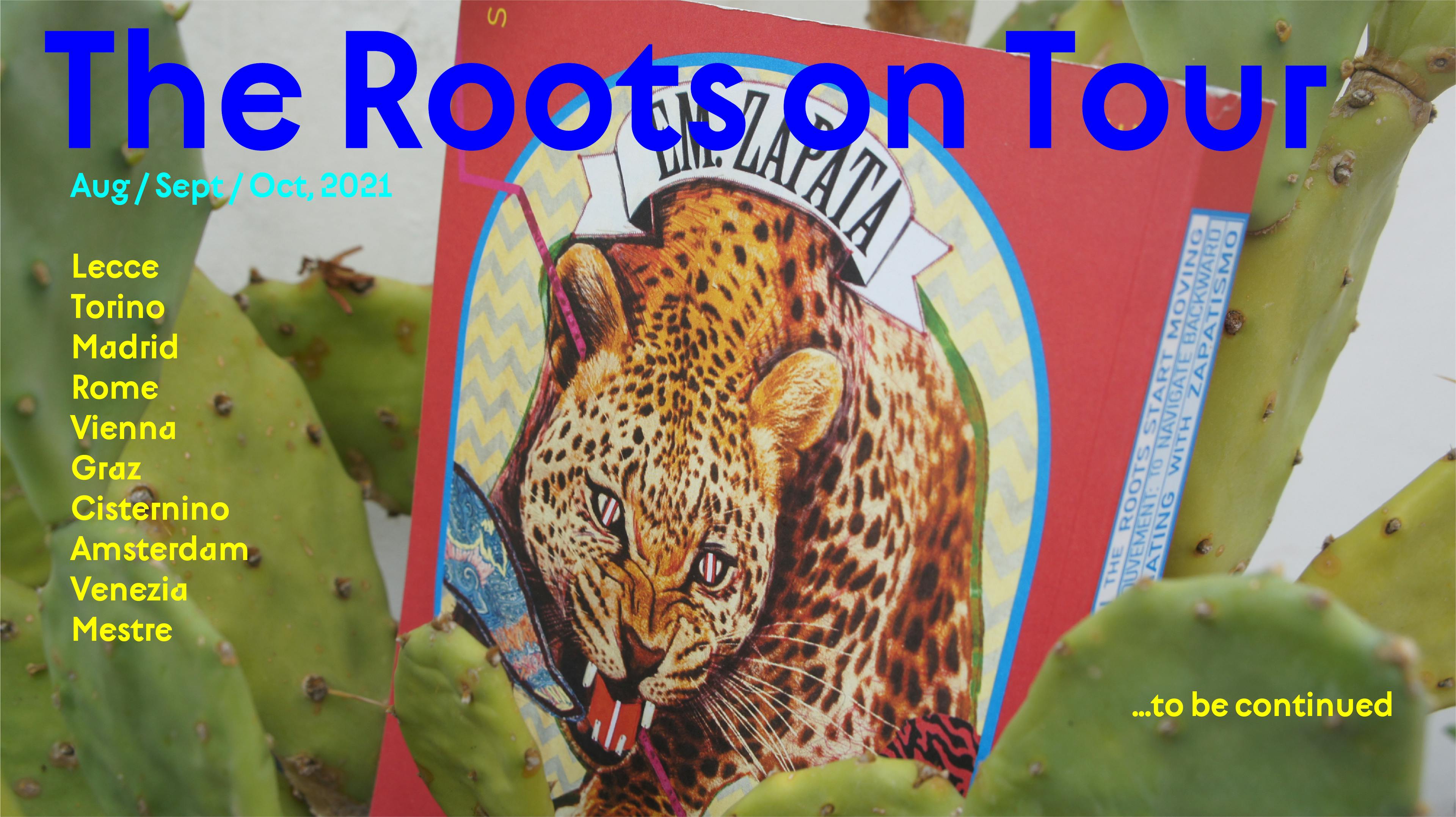
When the Roots Start Moving || launching tour
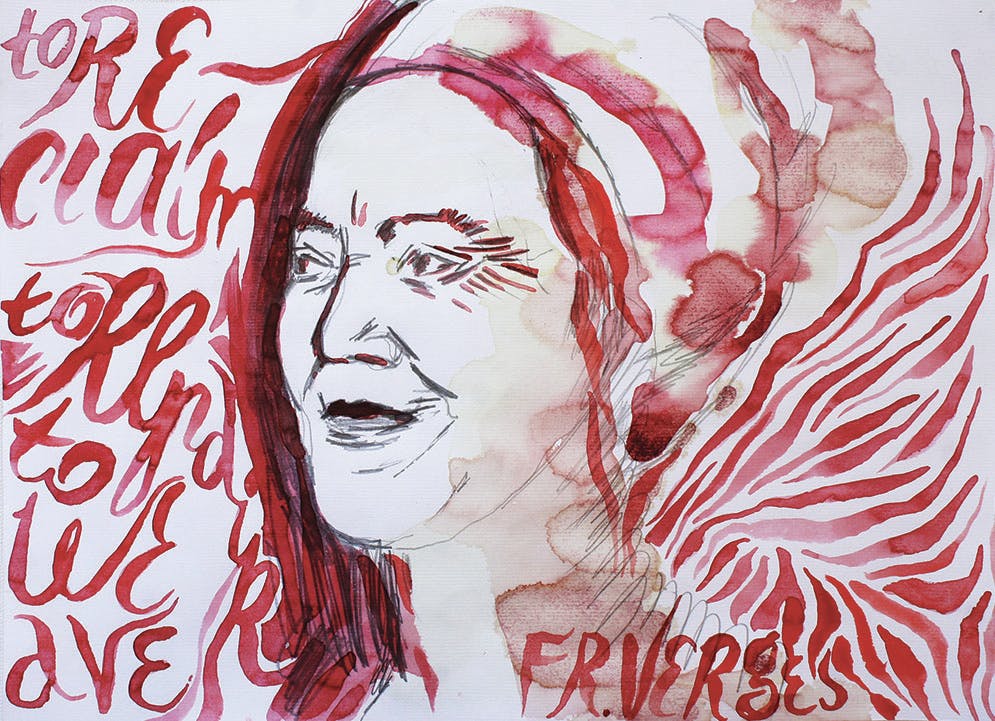
Françoise Vergès and Rachele Borghi || public events of M.E.D.U.S.E. in Salento
Aug 26 & 28
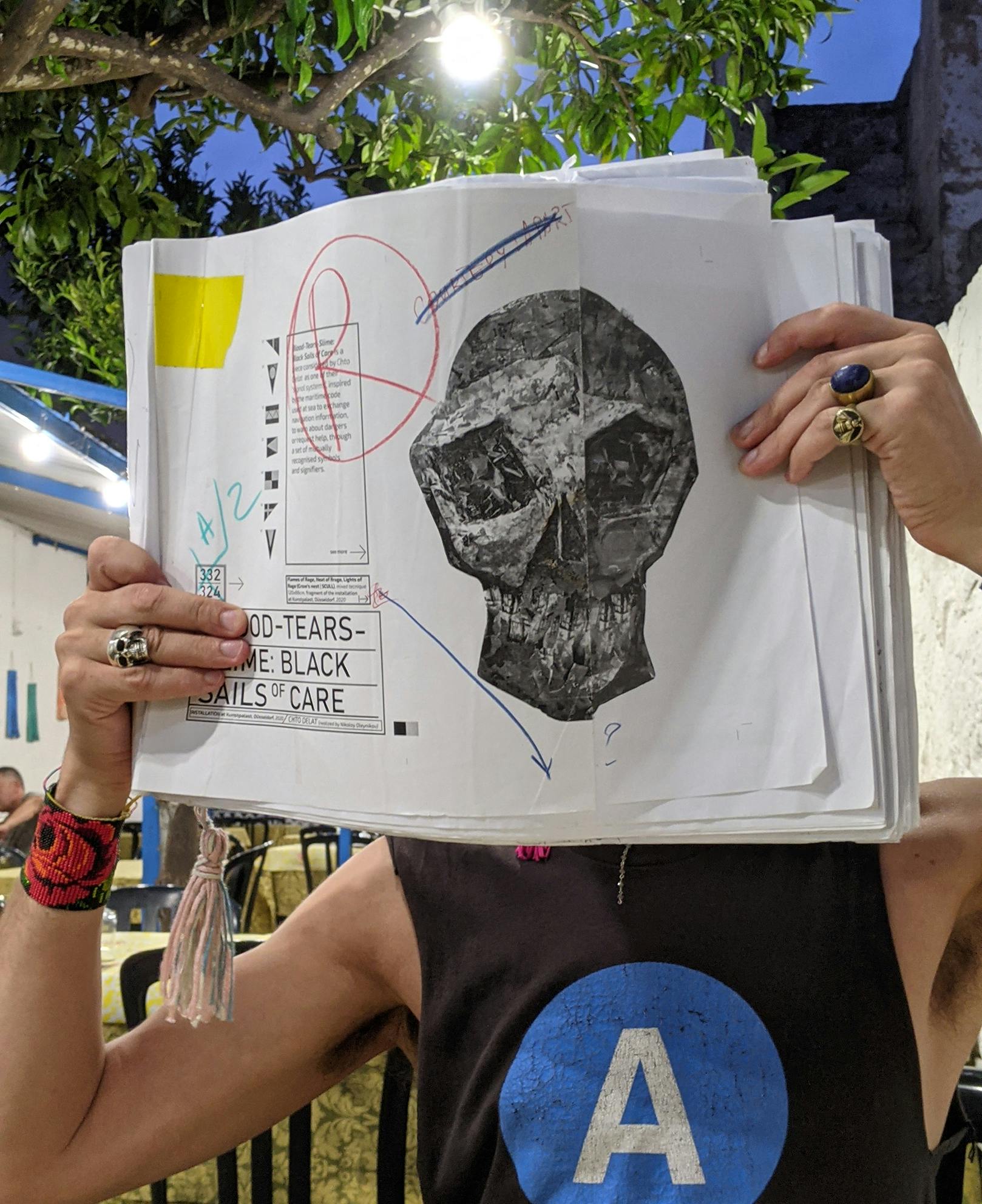
"R" is for "Revised" (and sent to print)
the book is delivered to the print house Giorgiani
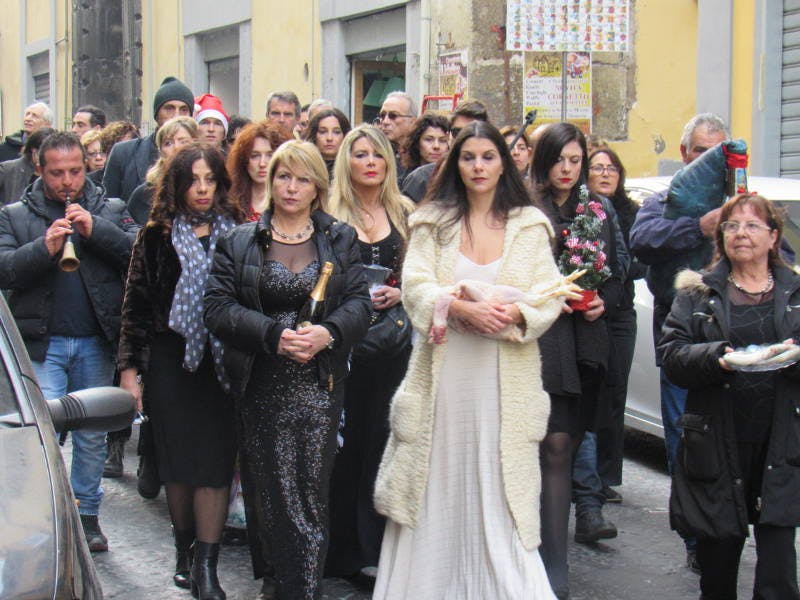
M.E.D.U.S.E. in Dialogue around the Mediterranean @ Domus, Galatina
19 – 25 July 2021
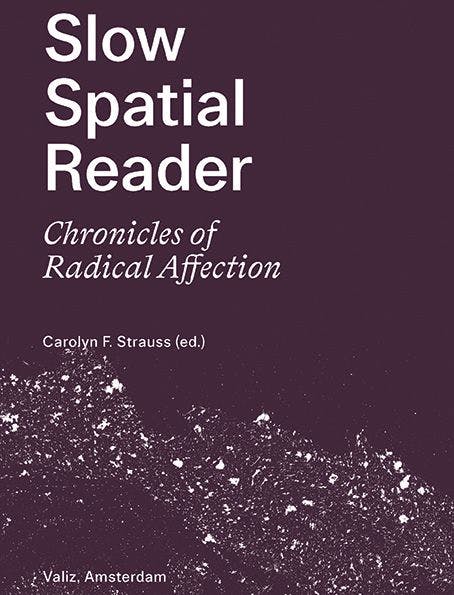
SLOW SPATIAL READER | book launch
July 8th, 2021, 19:30–21:00
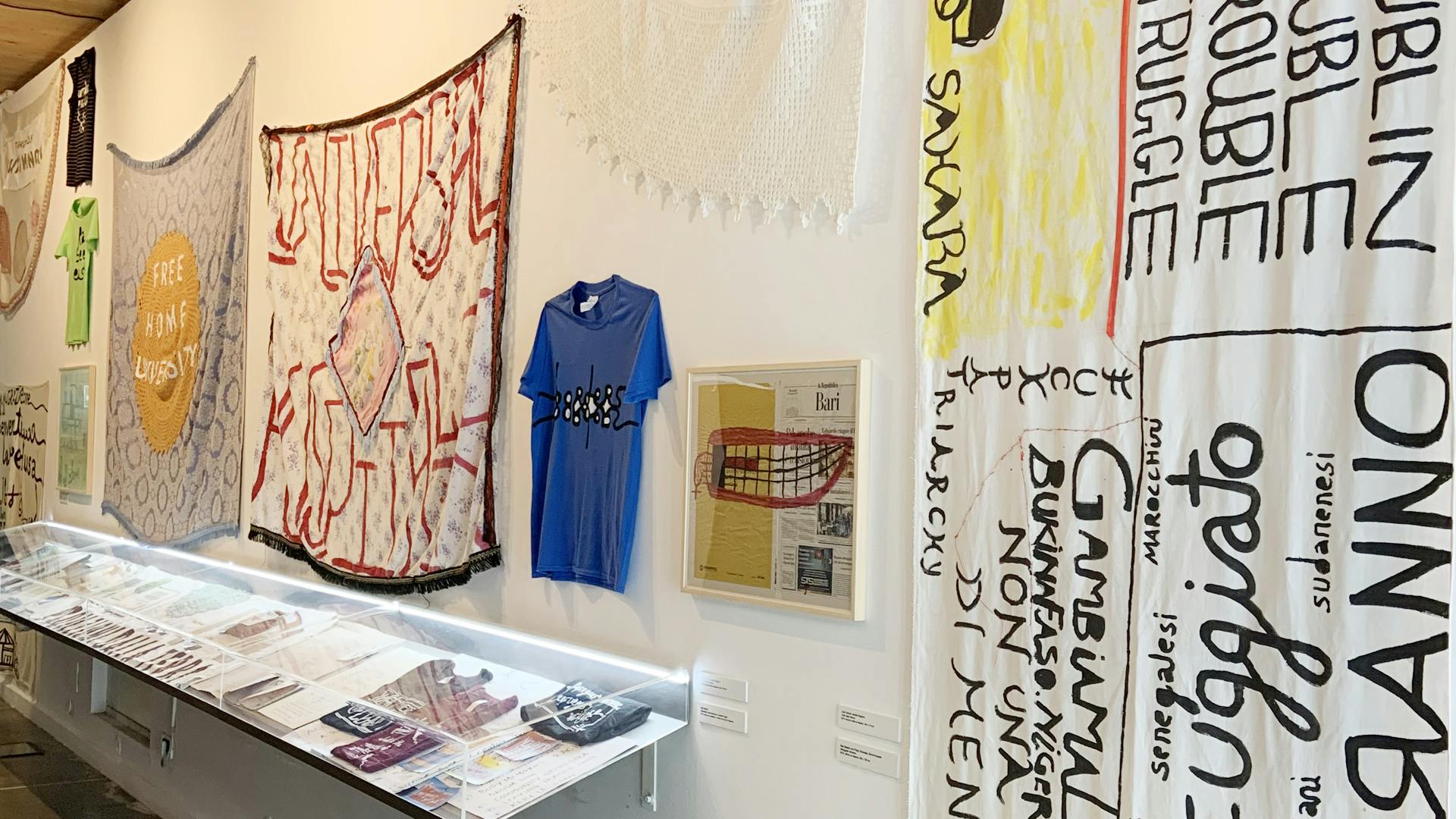
SUSTAINING ASSEMBLY | PAV, Torino
07.05.21 / 24.10.21
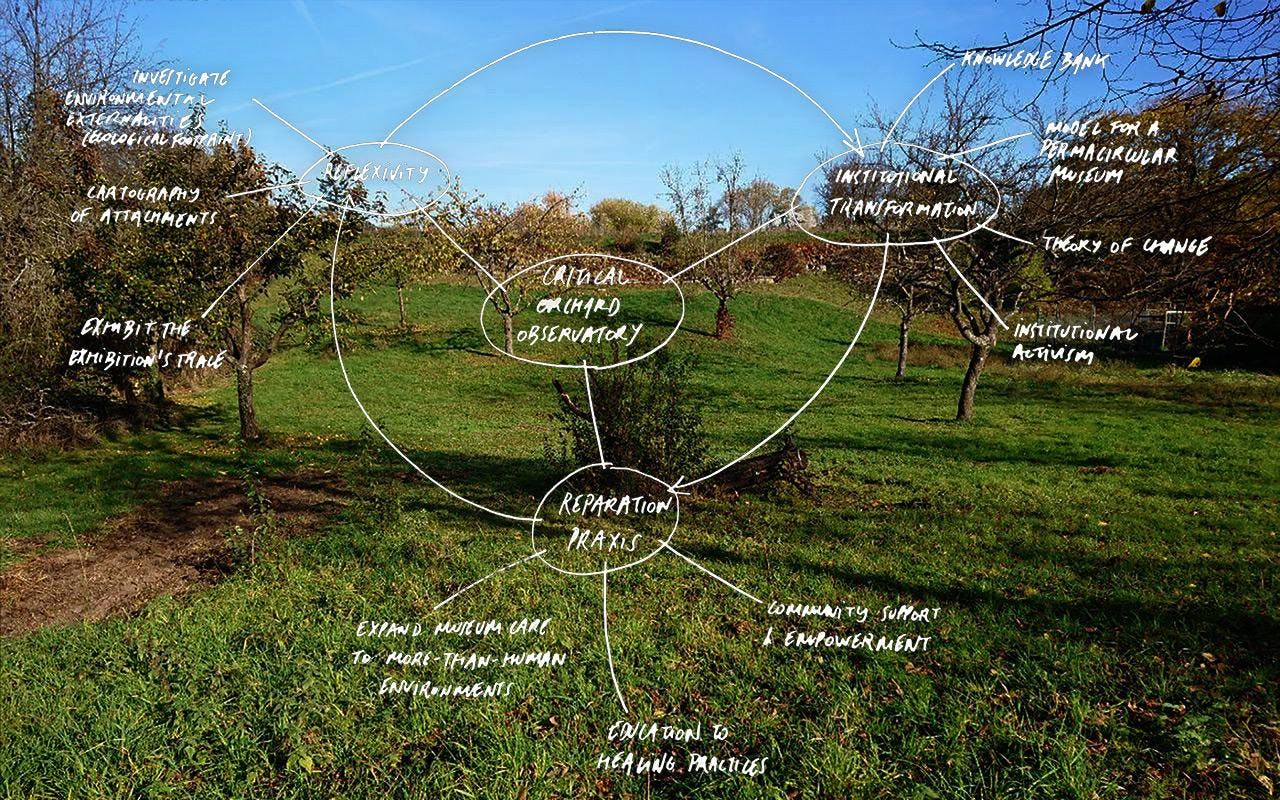
ZKM || Assembly for Permacircular Museums
ZKM || Apr 23
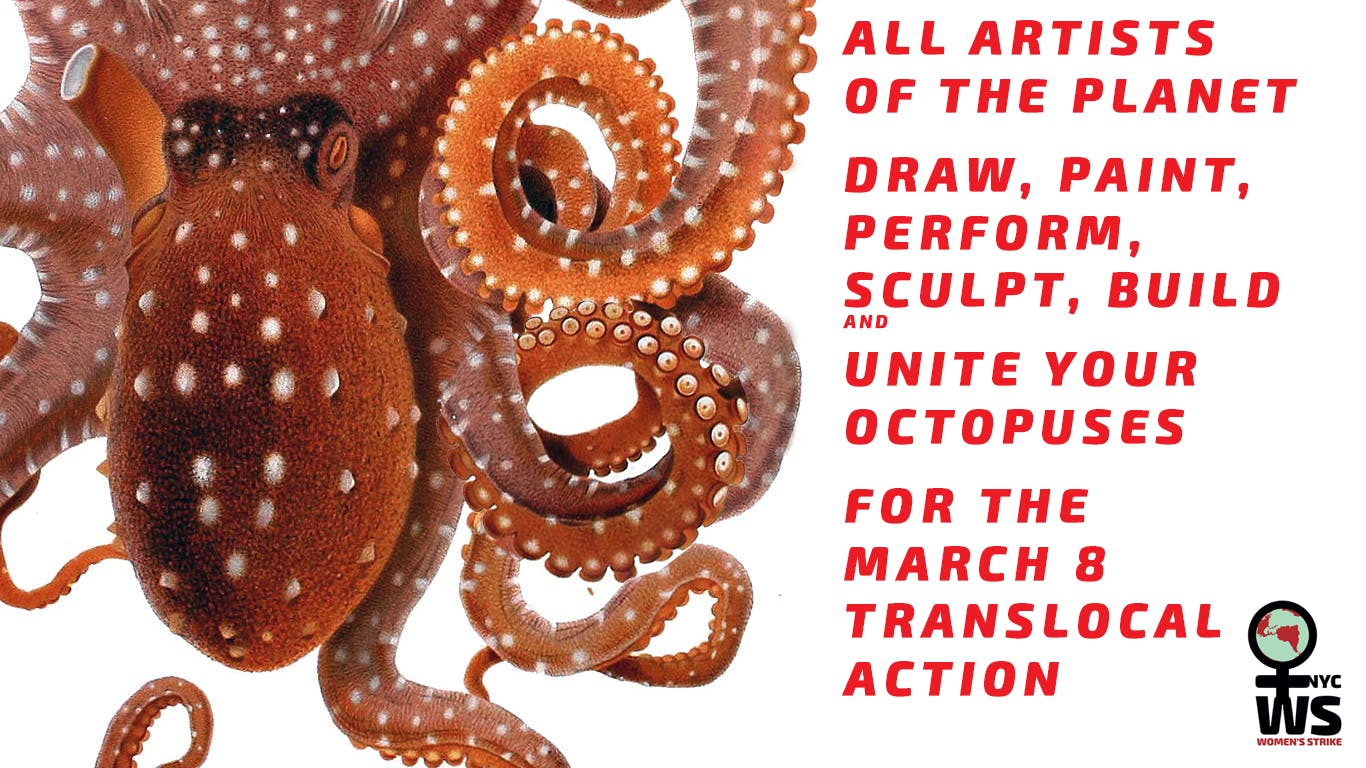
ARTS for WOMEN'S STRIKE
octopusVSpatriarchy
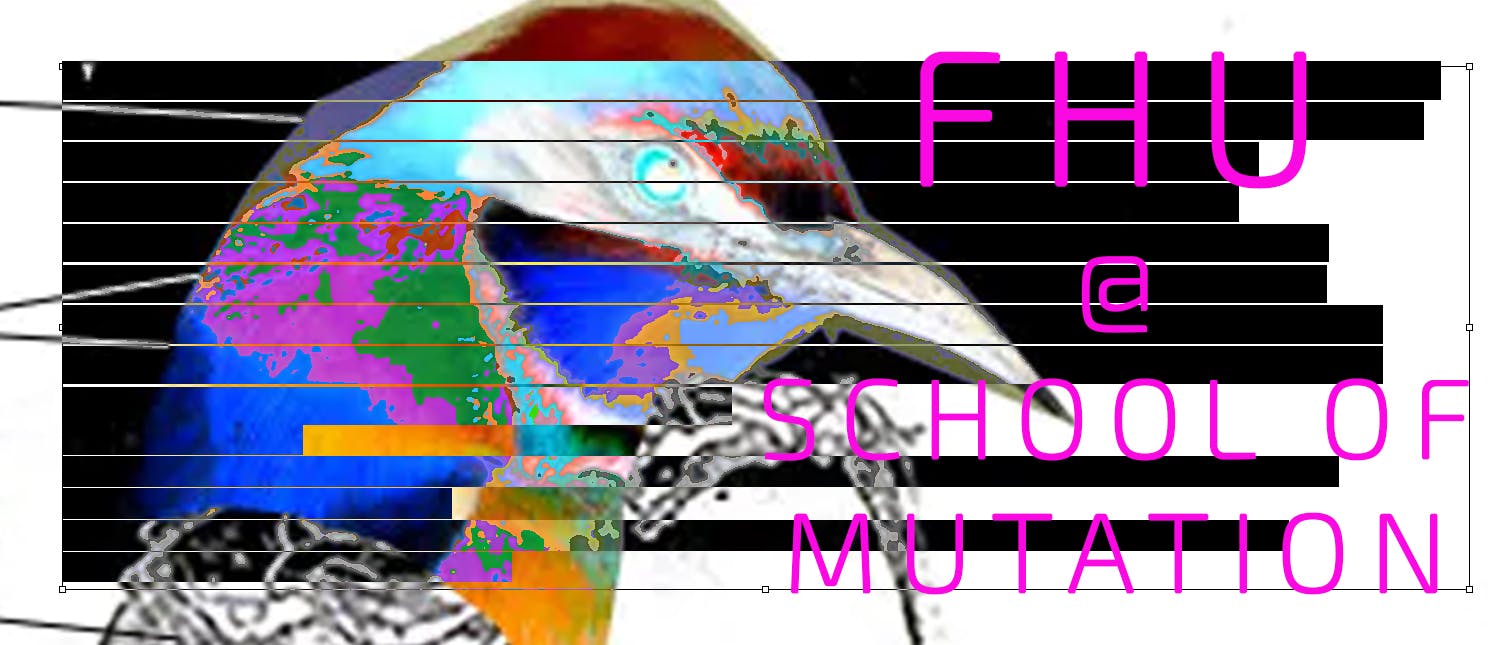
ON ECOLOGIES OF KNOWLEDGES || Alessandra in debates @ the School of Mutation (IRI)
Institute of Radical Imagination in dialogue w Dm. Vilensky
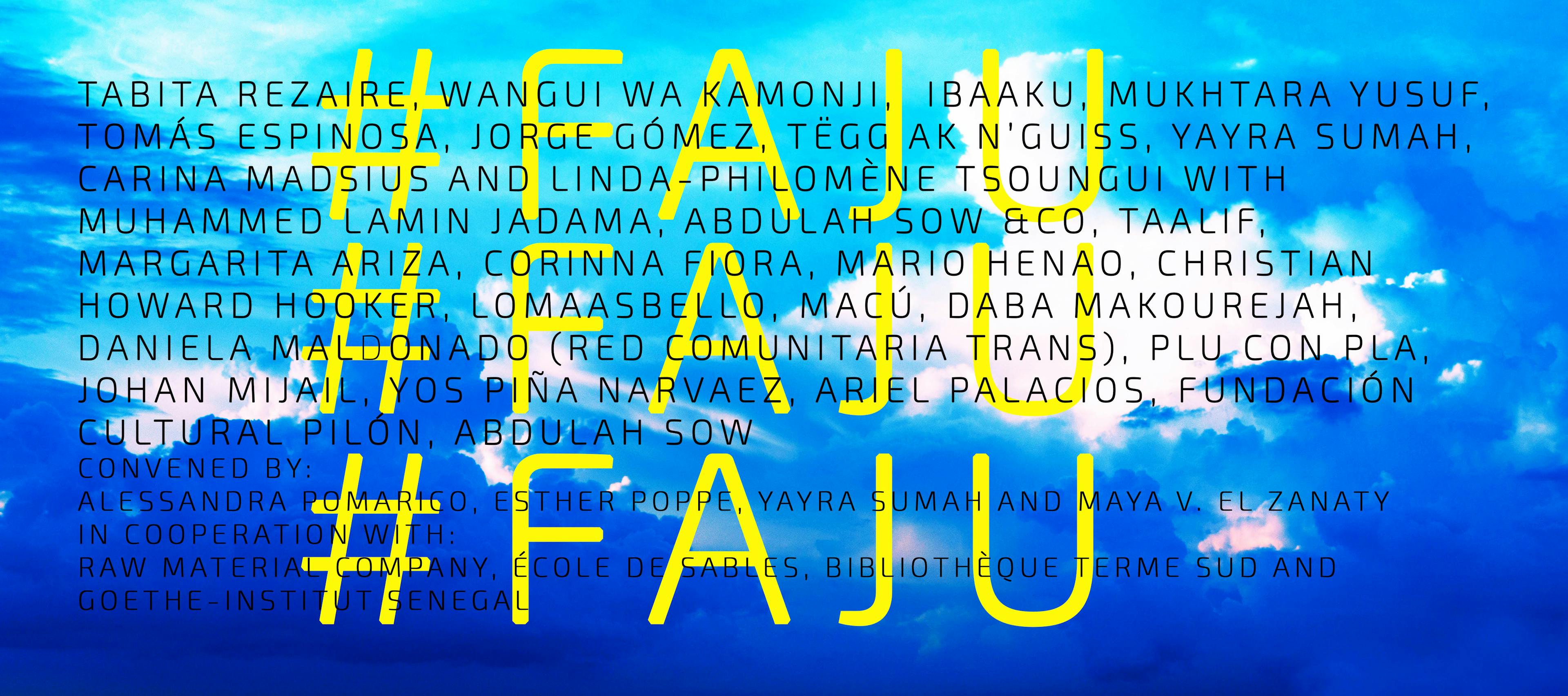
#Healing (Faju) || Feb 4-6
New Alphabet School @HKW (Berlin)

2 new pieces in Partizan Jam collection
keep on studying antifascism
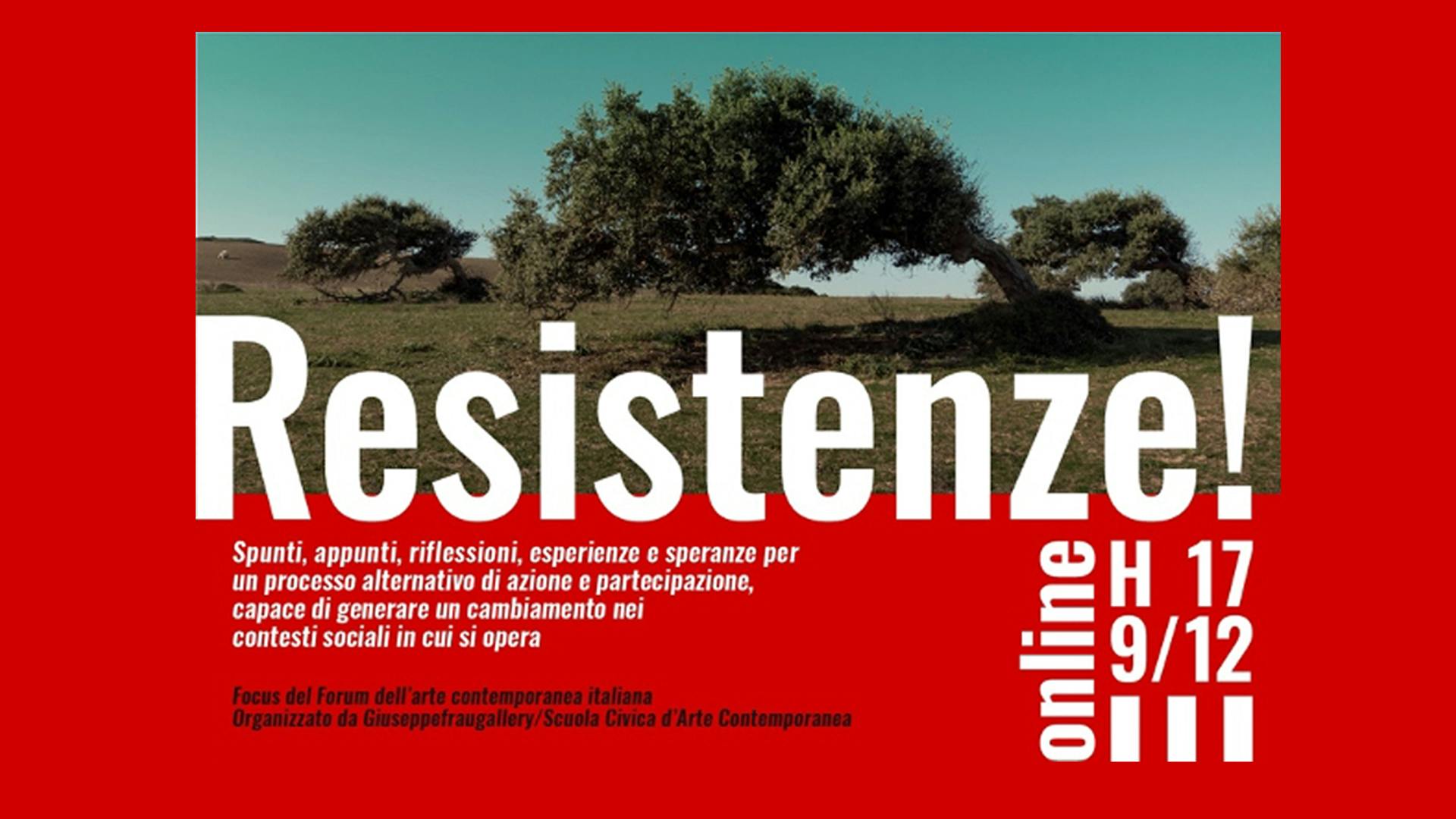
FHU@Forum dell'Arte Contemporanea Italiana
Resistances / Radical Pedagogy
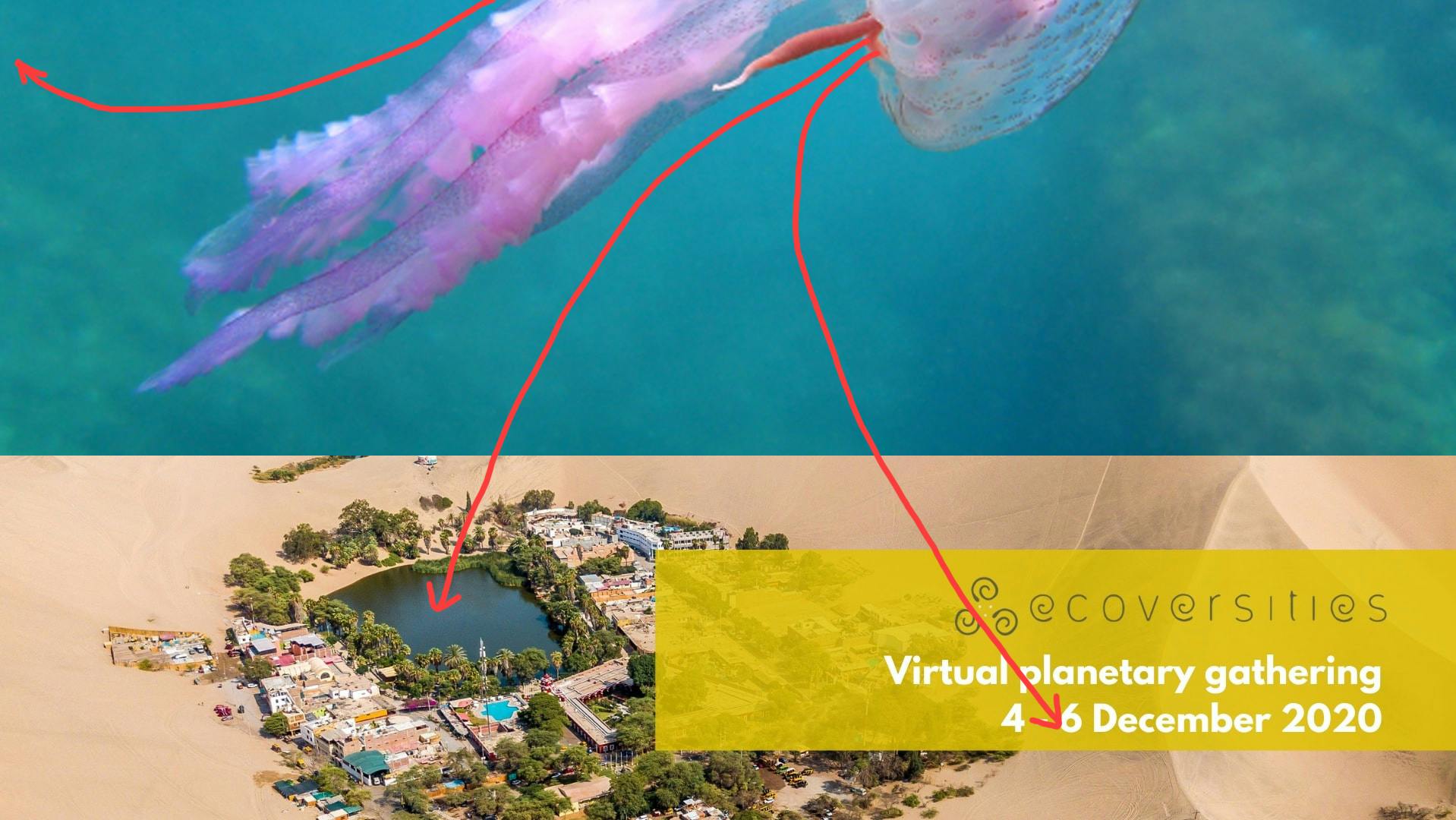
M.E.D.U.S.E. float @ Ecoversities
Dec.06 || 9.oo PM CET
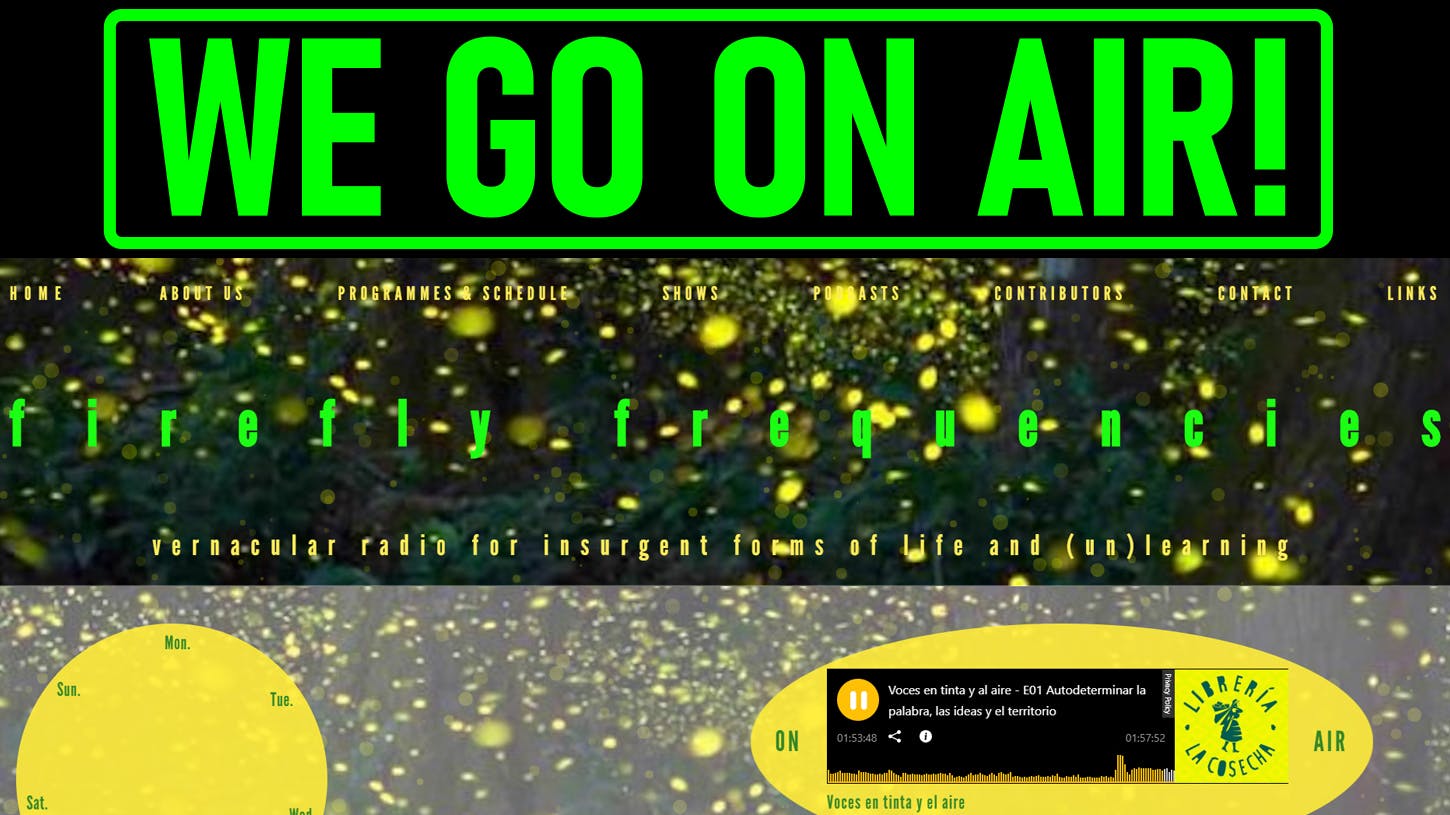
Firefly Frequencies || since Dec 5, 2020
launch of the online radio
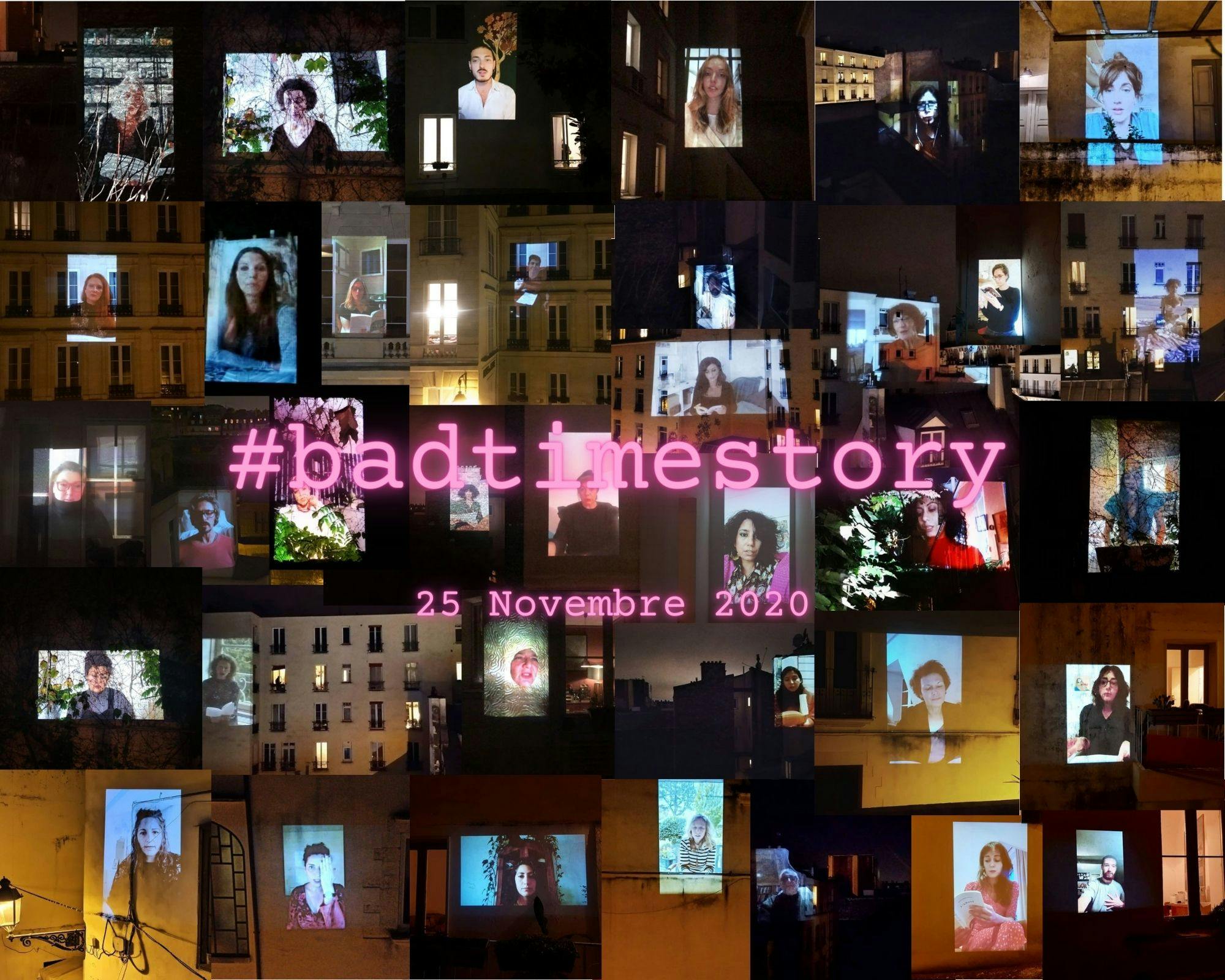
International Day for the Elimination of Violence against Women
bad-times-story
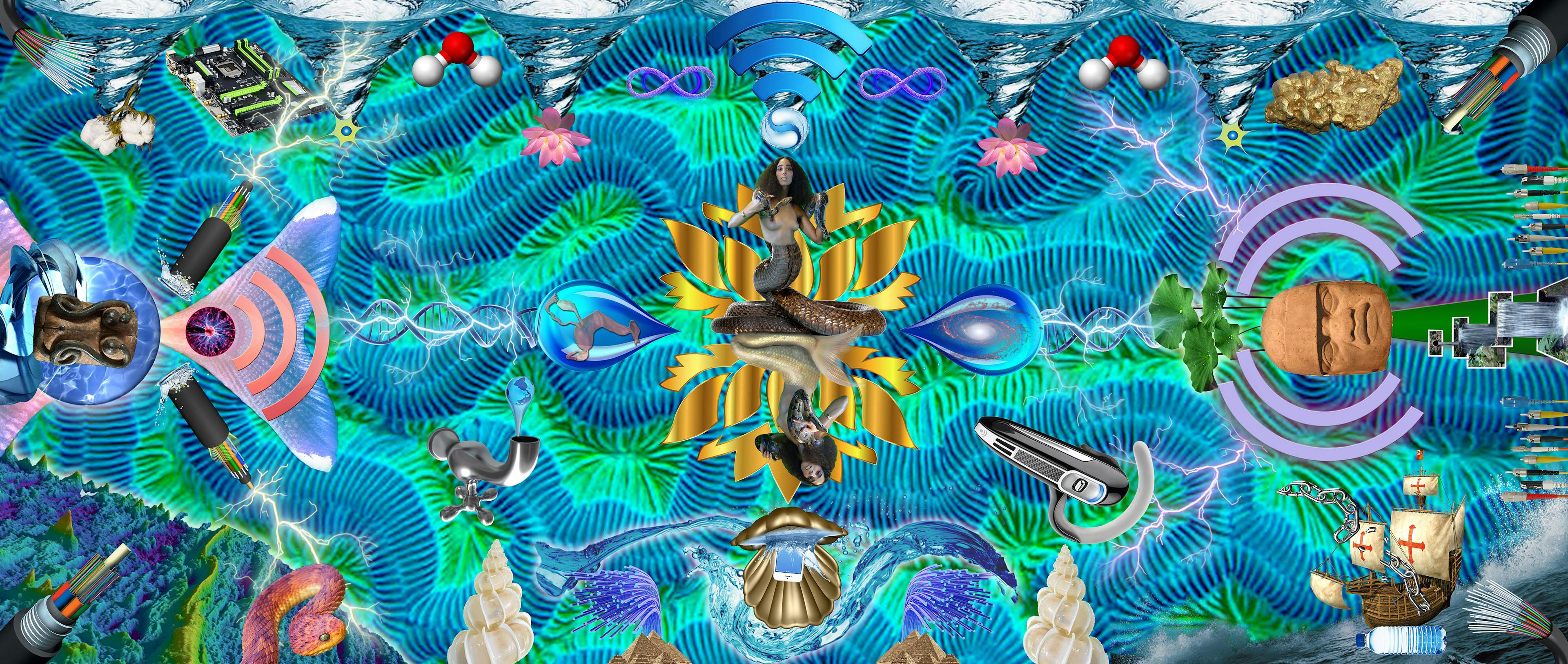
#HEALING Dakar\Berlin || Feb 2021
FHU@HKW
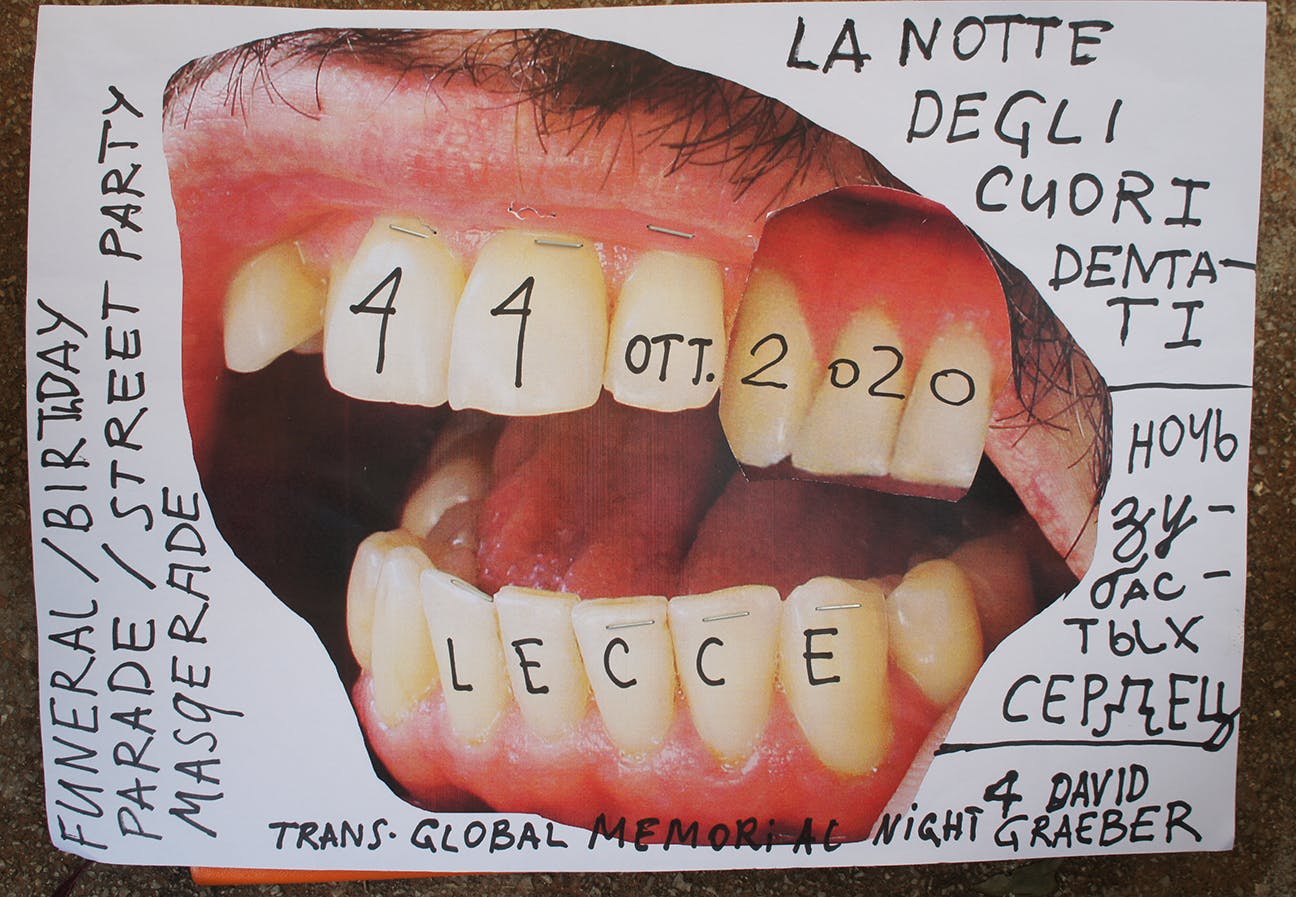
In Memoriam || David Graeber's intergalactic night || Oct 11th, Lecce
Notte dei Cuori Dentati
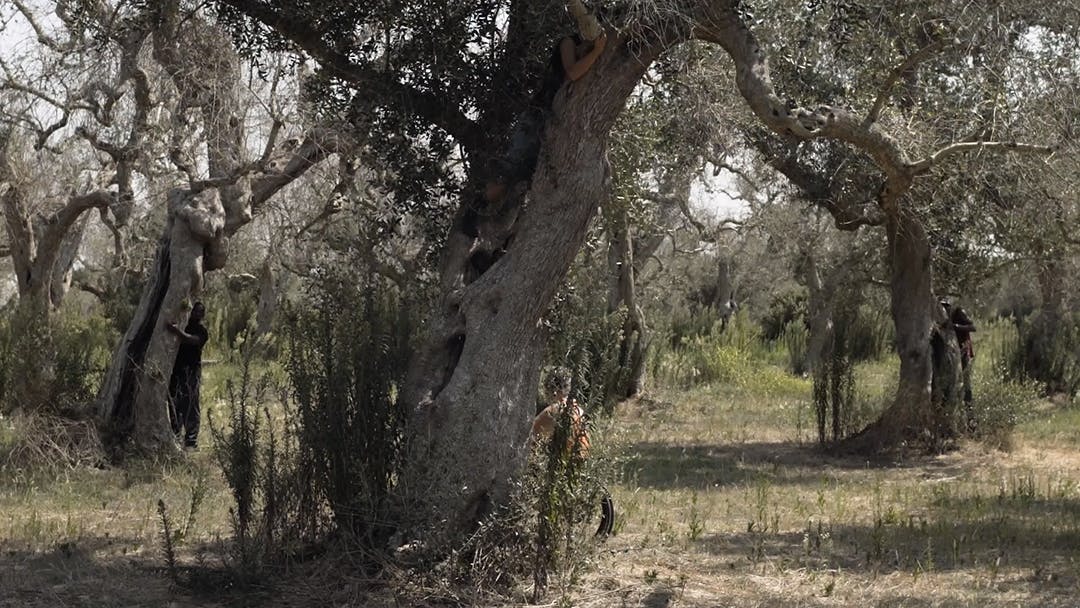
People of Flour on display in Athens
European Premiere
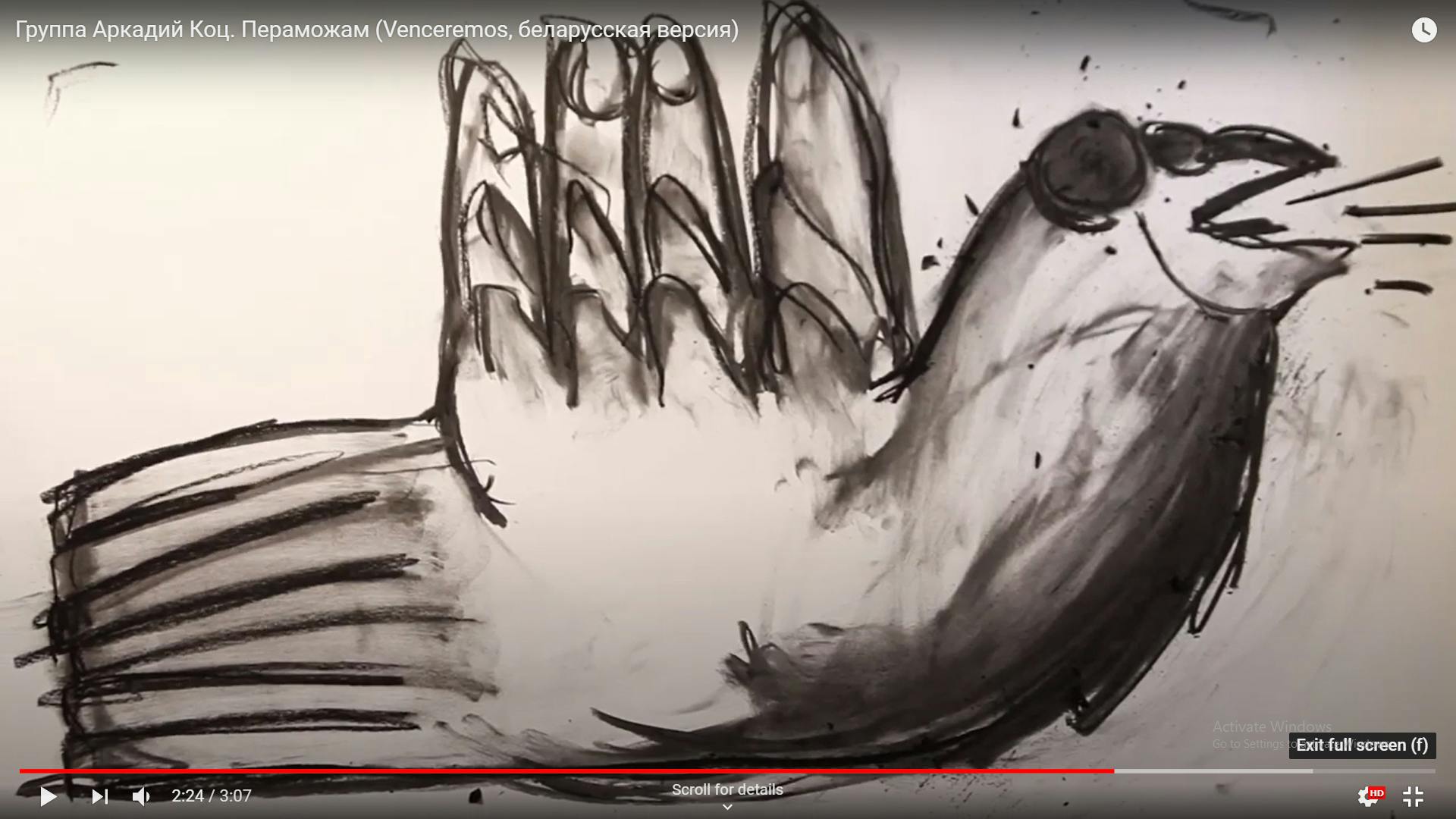
Cultural Workers of Belarus: Open Letter
open letter
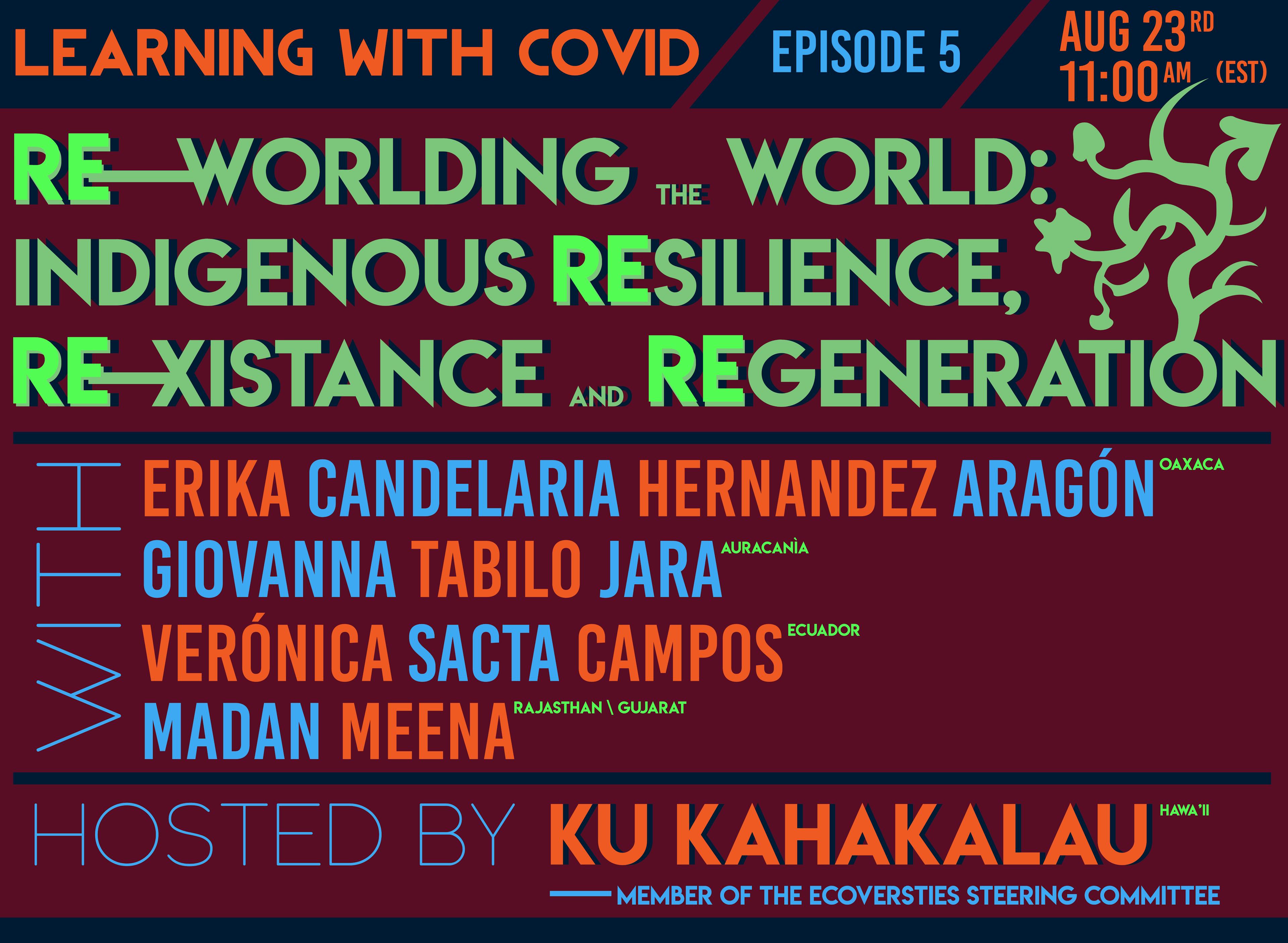
Indigenous Resilience || Learing w COVD: chapter 5
Aug 23 || 11:00 (EST)
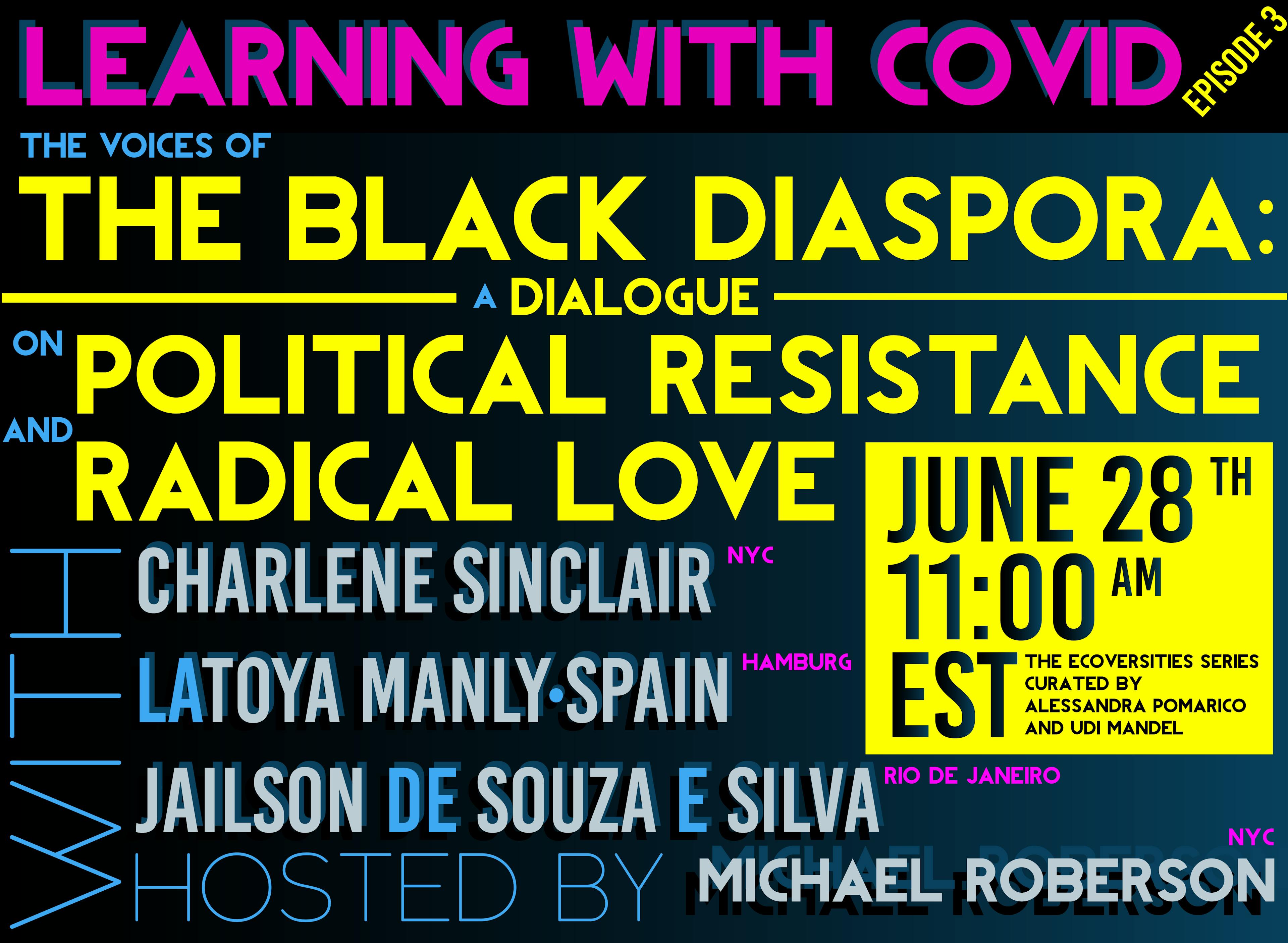
The Black Diaspora || Political Resistance and Radical Love
Learning w covid series
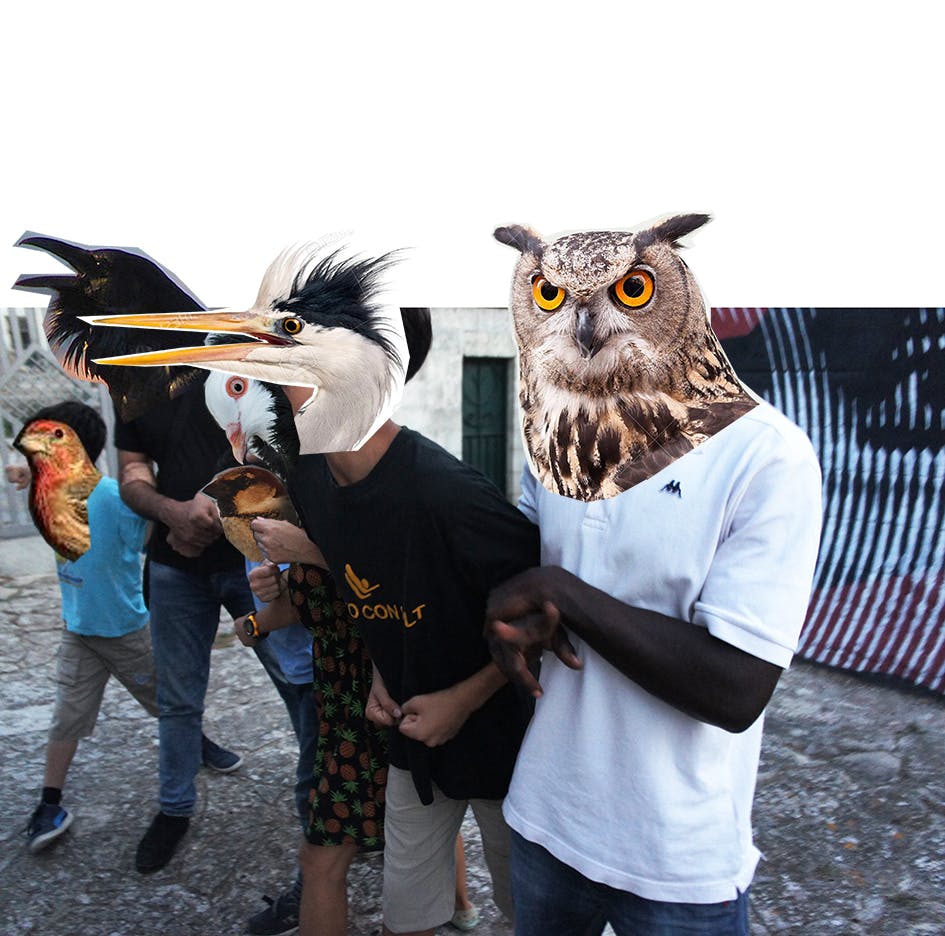
What's there to (un)learn? || June 17-19
LaForesta Academy feat. FHU
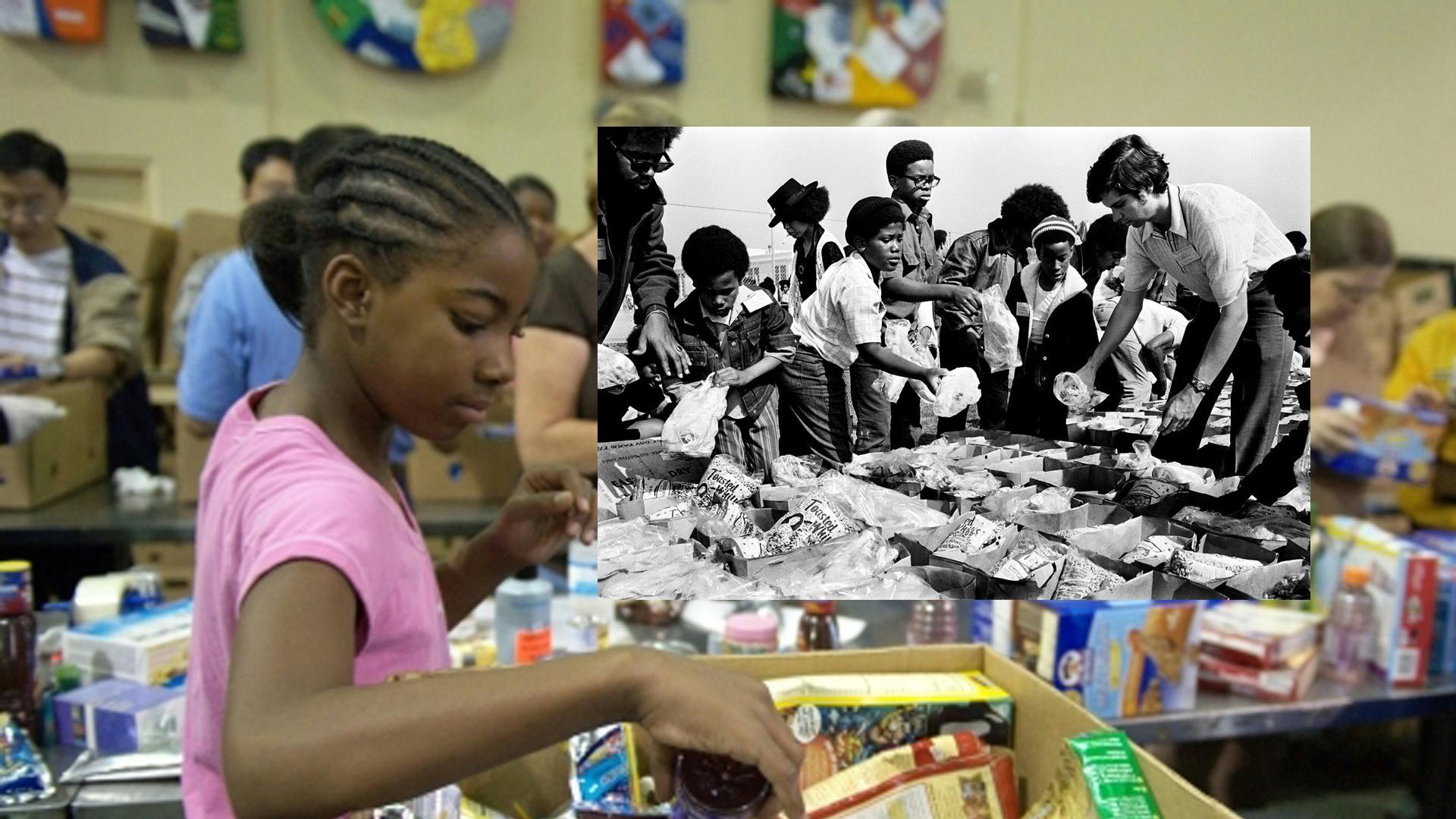
la Cura || the Care (we want) by A. Pomarico
A contribution to the Italian Contemporary Art Forum
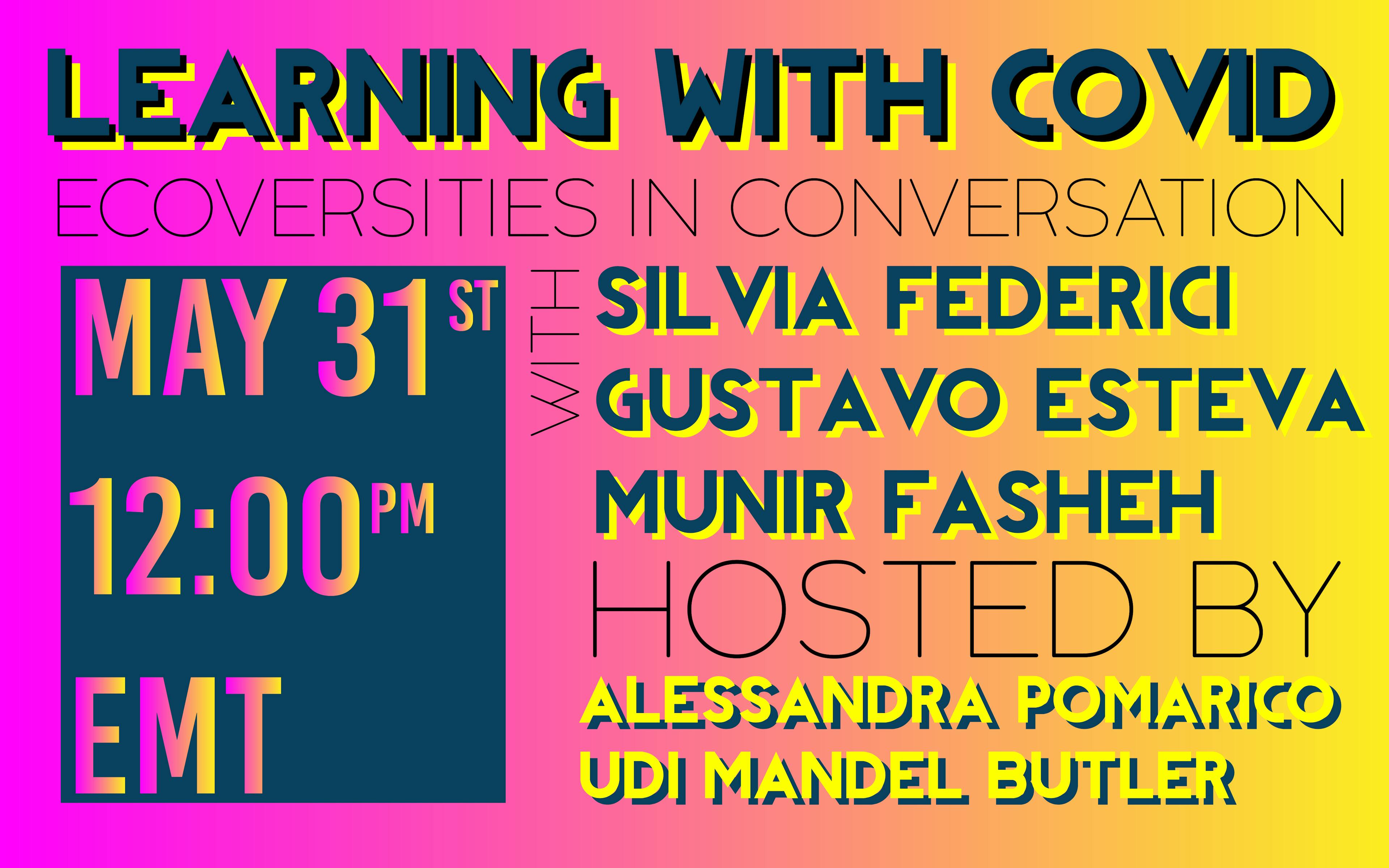
S. Federici, G. Esteva, M. Fasheh
Ecoversities in Conversation
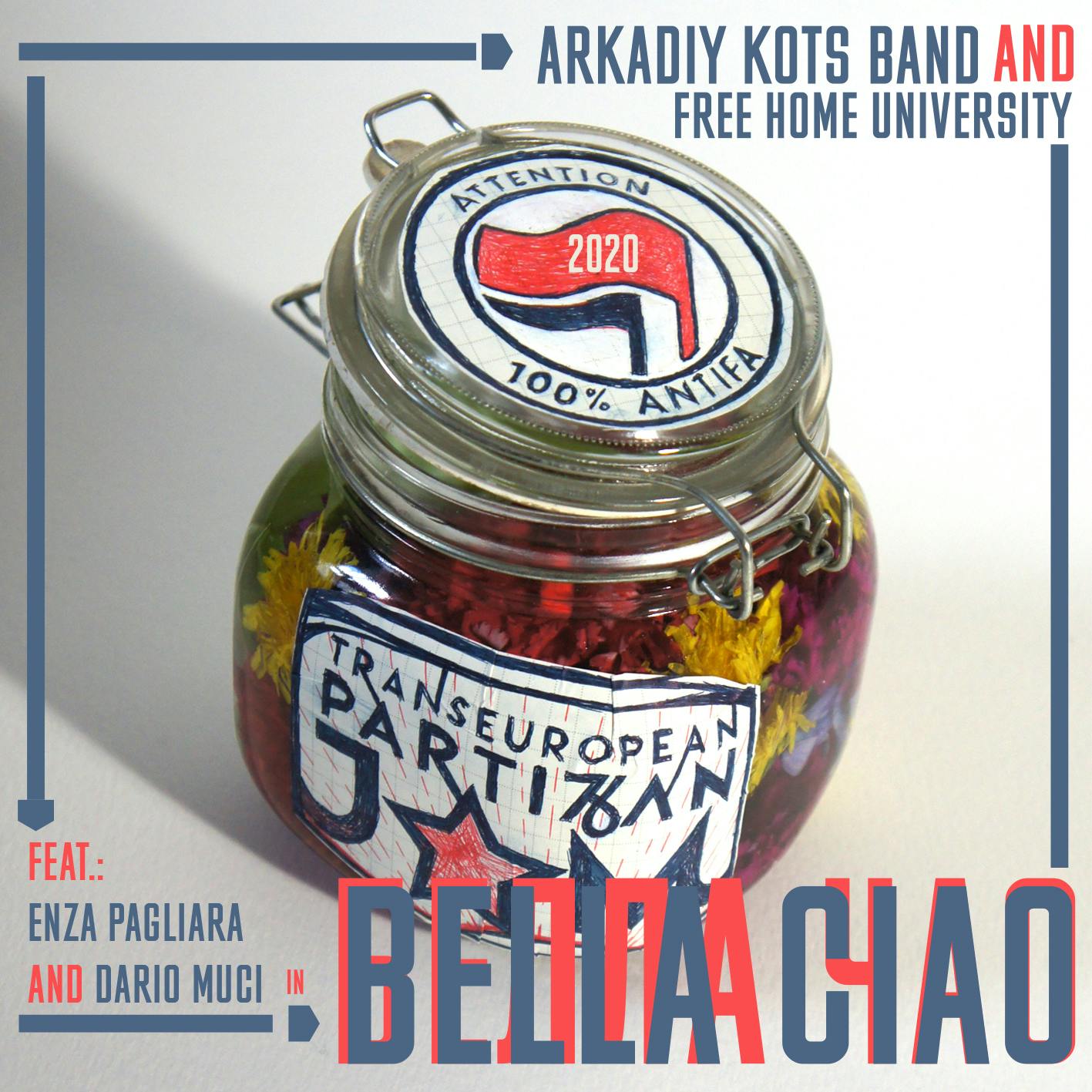
Trans-European Partizan Jam || Chapter 1: Bella Ciao
Chapter 1
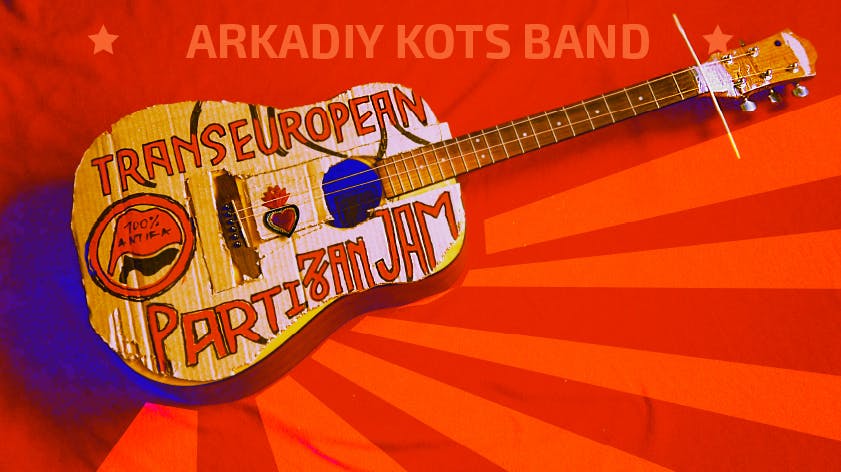
Antifascism for the Future? Live Music and more
live concert online
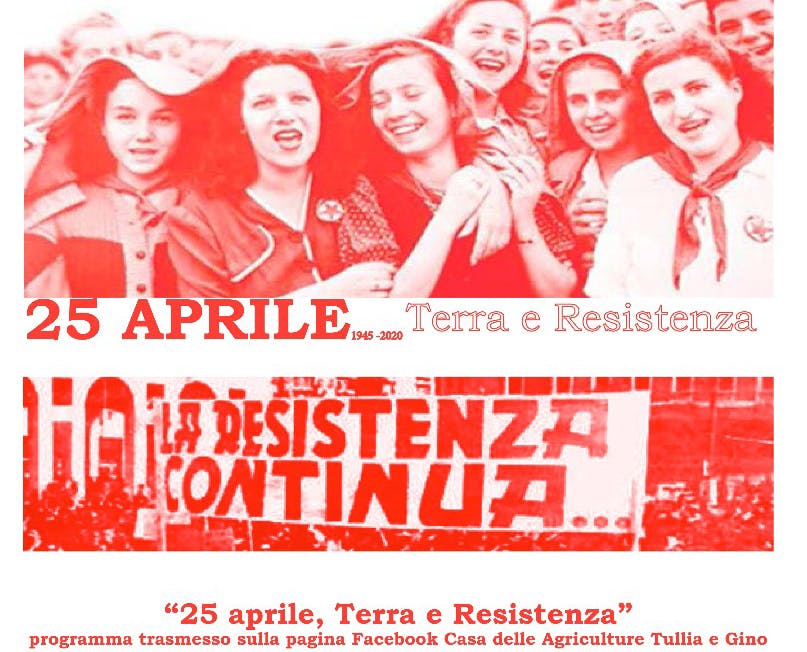
Bella Ciao teach-in: pedagogies of Antifascism
April 25 || Castiglione d'Otranto
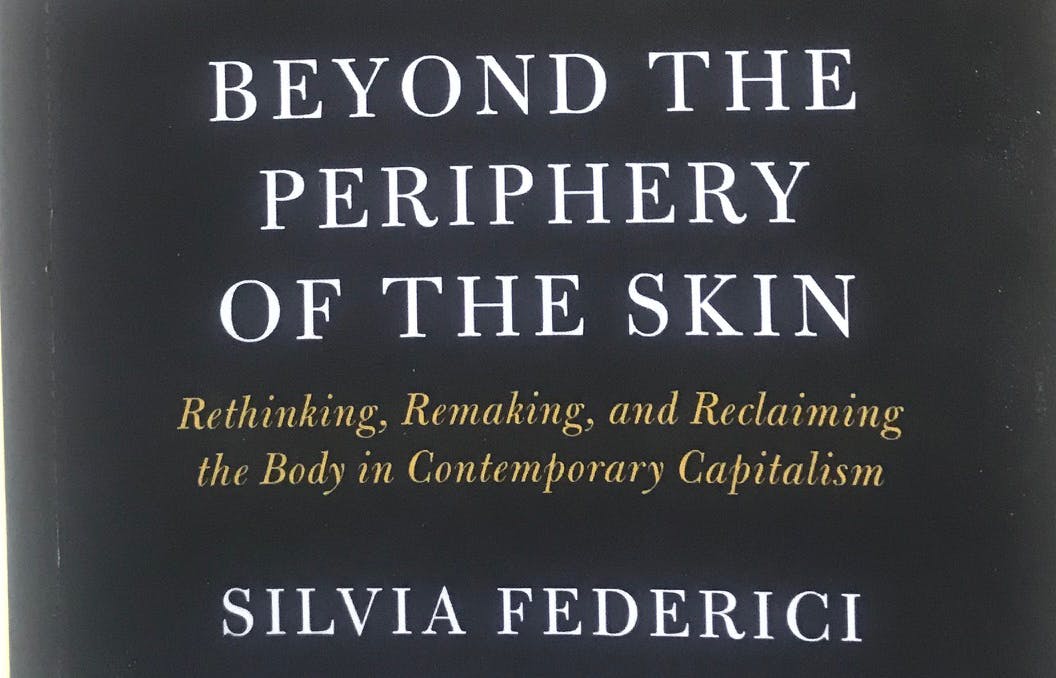
S. FEDERICI's NEW BOOK
acknowledgements
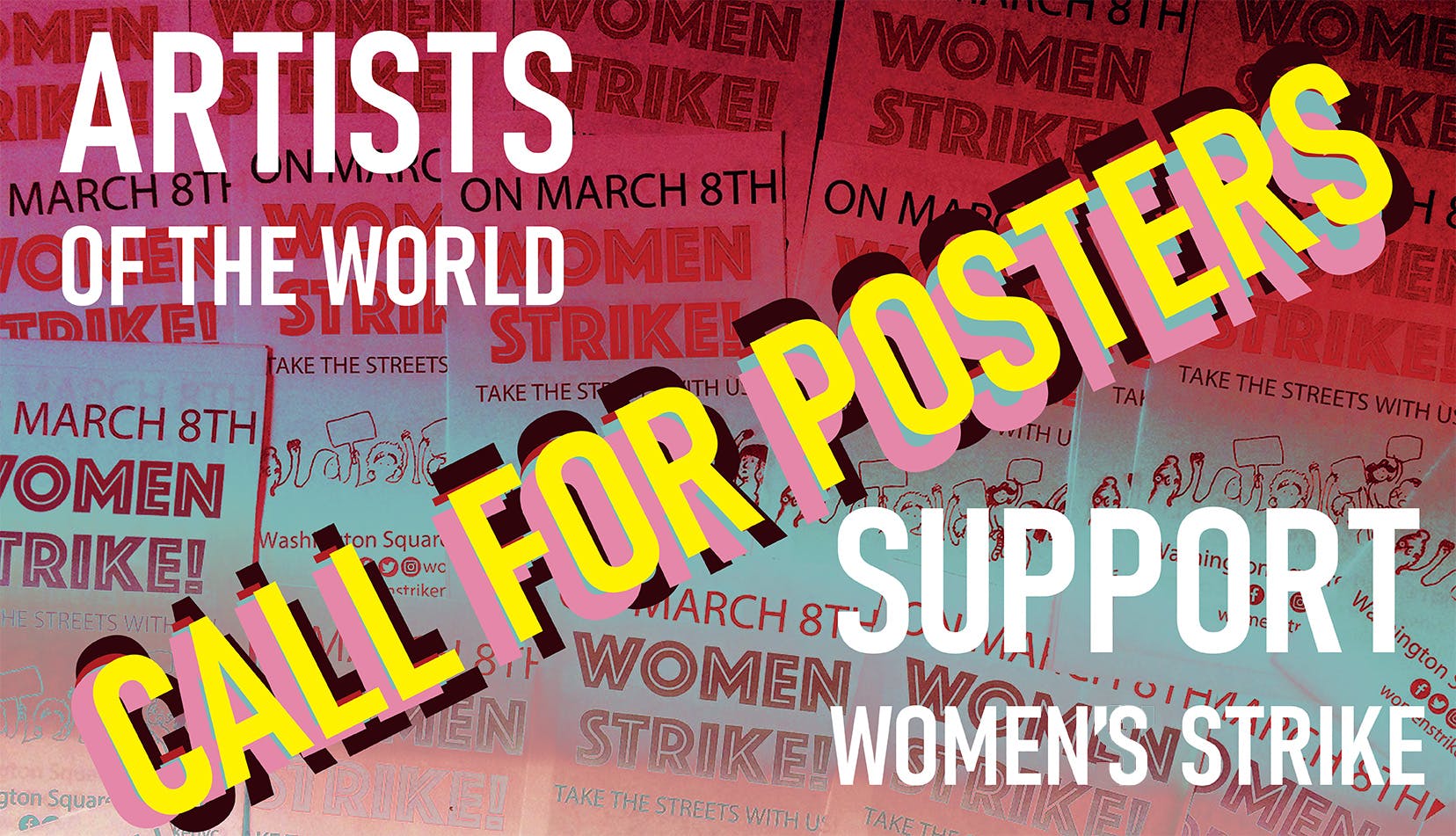
CALL for POSTERS
Women's Strike NYC Street Fest
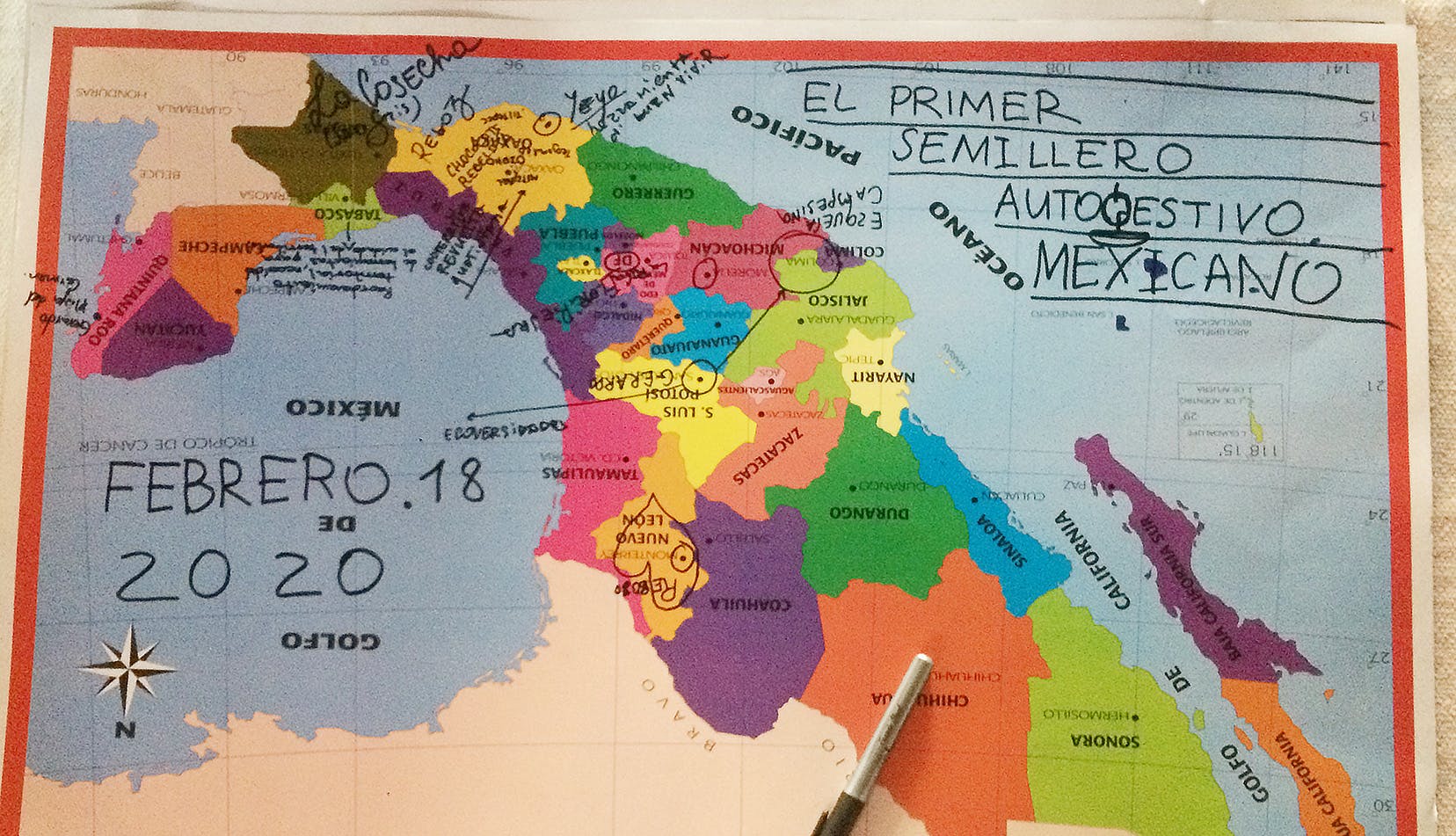
Oaxaca || Forms of R-existence
El Primer Semillero
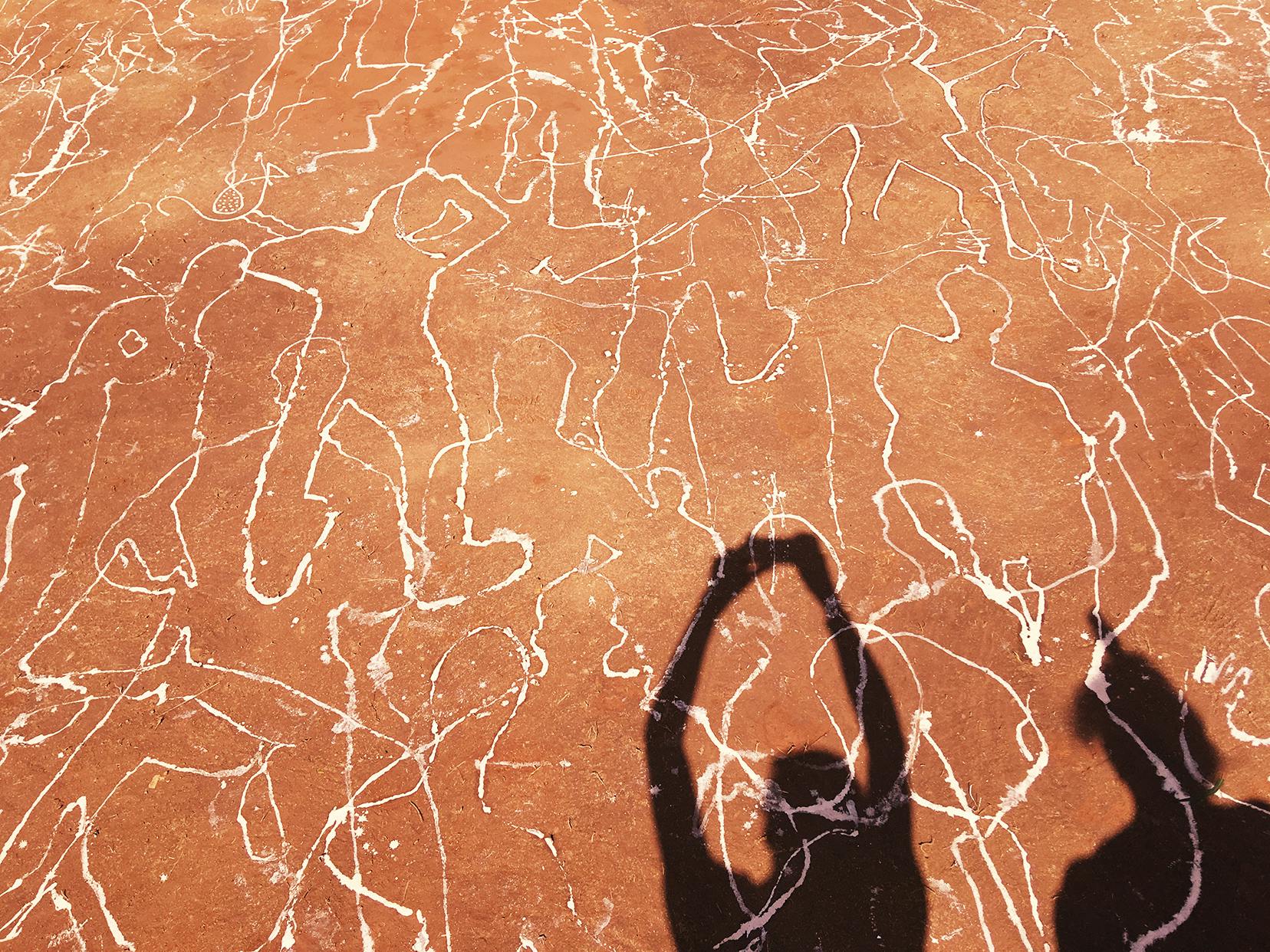
Polit-Informatsia Under the Mango Tree
02.02.-07.02.2020
Free Home on the news
La Repubblica & Telerama
Ecoversities Europea || Gathering at the Threshold
27.12.2019 - 03.01.2020
People of Flour... @ Lo Spirito del Grano
Chto Delat is back to Casa delle Agricullture
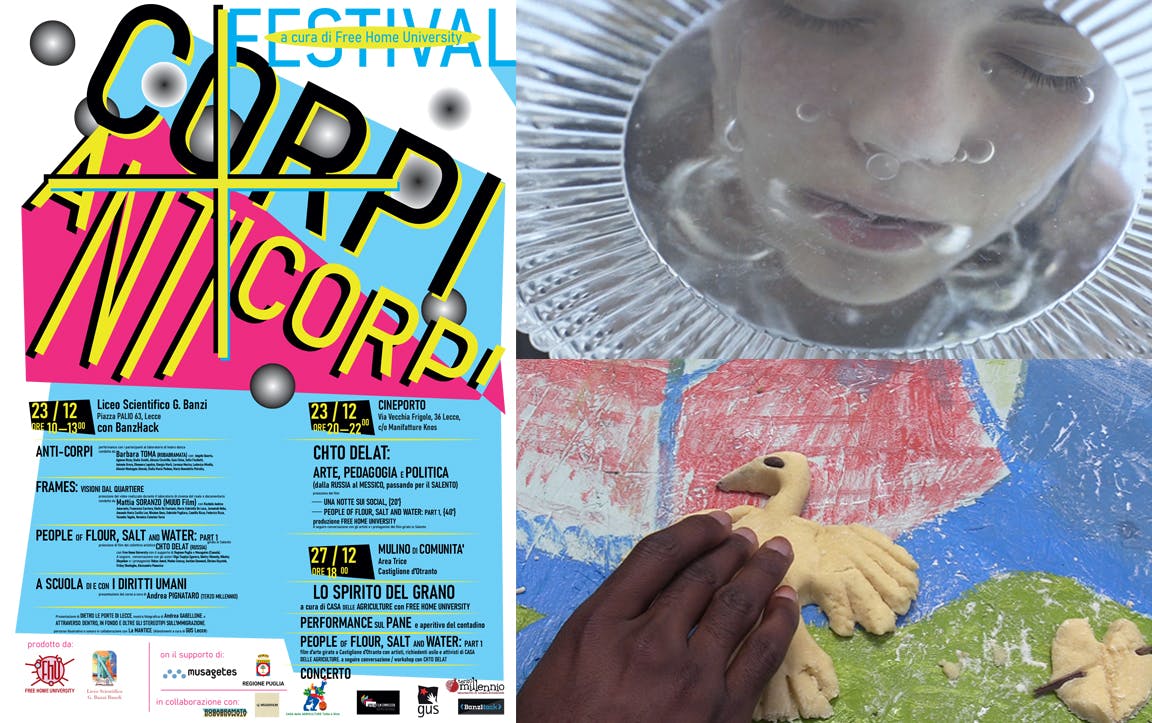
Corpi+Anticorpi Festival of FHU (Italian announcement)
23-27 Dec 2019 || Lecce
Altar to Our Teachers
Pedagogies of the Dead
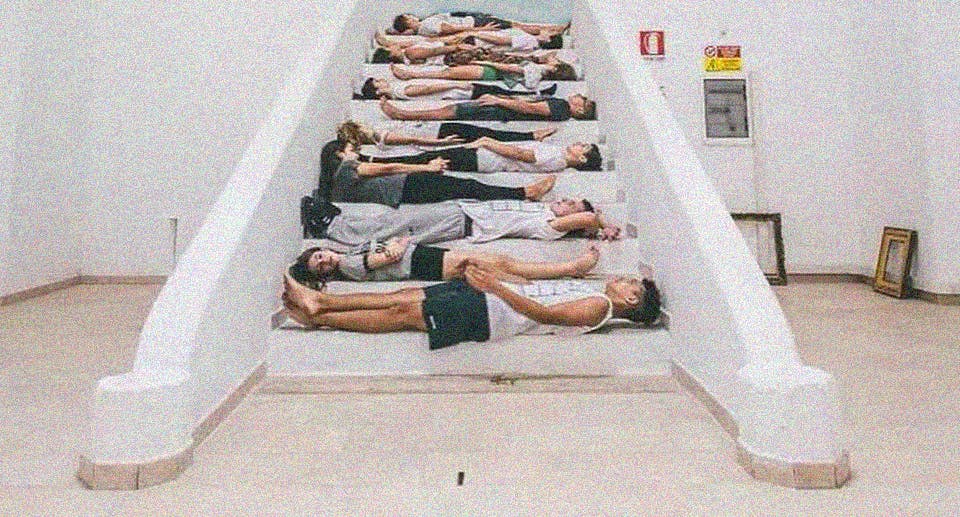
Back to School: FHU @ Banzi, Liceo Scientifico, Lecce
Oct || Dec, 2019
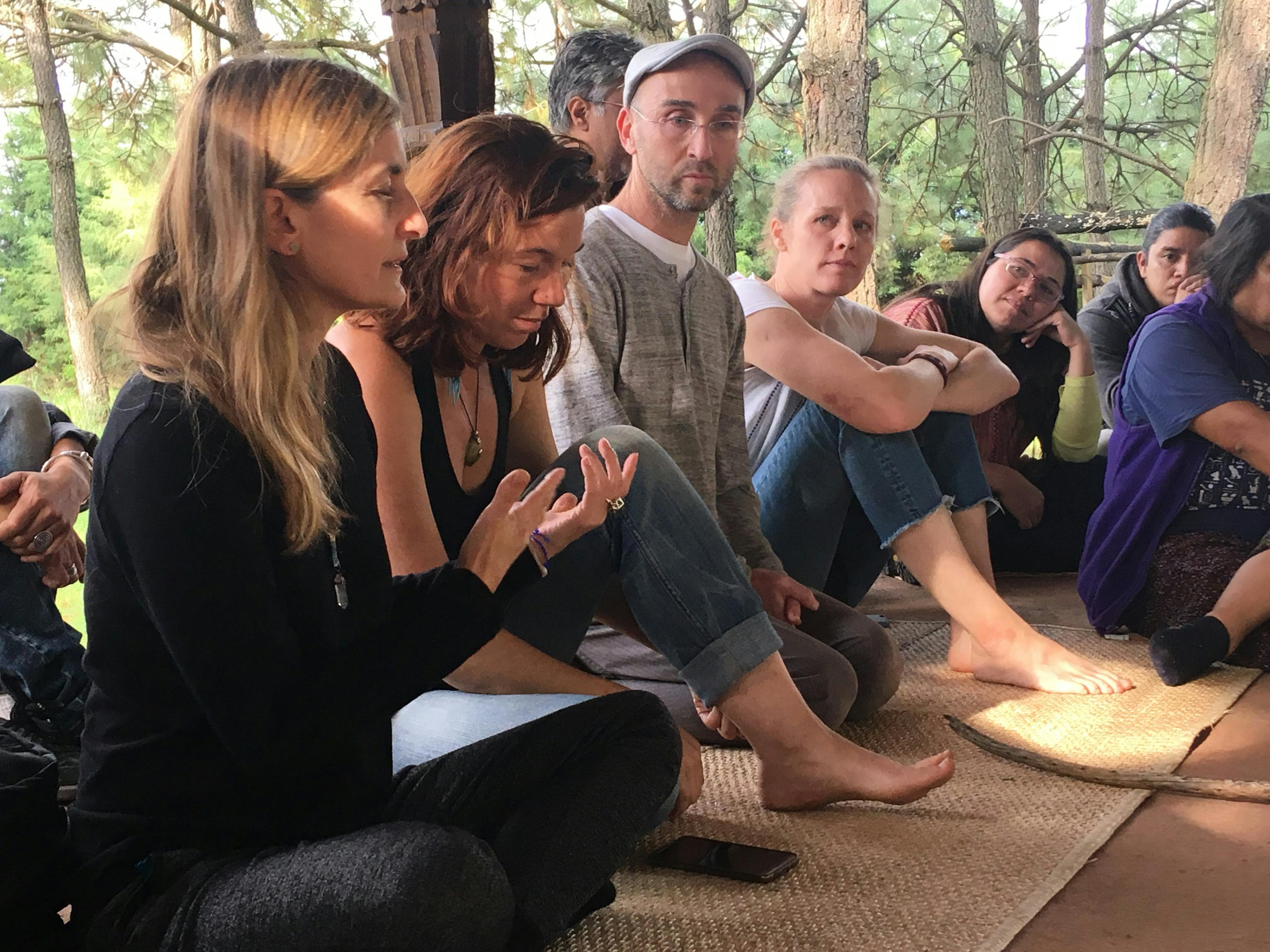
FHU@Ecoversities Global in Mexico
Oct26 || Nov2
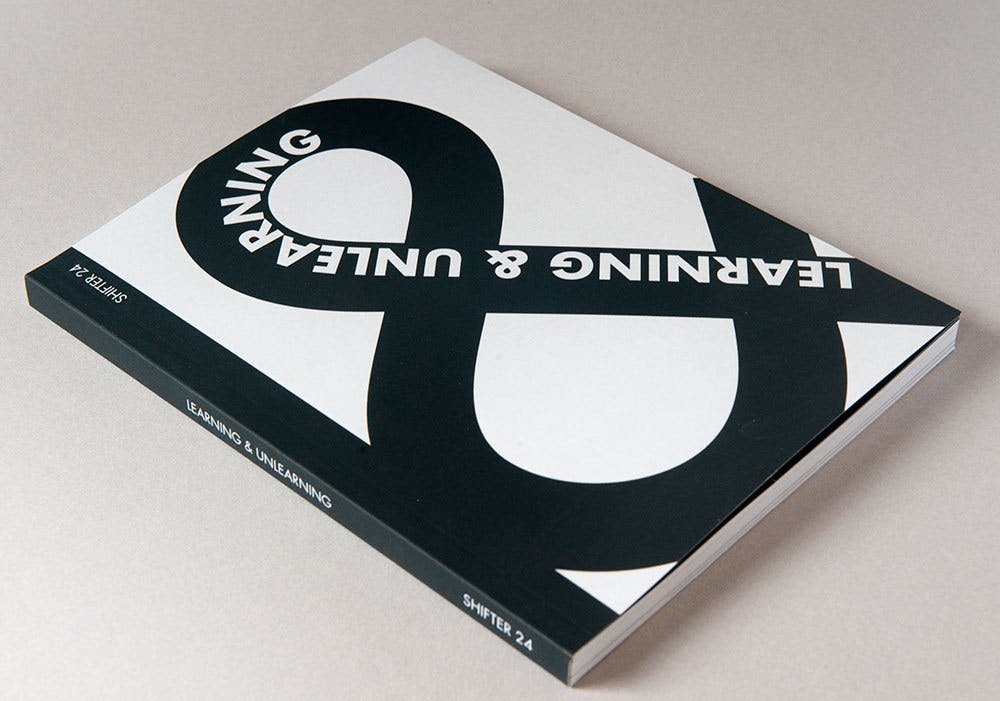
SHIFTER 24 || NYC Art Book Fair
book launch, Spt 22, 2019
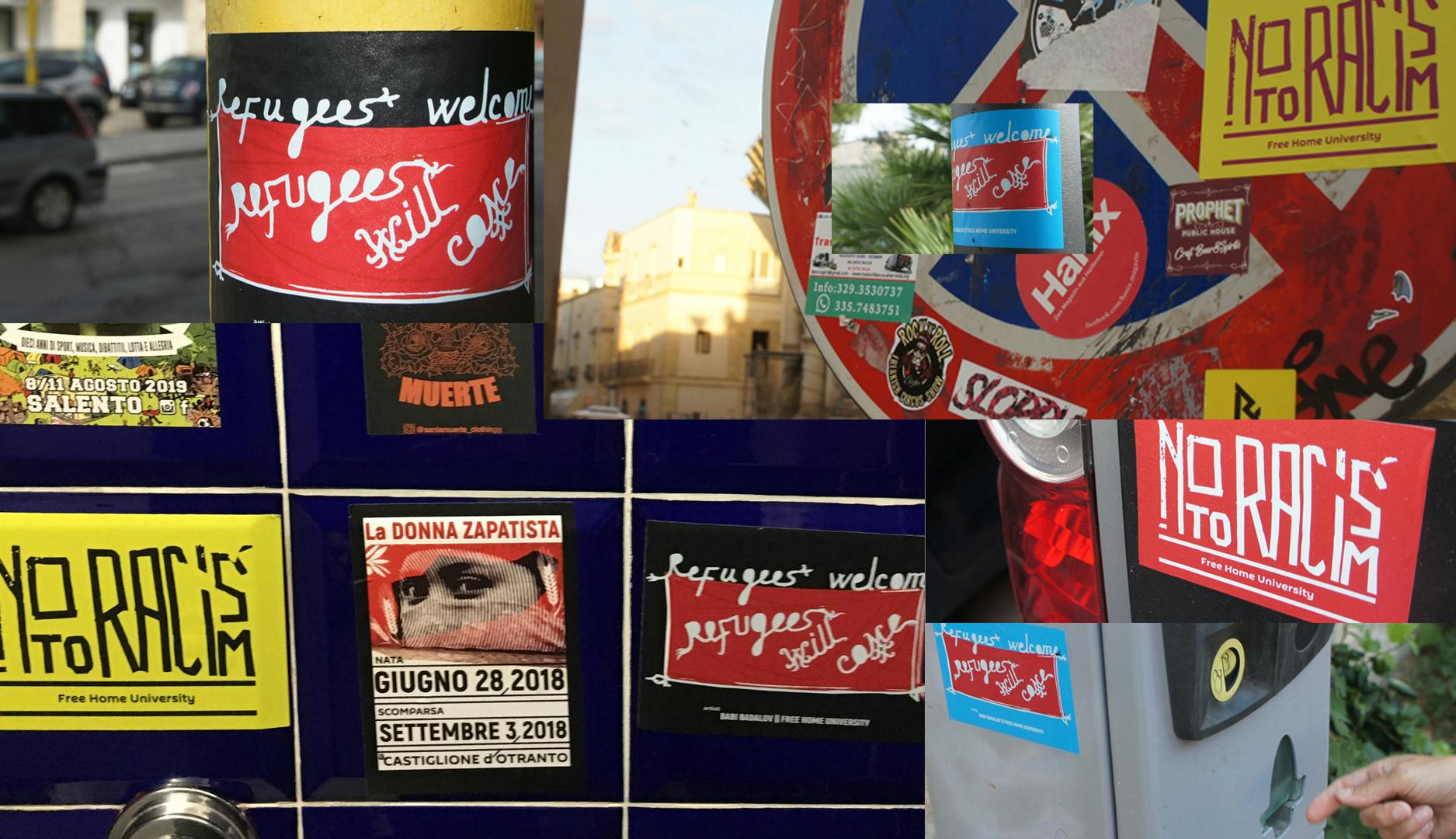
Wearing Our Questions || Sticking On Our Mottos
FHU's Mutual-Aid Fund and Graphic Guerrilla Campaign
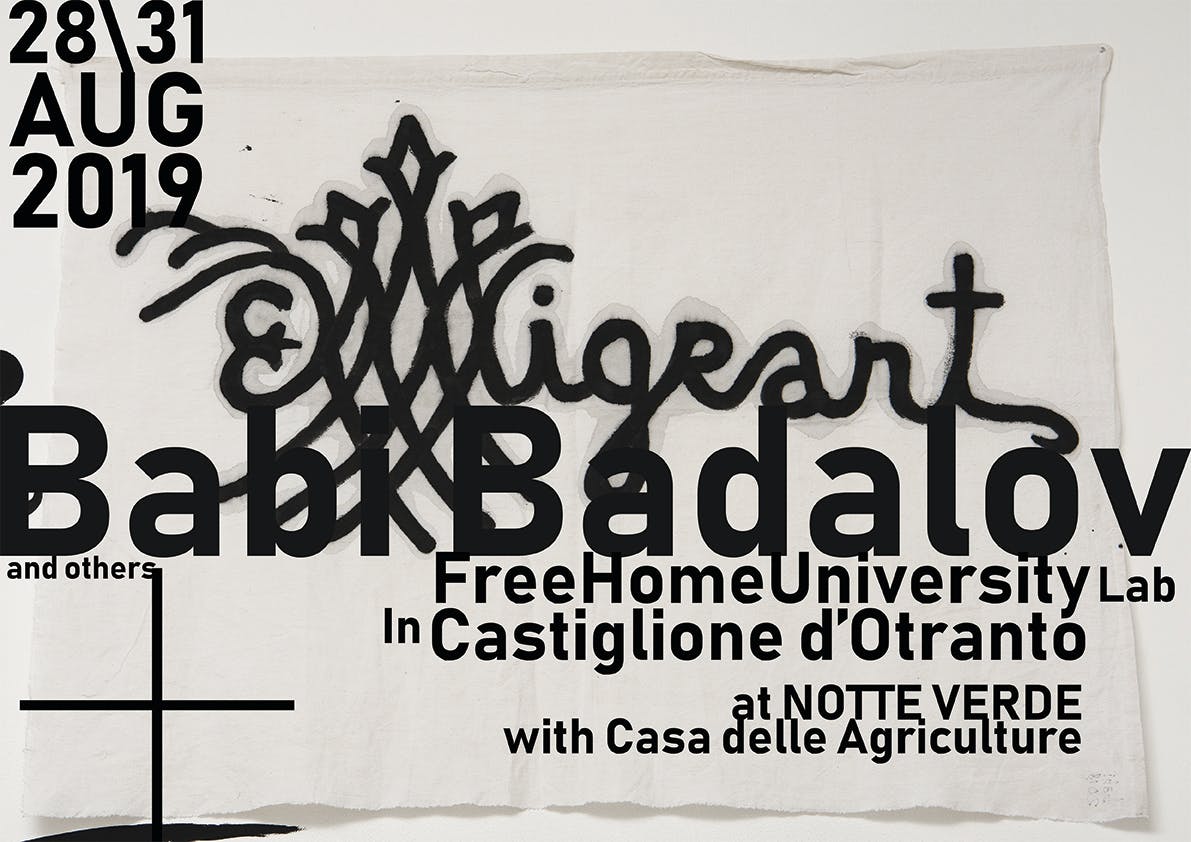
BABI BADALOV || Refugees Will Come {and more}
RURALI MURALI || FHU Lab
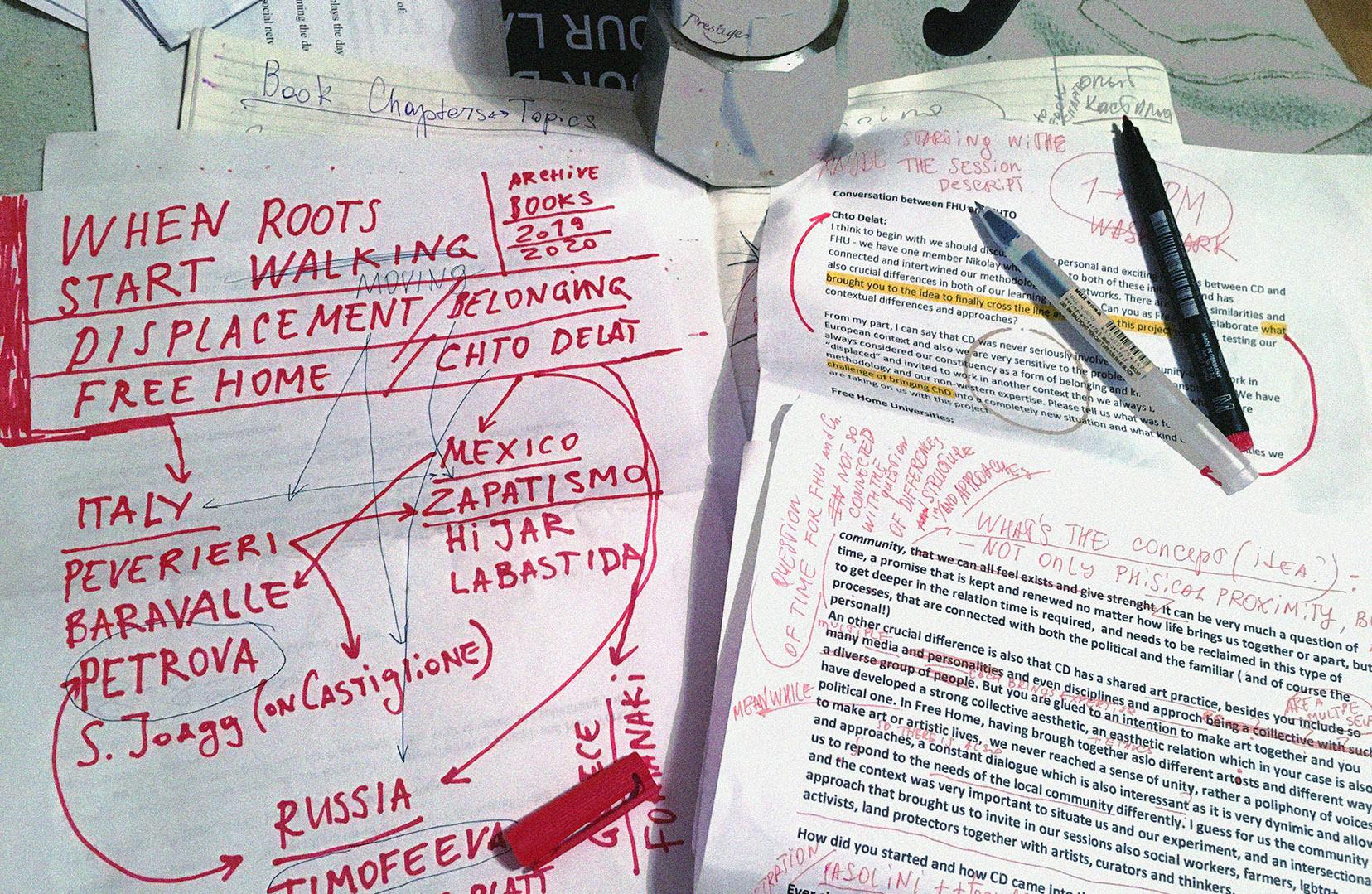
EDITORIAL MEETING
Specchiulla || July 2019
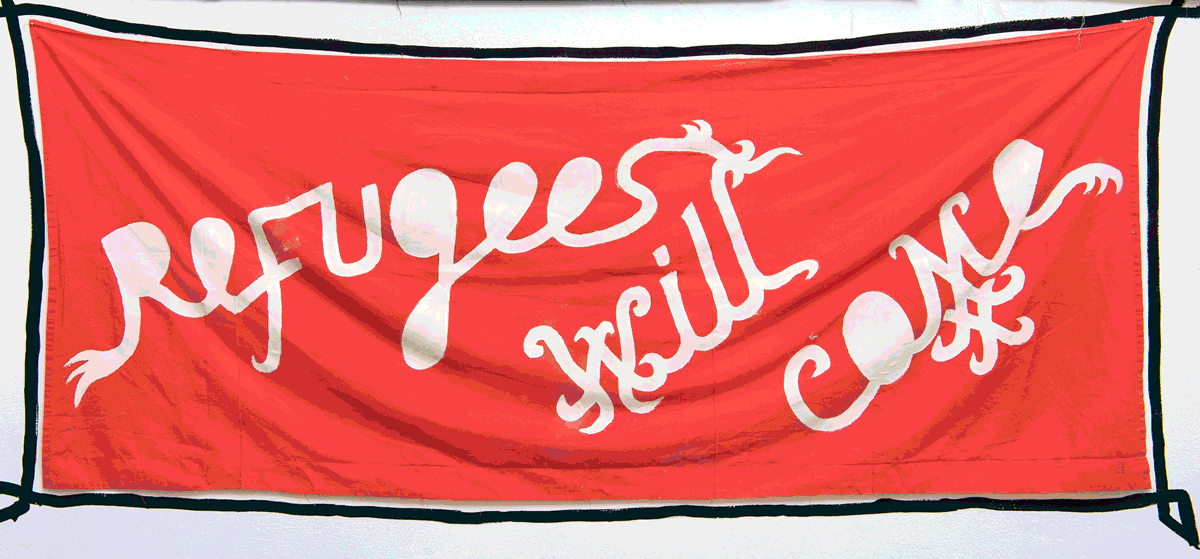
Silvia Federici, Chto Delat, Babi Badalov: Summer Sessions 2019
FHU summer sessions
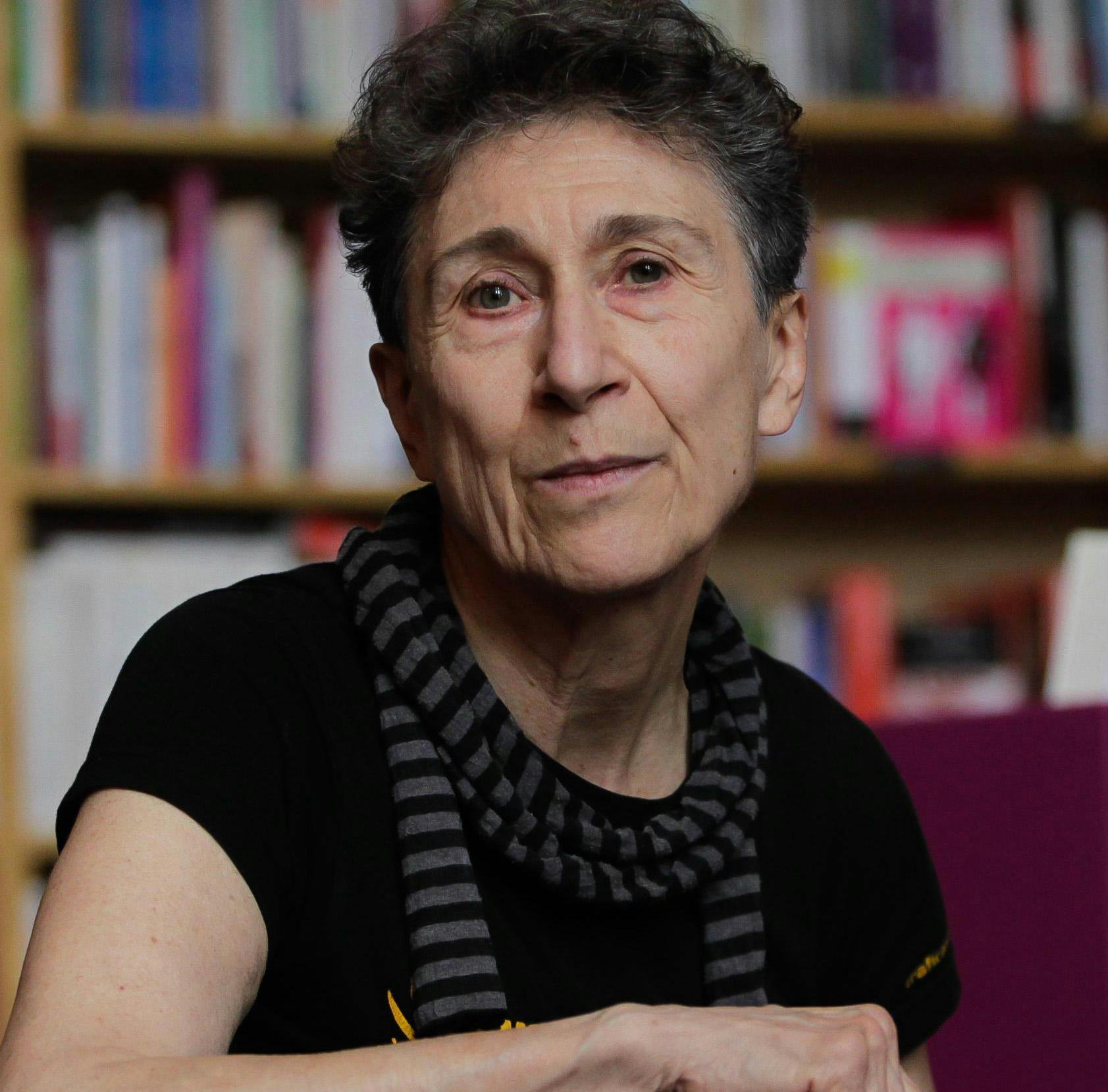
SILVIA FEDERICI || a public talk || S.a.L.E. DOCKS
June 9th, 18:30 || S.a.L.E. DOCKS, Venice
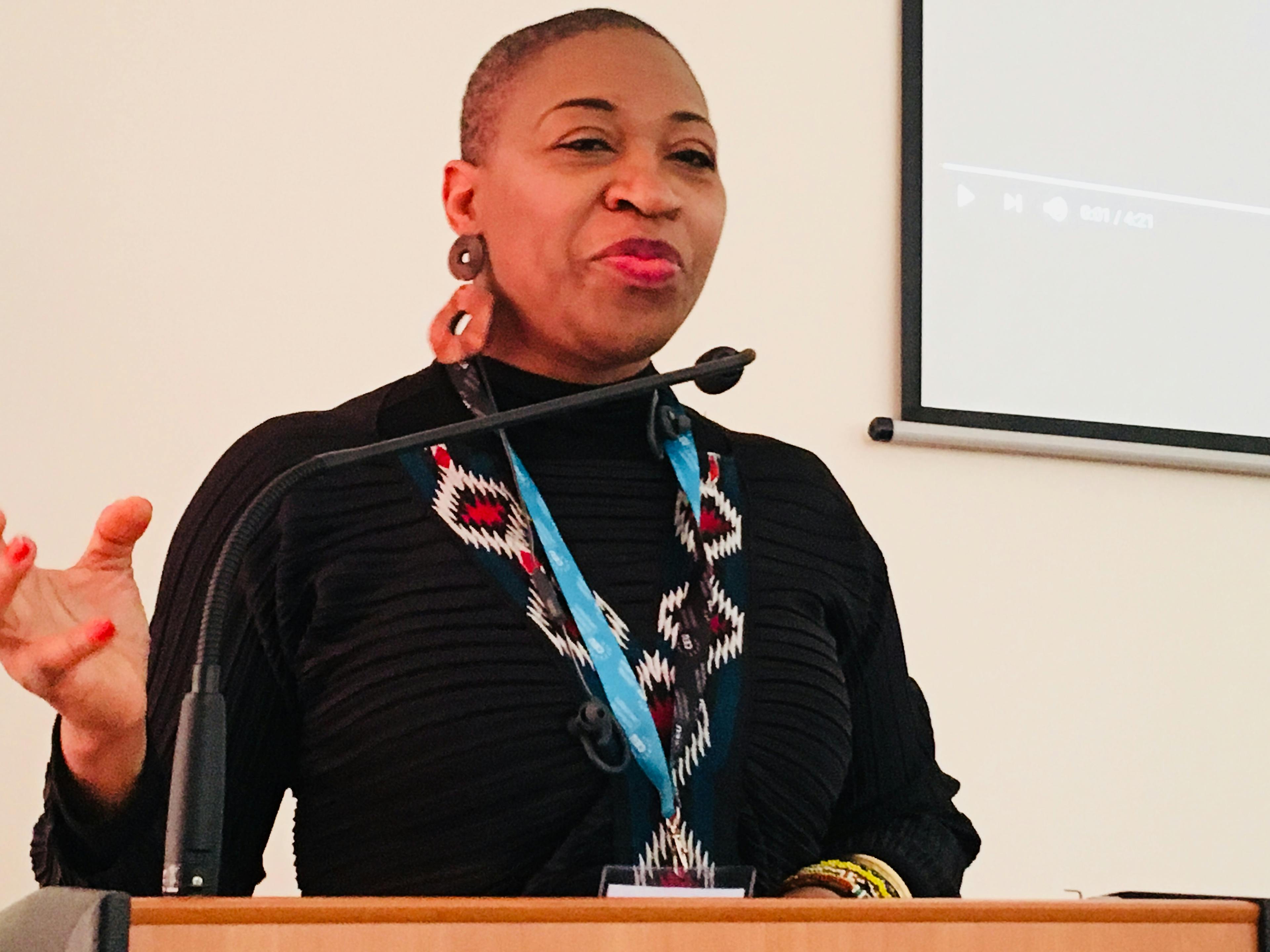
Publics, Pedagogies & Policies
FHU Budapest-2019
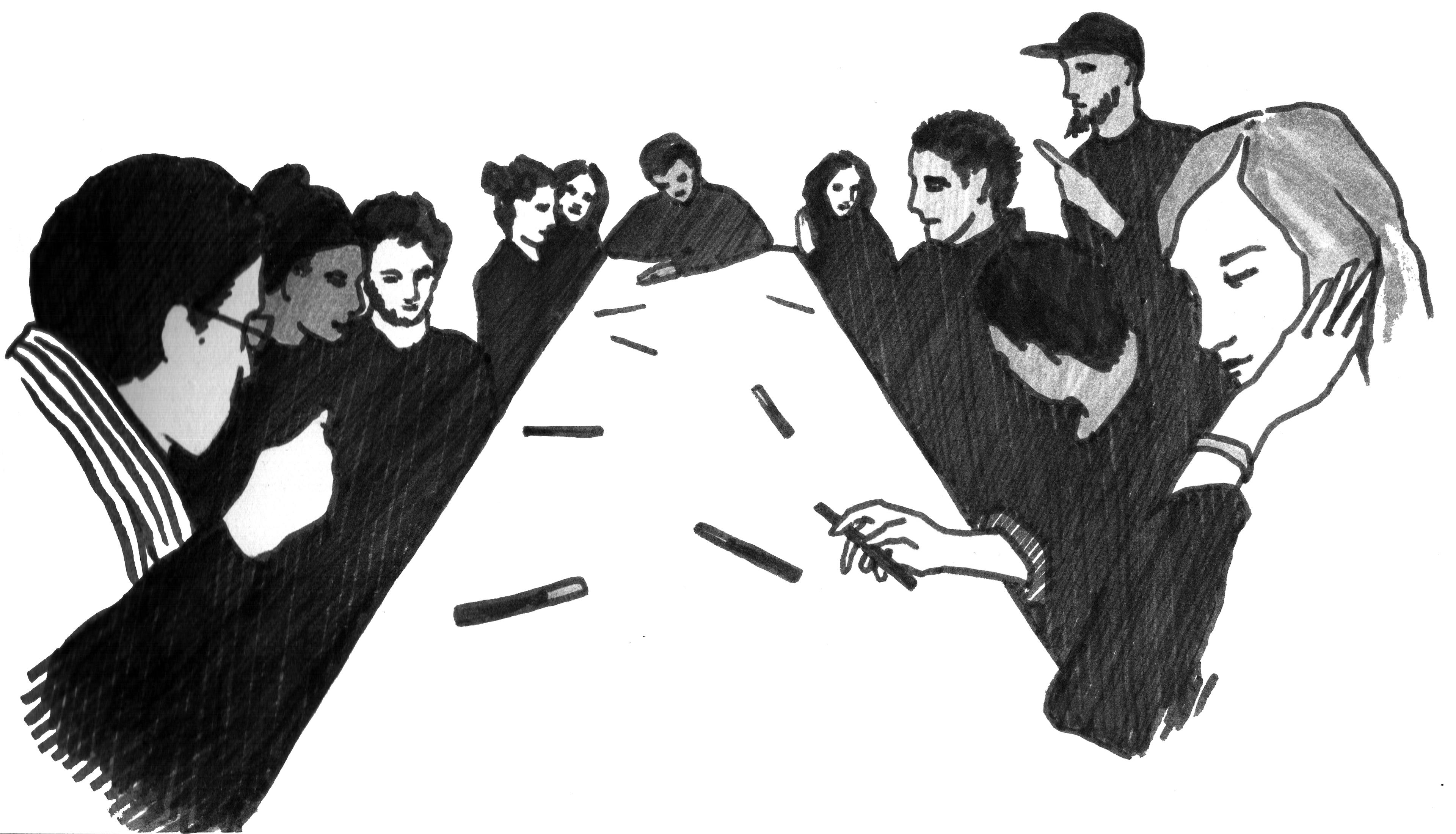
The 8th Floor, NYC. Learn-in: arts, pedagogy and reimagining our existence in dark times
On March 9th Free Home together with Chto Delat is proudly co-hosting a pedagogical event at The 8th Floor (an art venue of Rubin Museum of Art, Shelley and Donald Rubin Foundation) in New York.
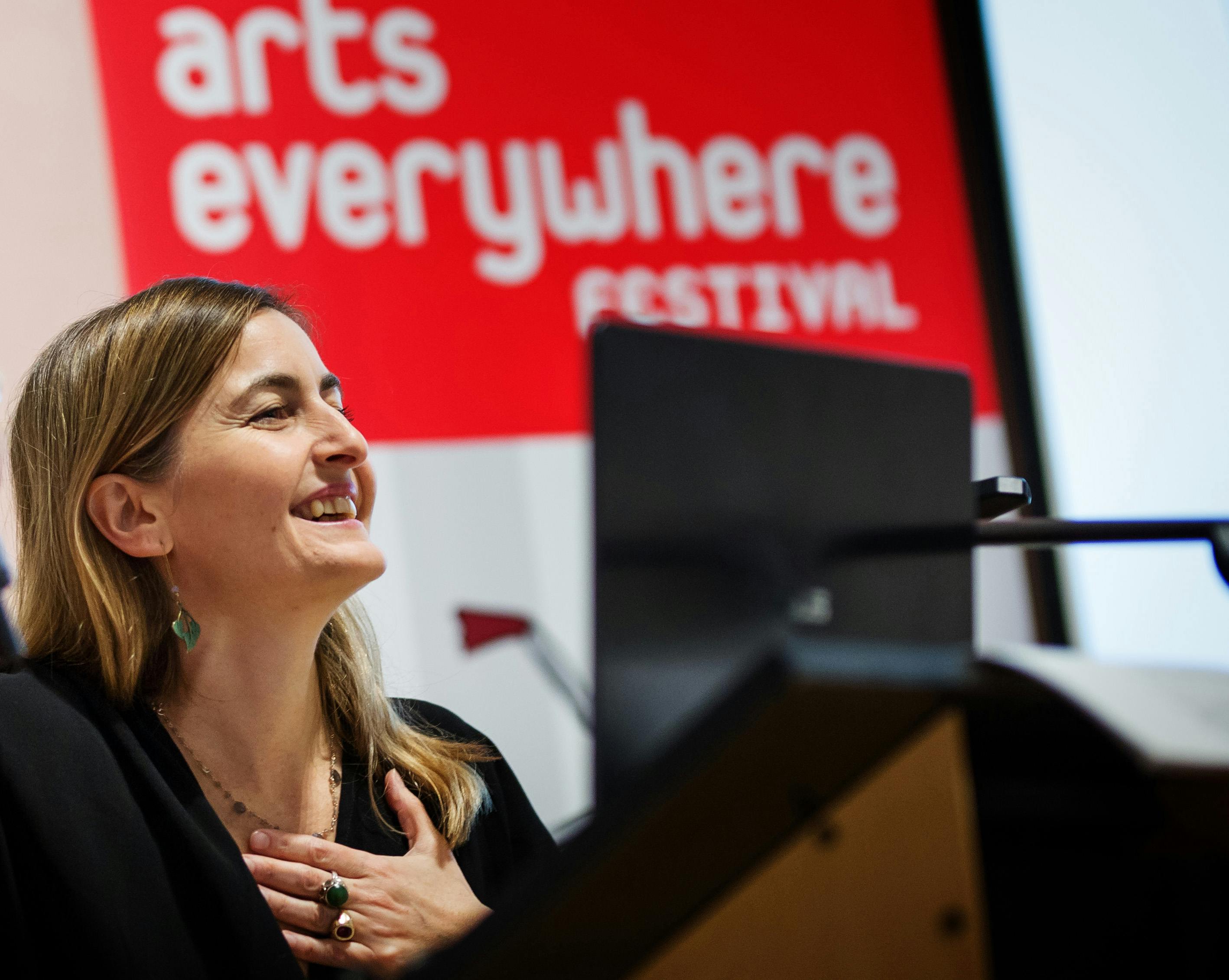
FHU at ArtsEverywhere festival
On January 24 the ArtsEvery festival started in Guelph, Ontario with an opening lecutre presenting pedagogies, practices and urgencies of Free Home University. At the Art Gallery Guelph Alessandra Pomarico gave a talk about the vision, the various articulations and the tools that have emerged during these 5 years. In the room with us Dani D'Emilia, Elwood Jimmy, Shawn Van Sluys, Vanessa Andreotti, Rene Susa, who contributed sharing their perspective and experience of our process.
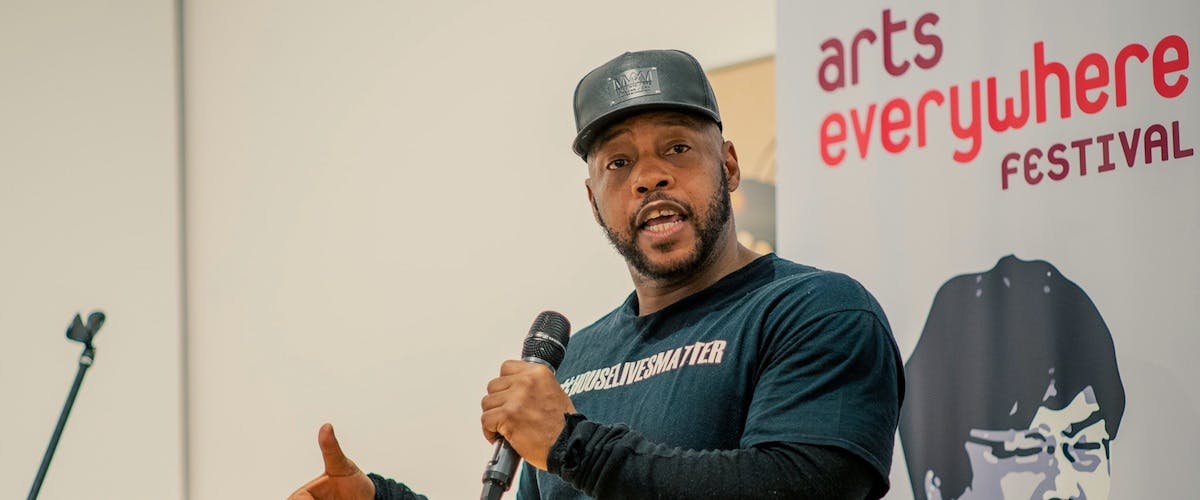
Michael Roberson at the 2018 ArtsEverywhere Festival
in the beginning of 2018 ArtsEverywhere festival in Guelph, Ontario, has started with a speech by our iconic comrade Michael Roberson, activist, historiographer of the house\ballroom community, artist, member of many organizations and father of dozen of houses. Free Home University is proud to announce that 2019 festival will start with an activation by Alessandra Pomarico co-piloted by Nikolay





